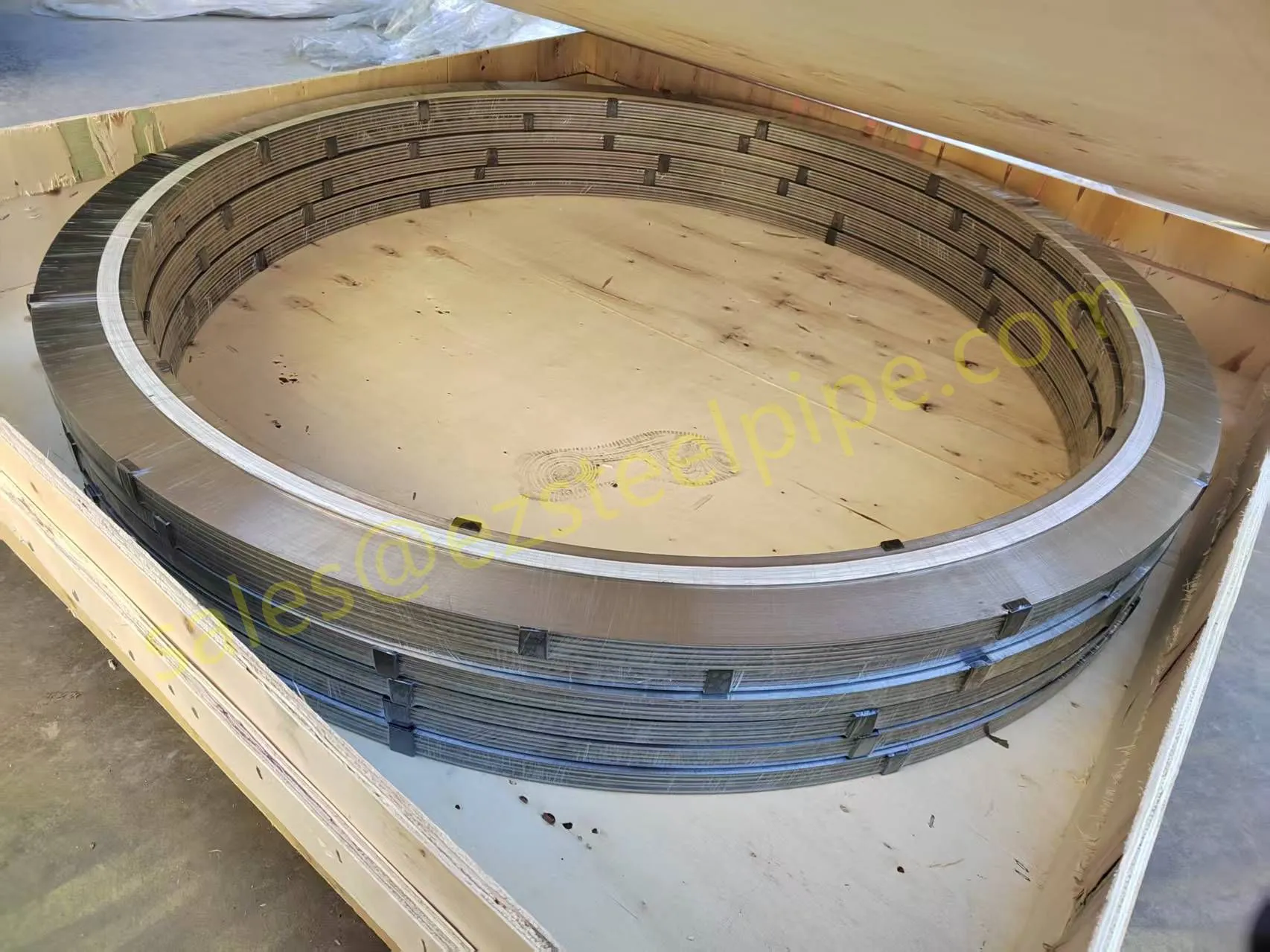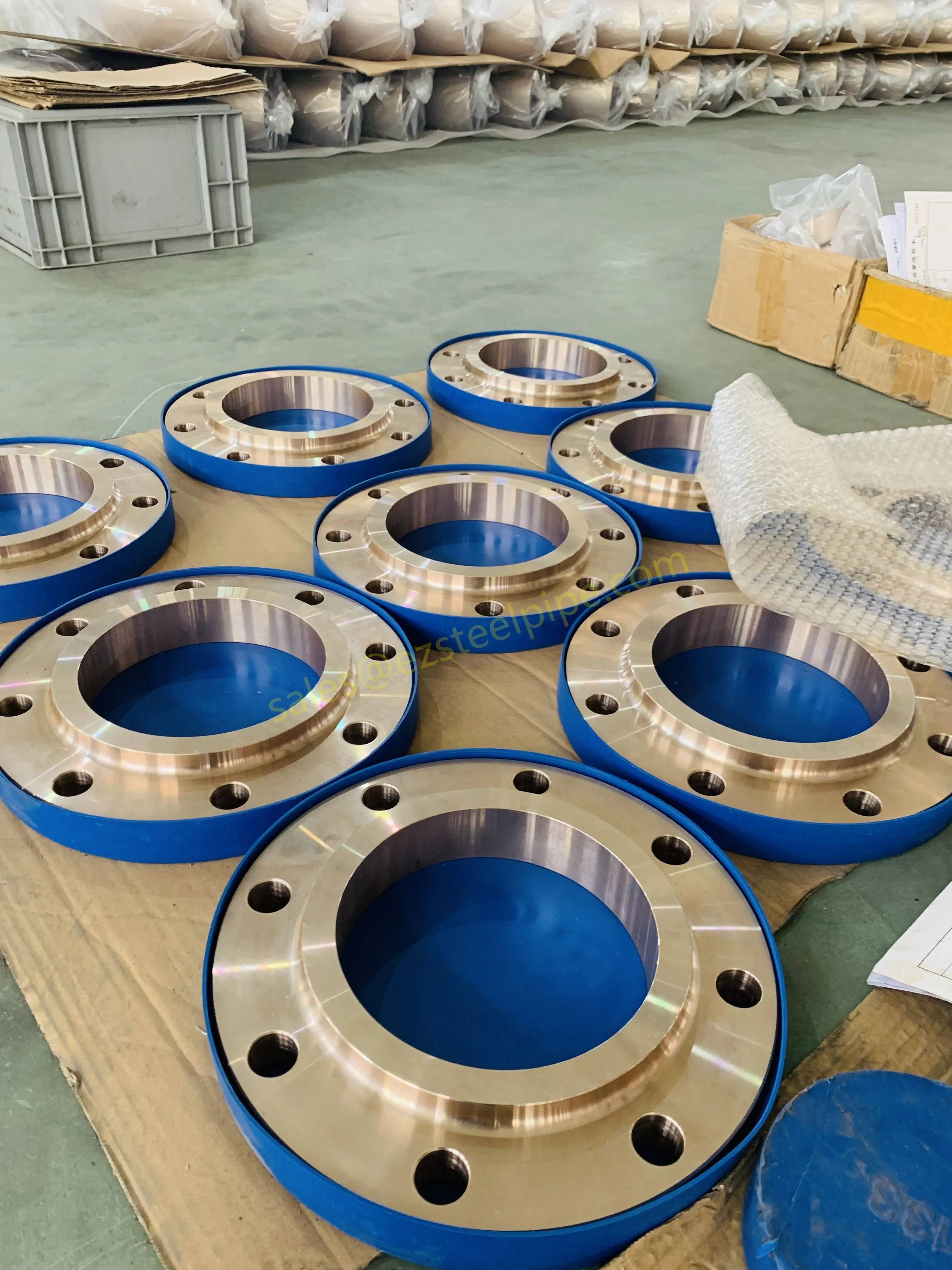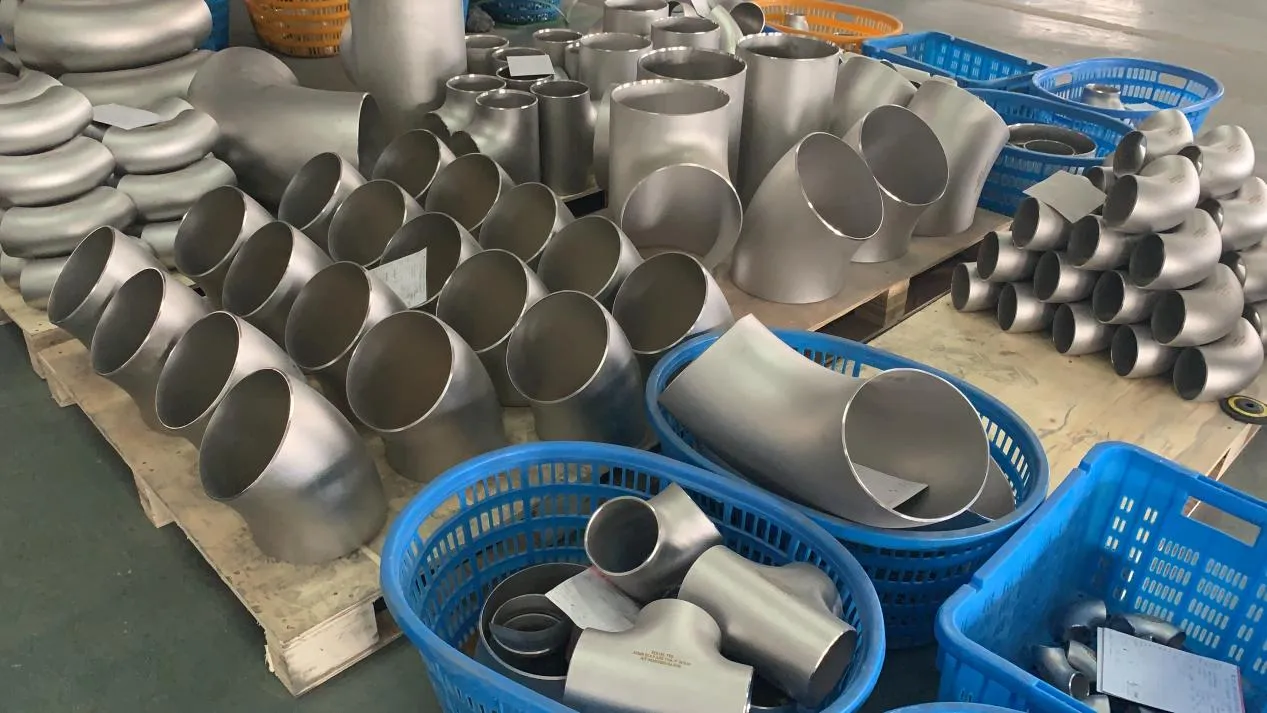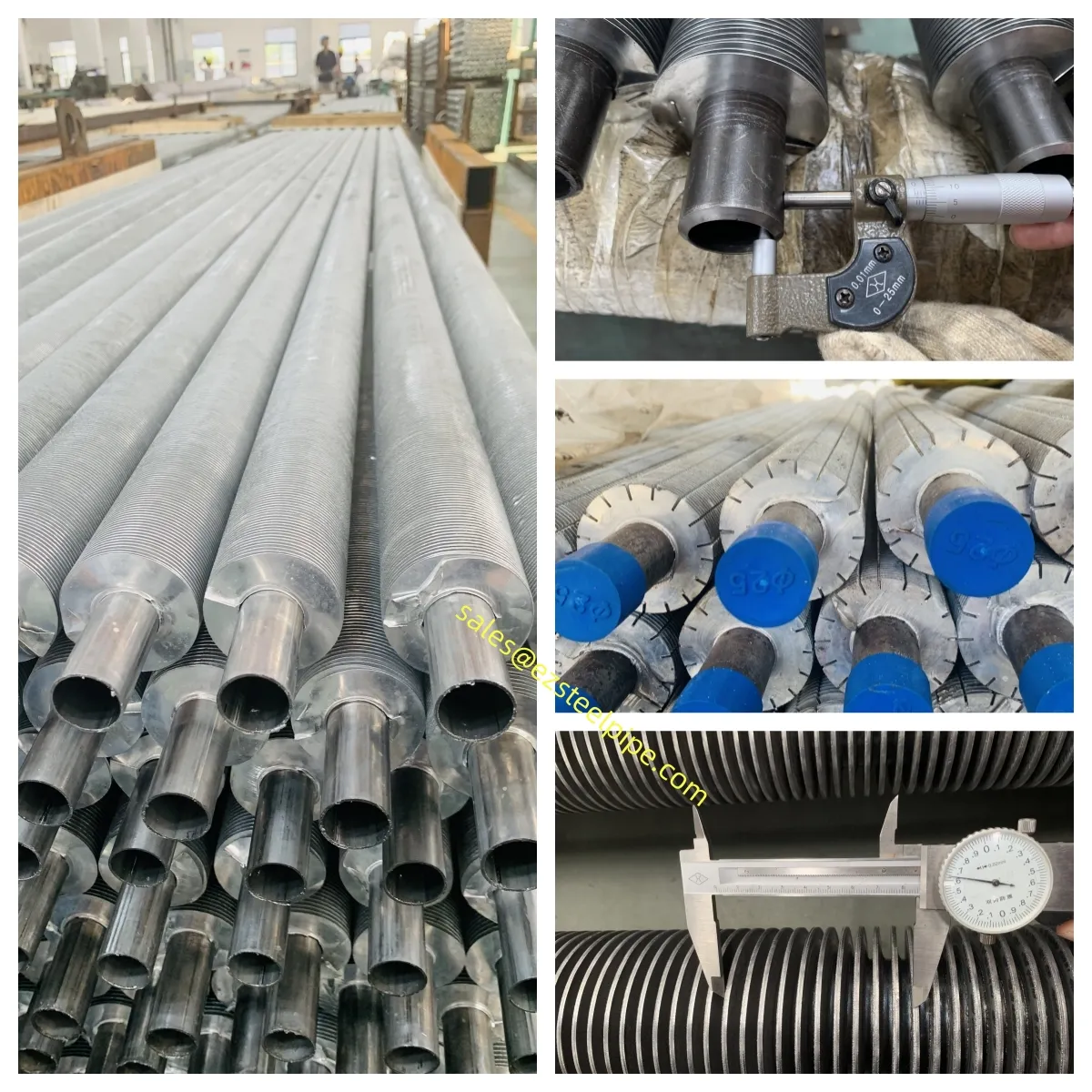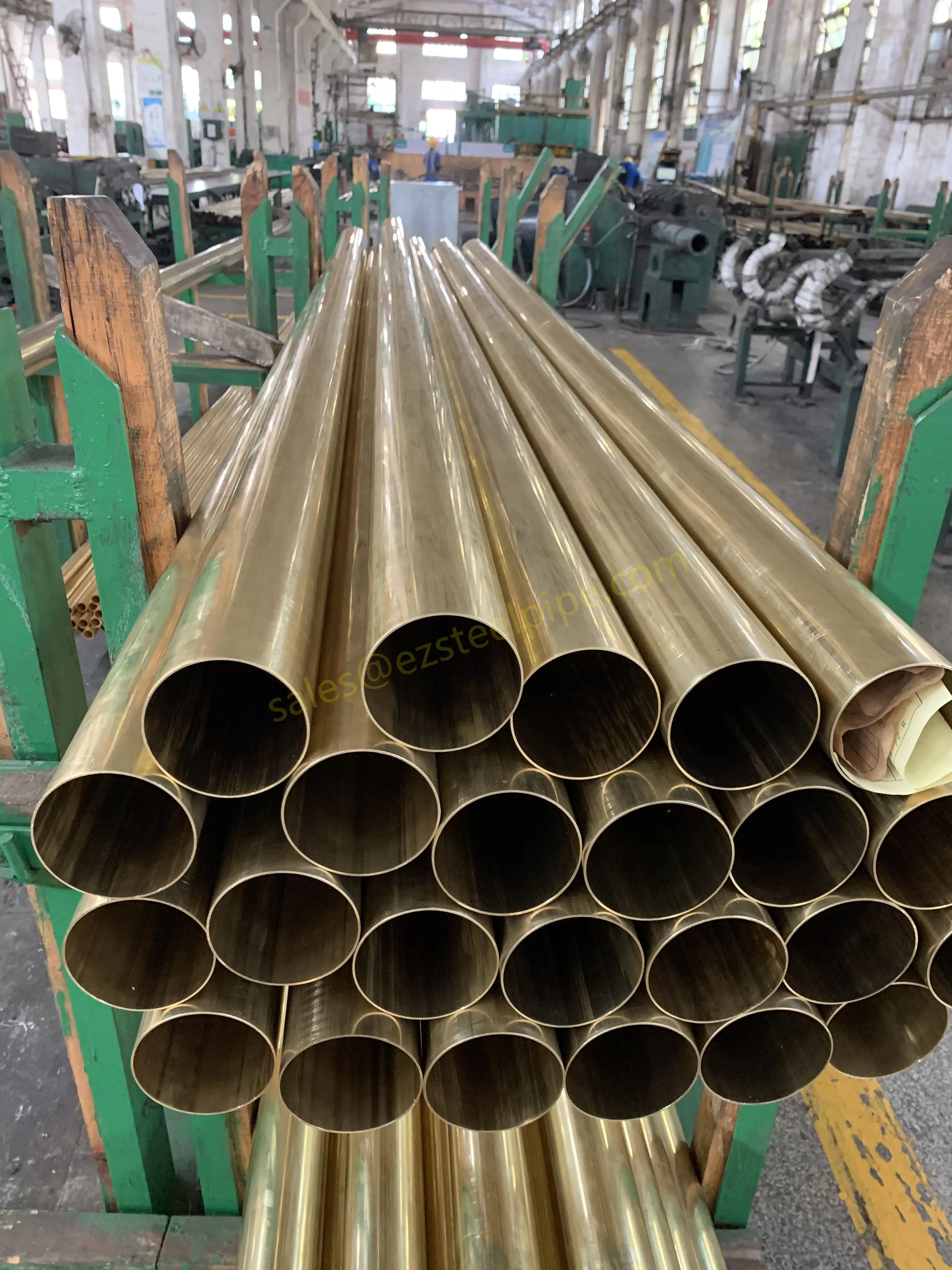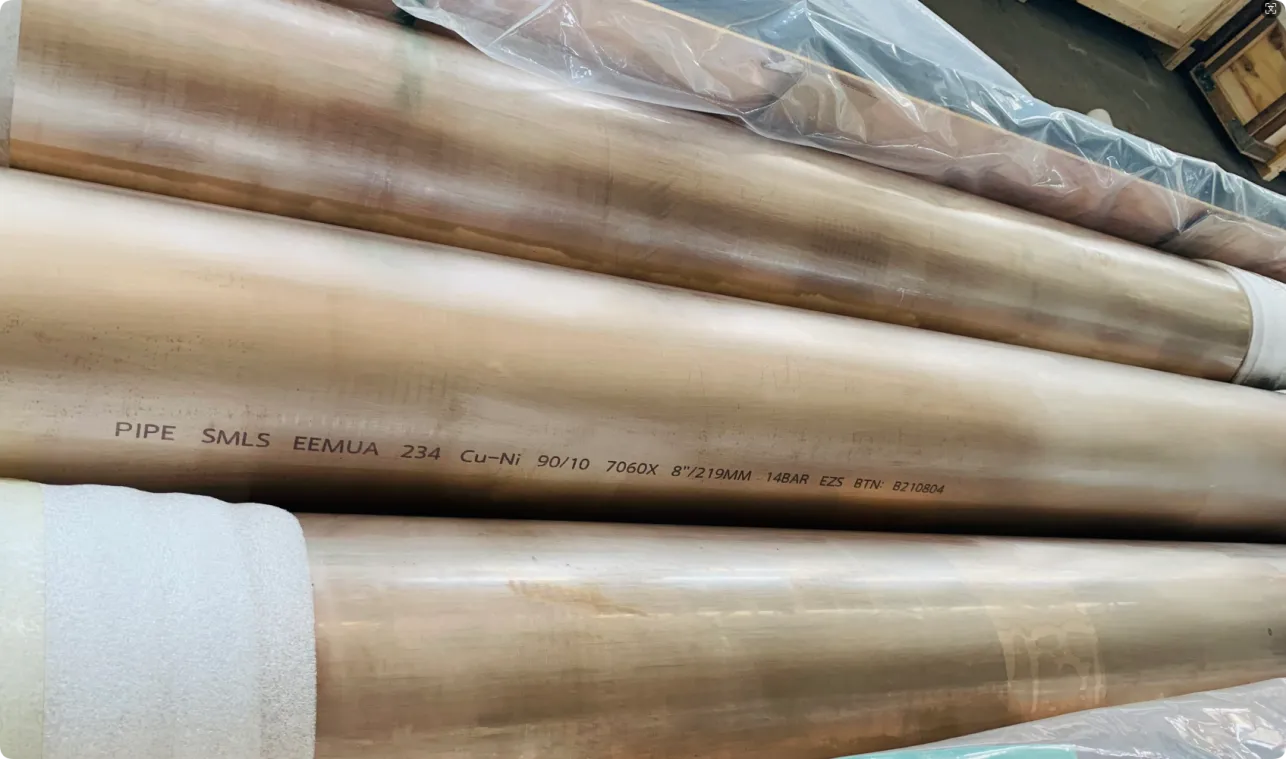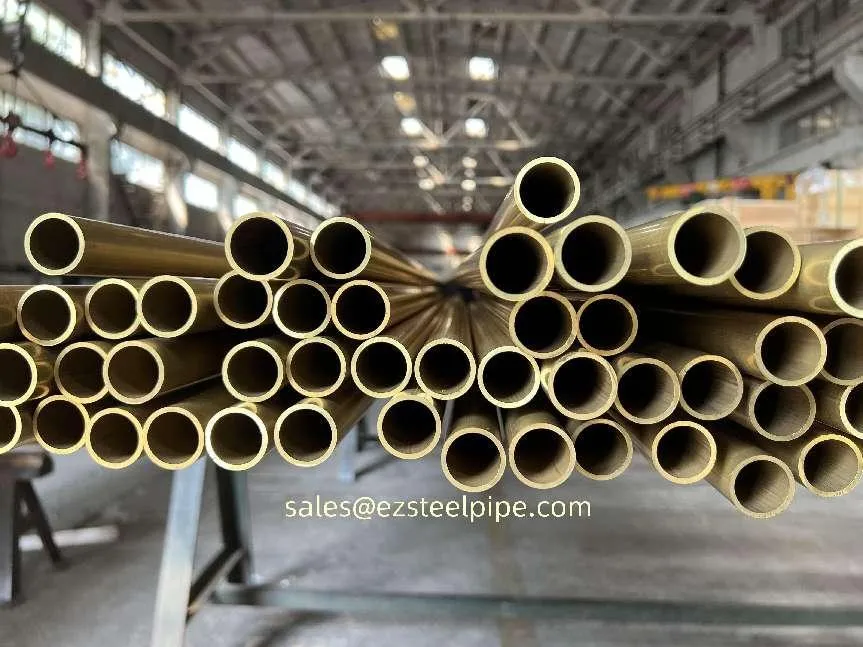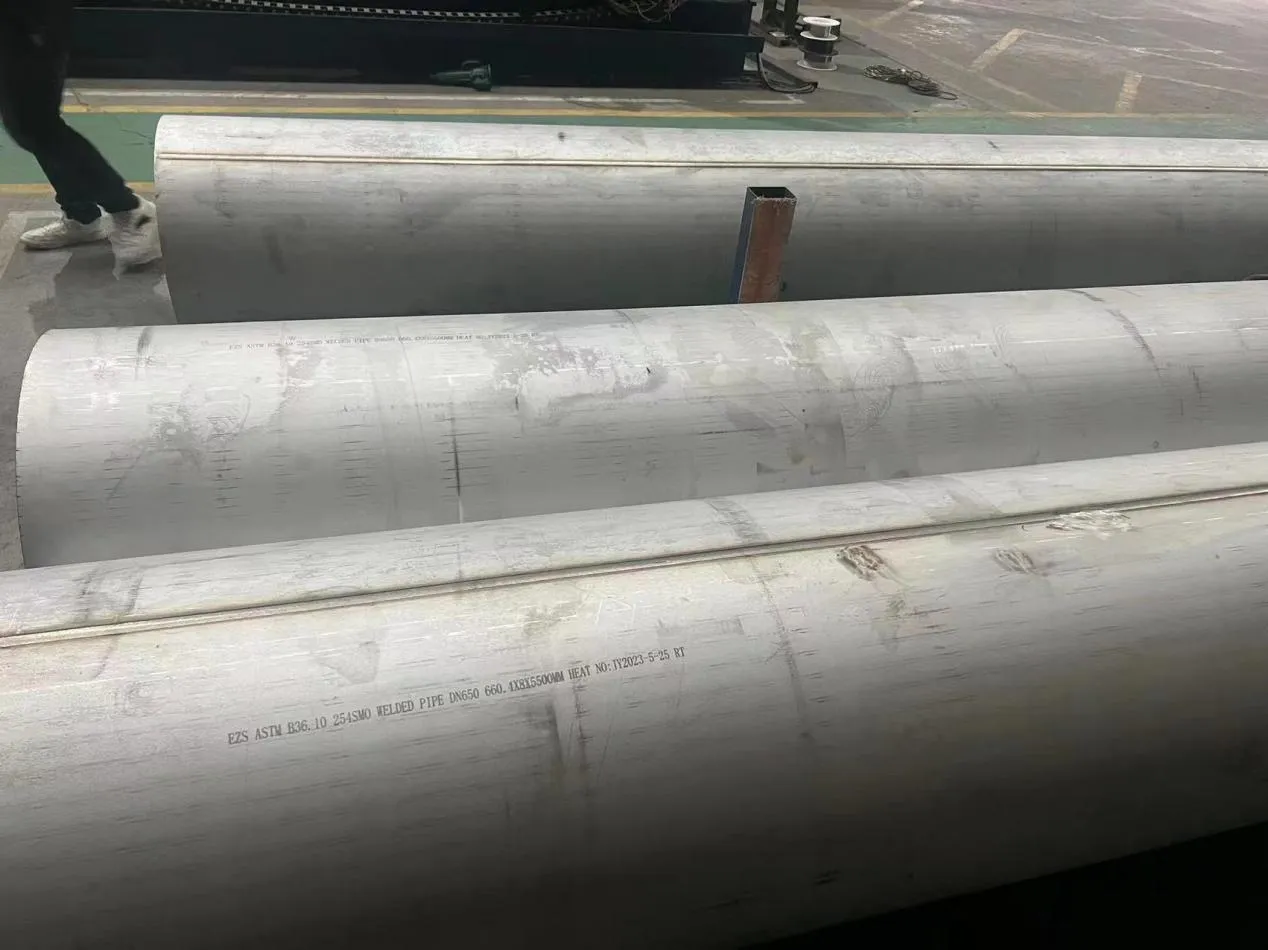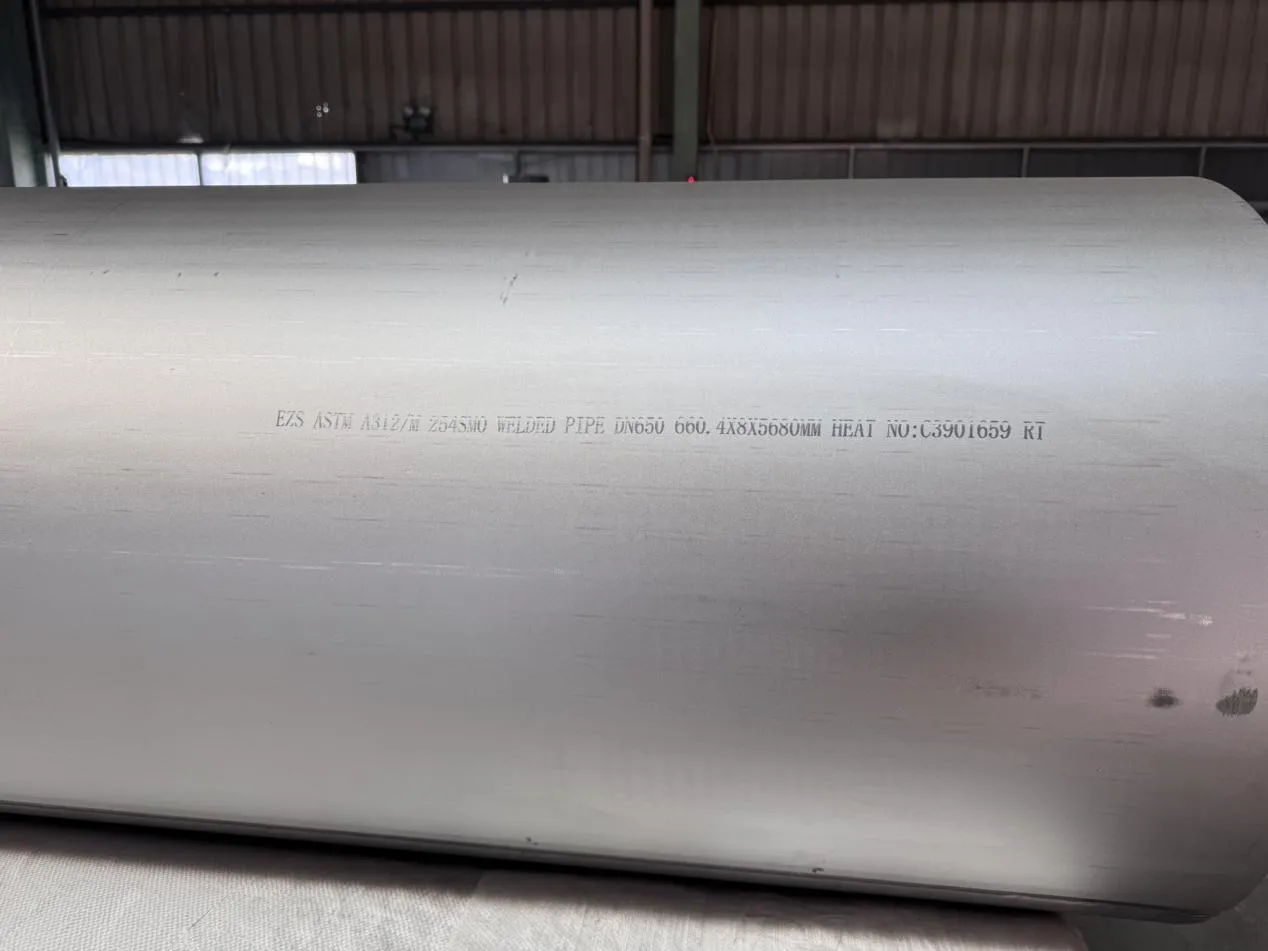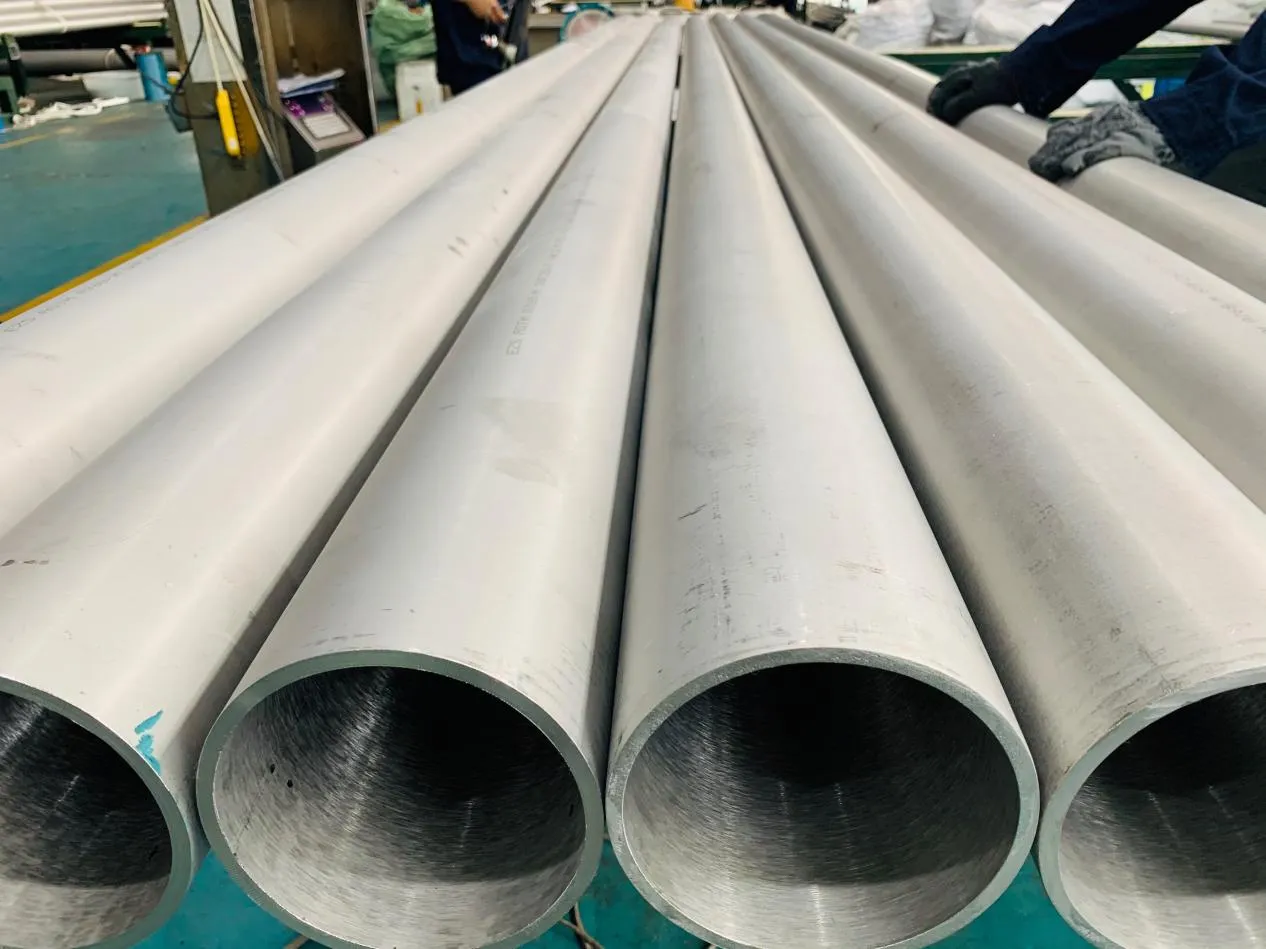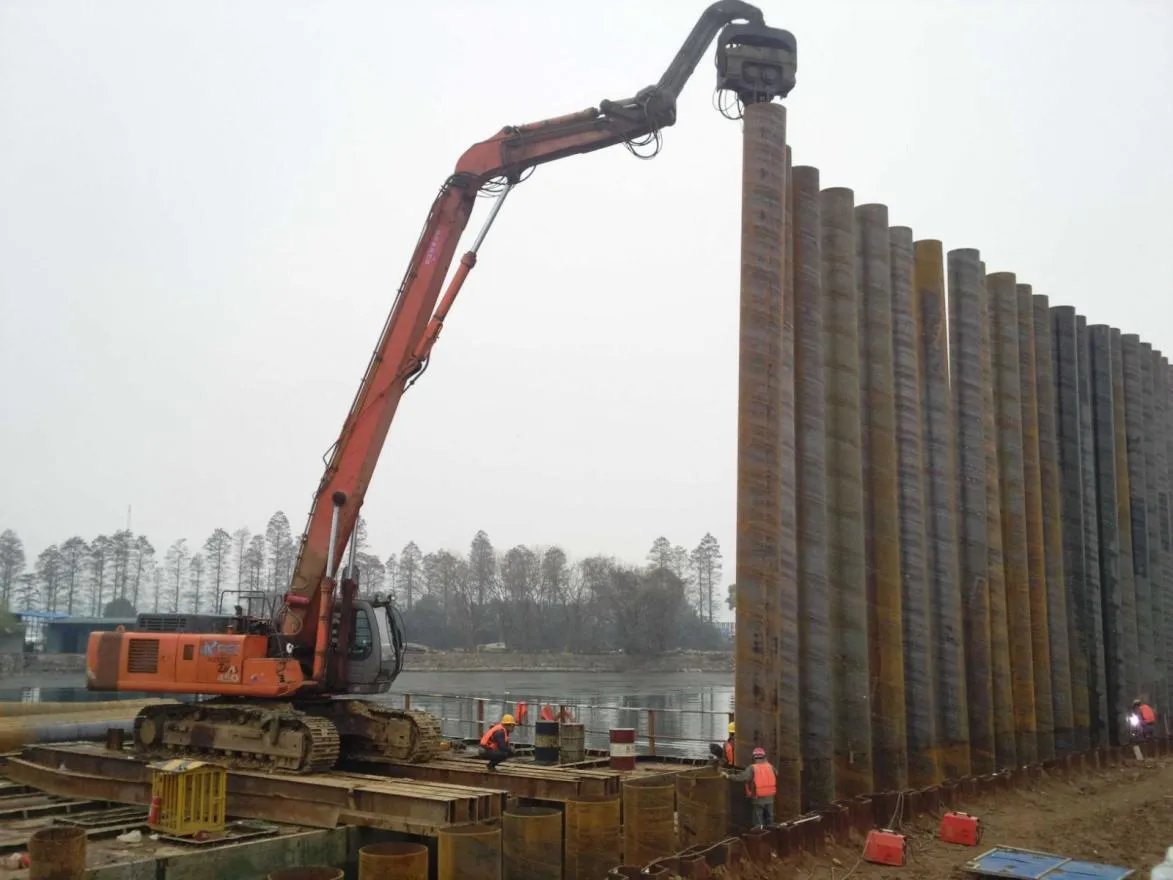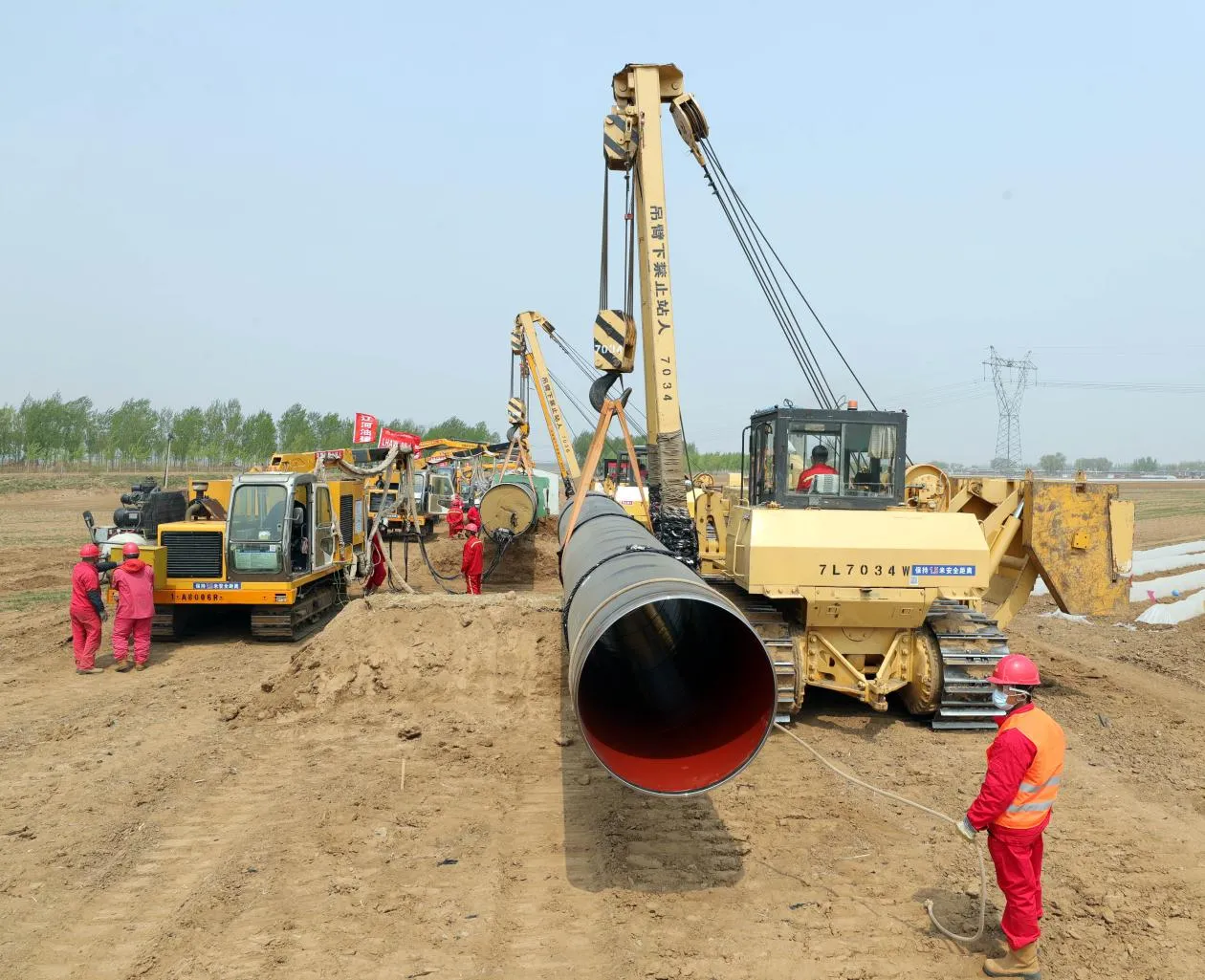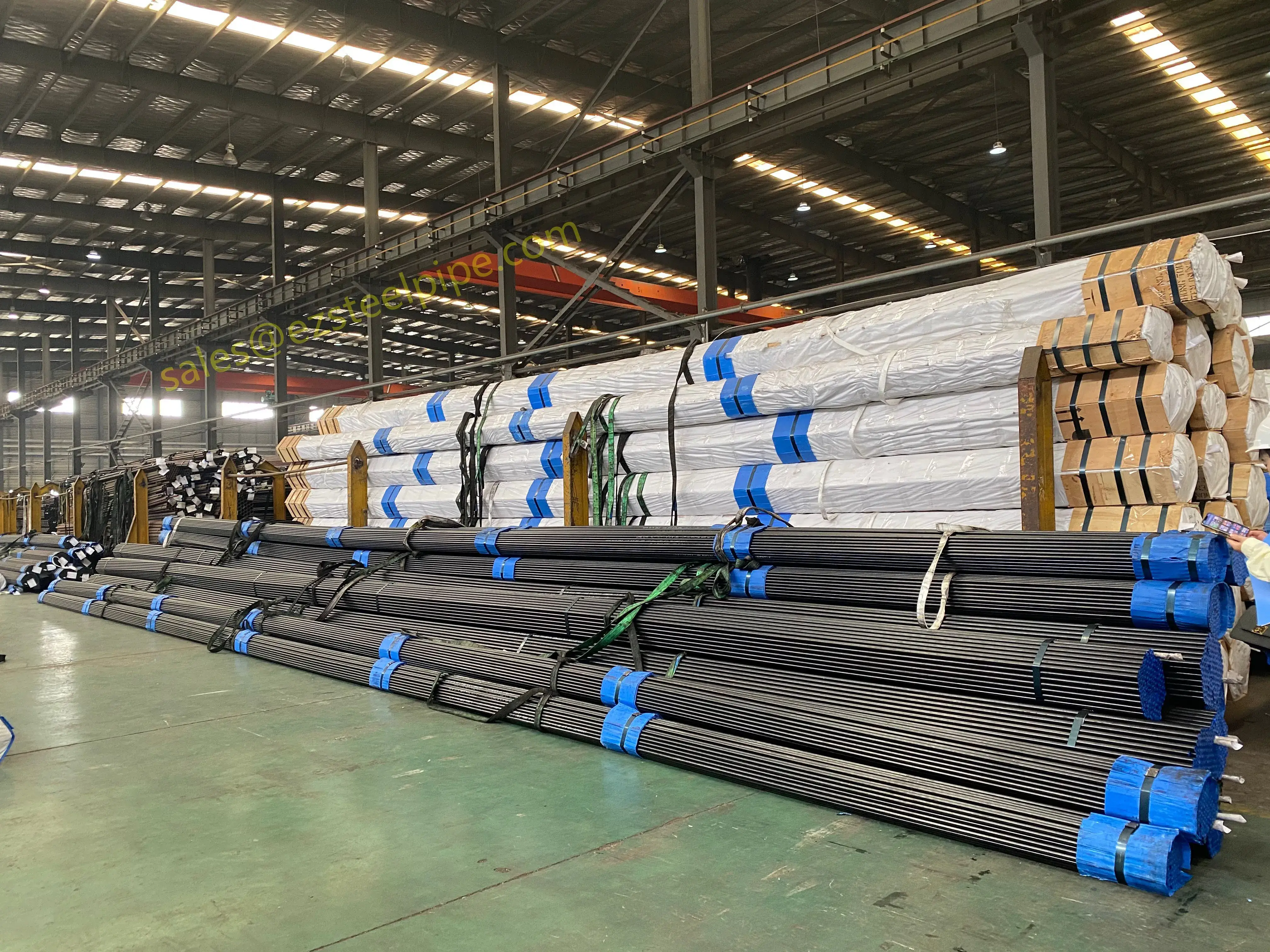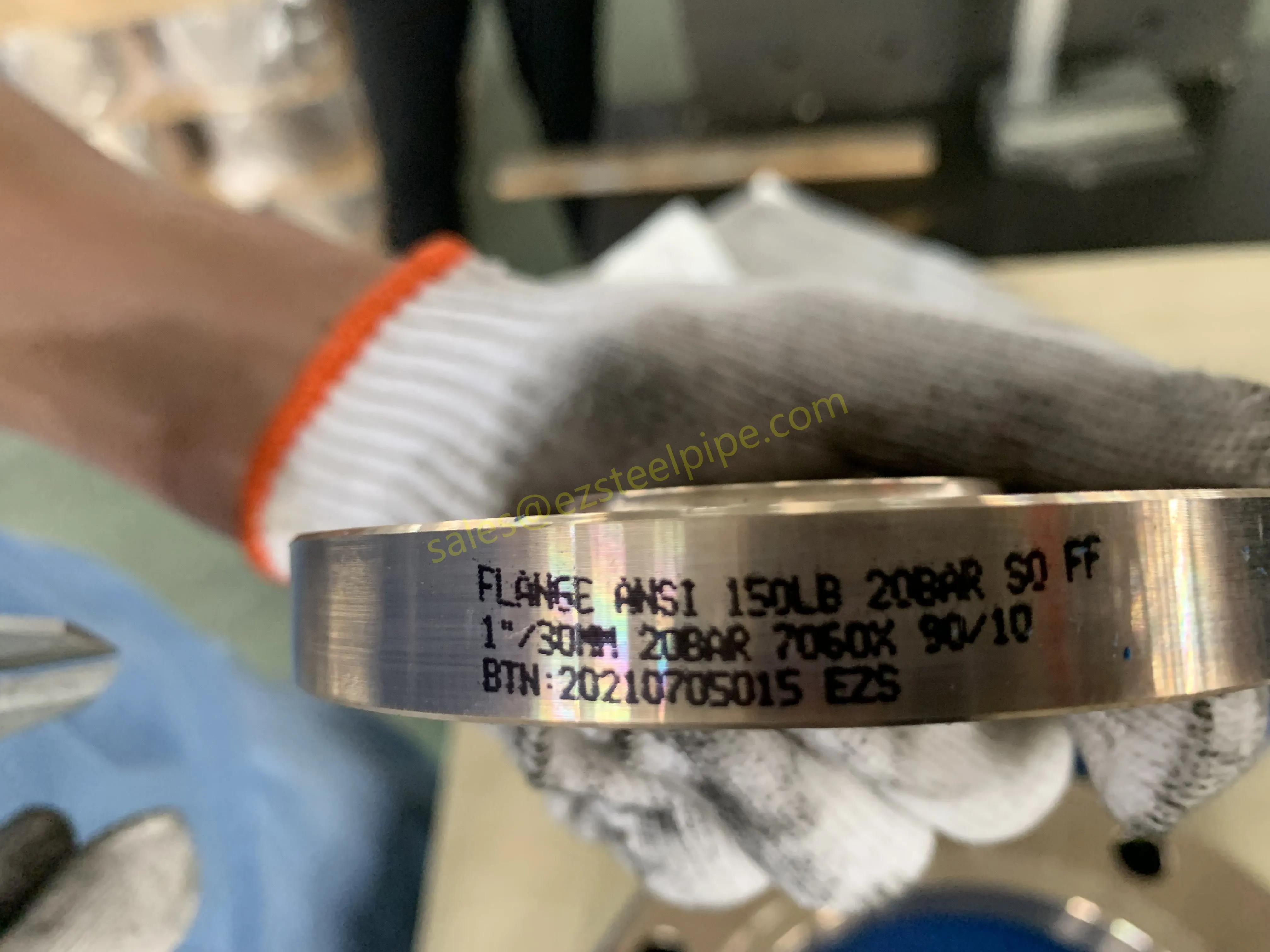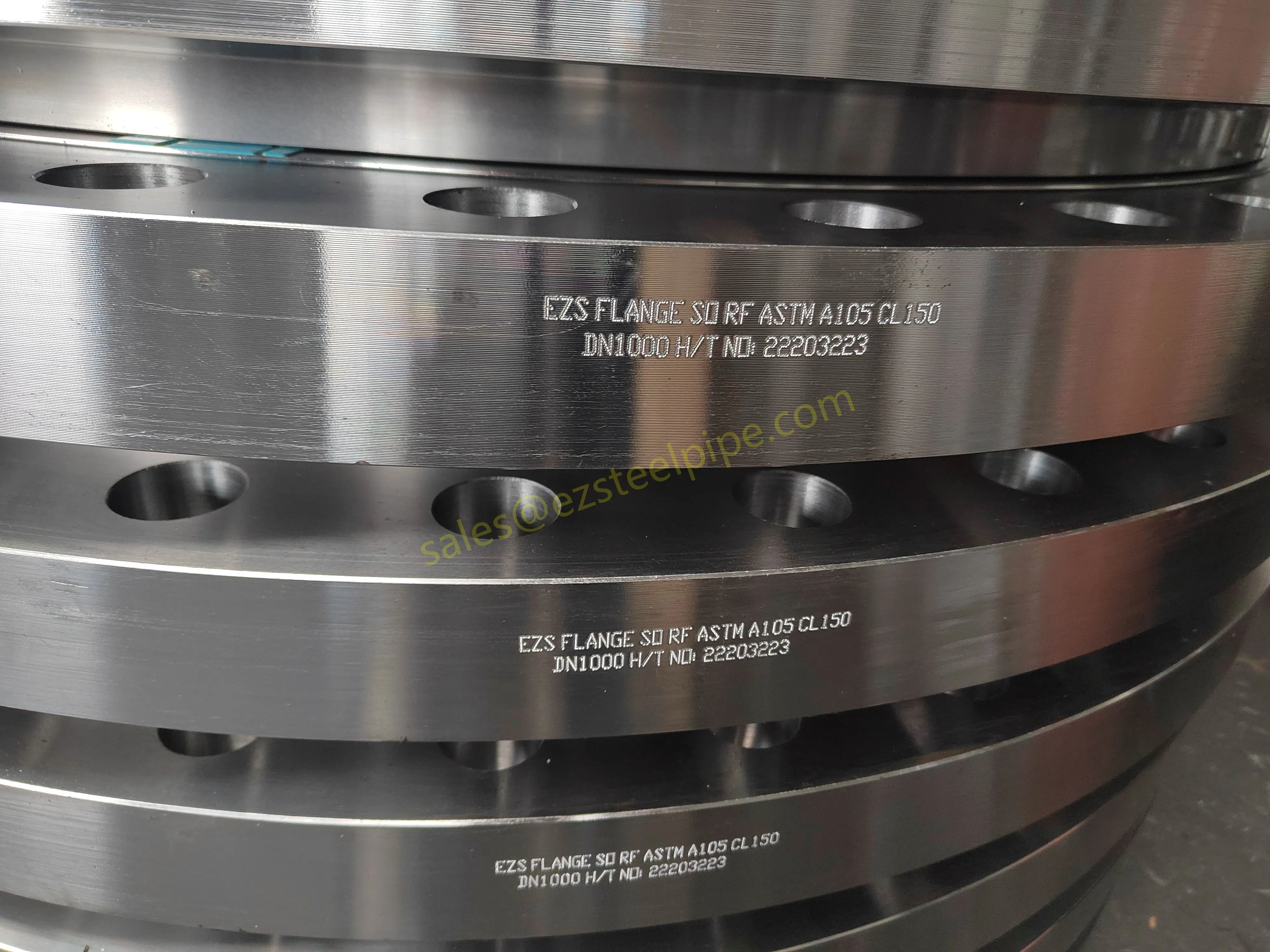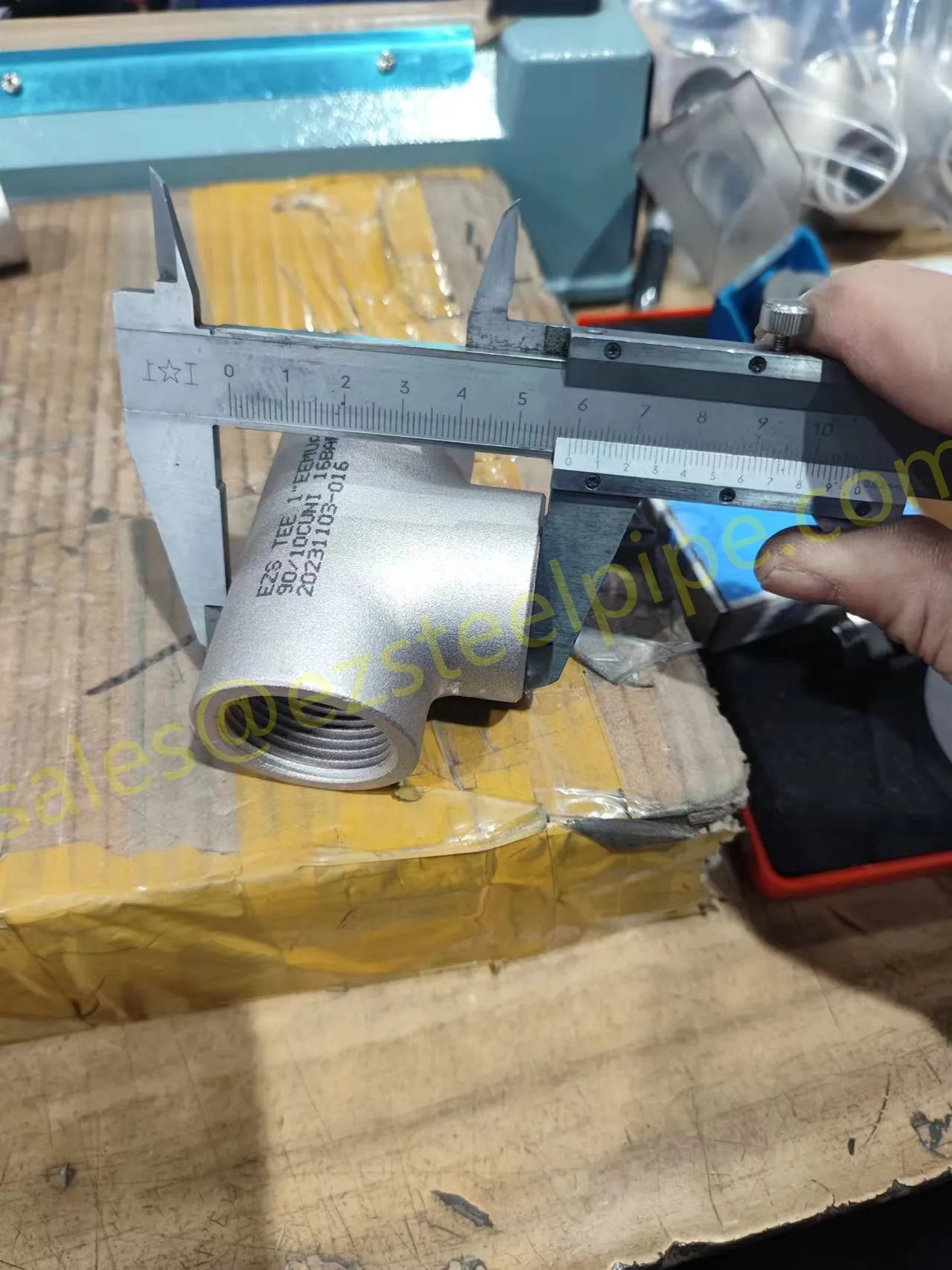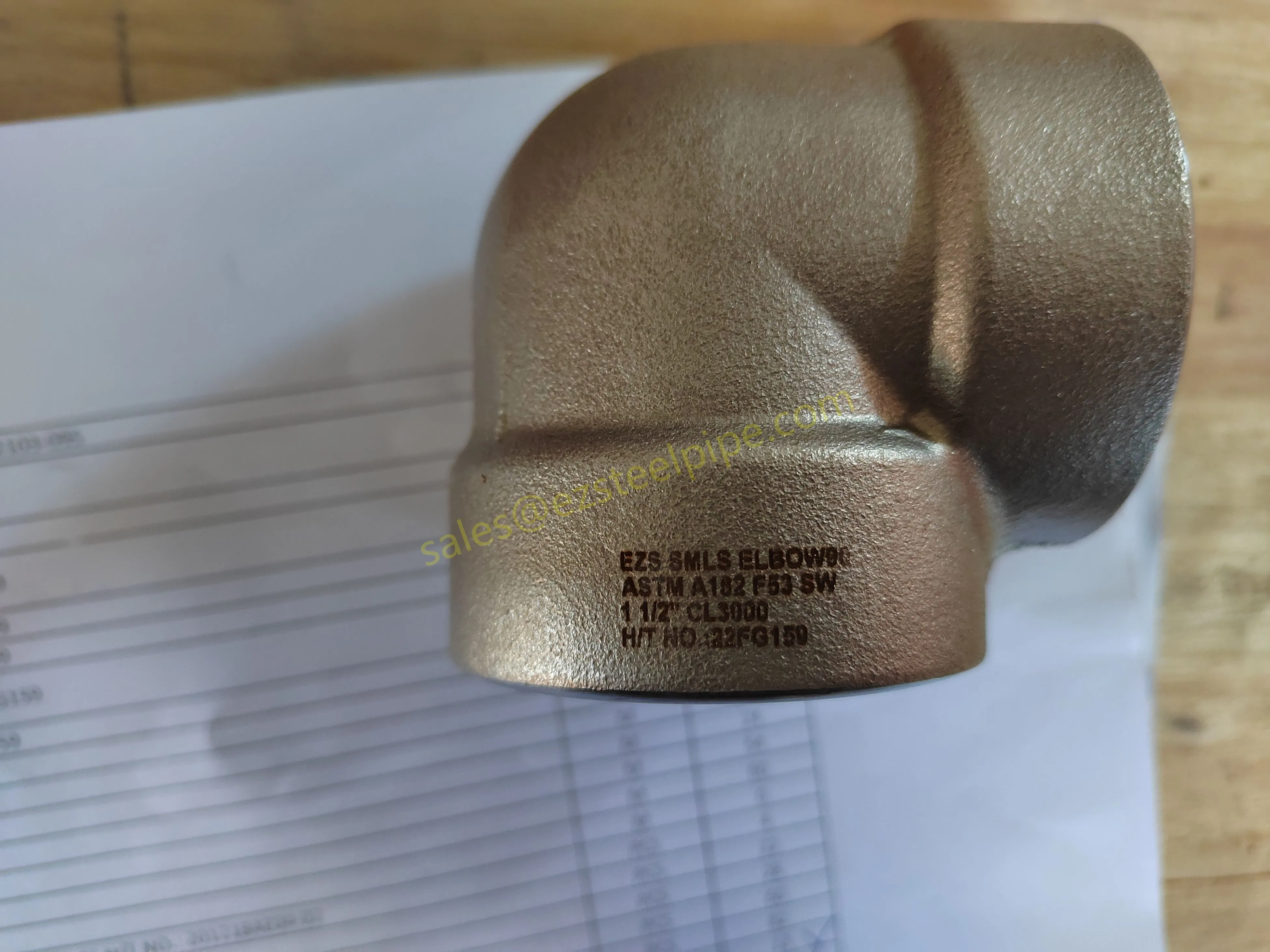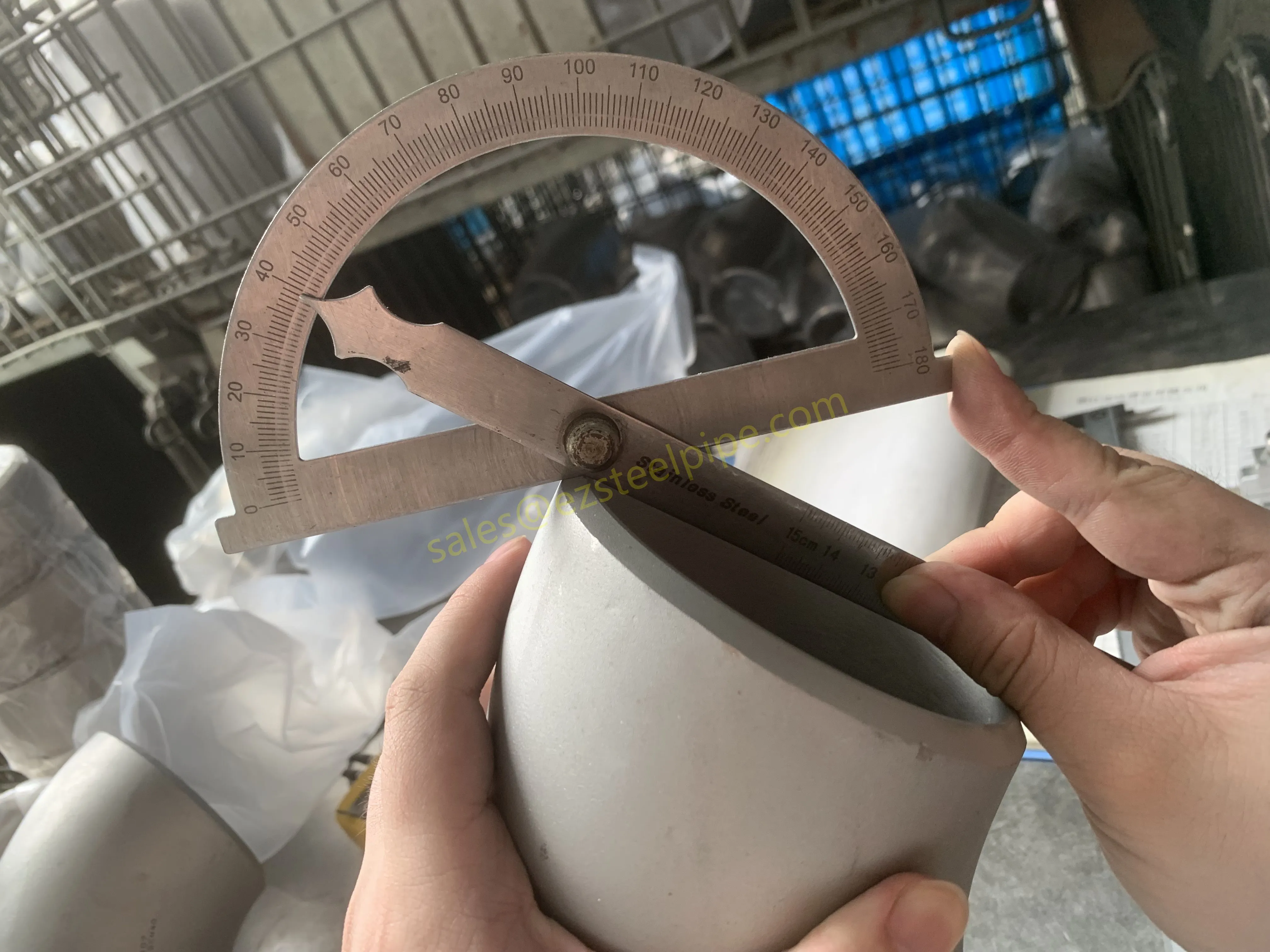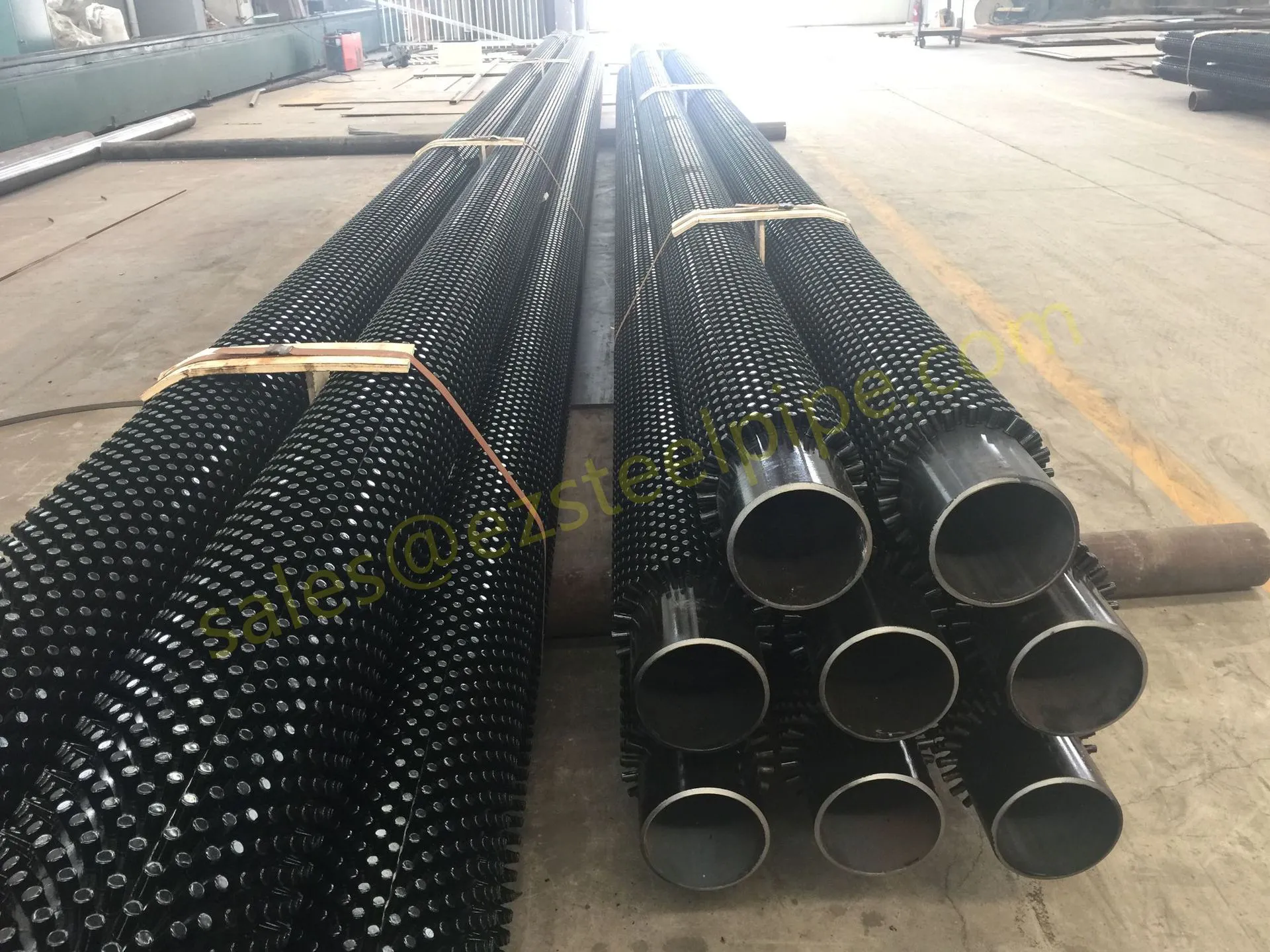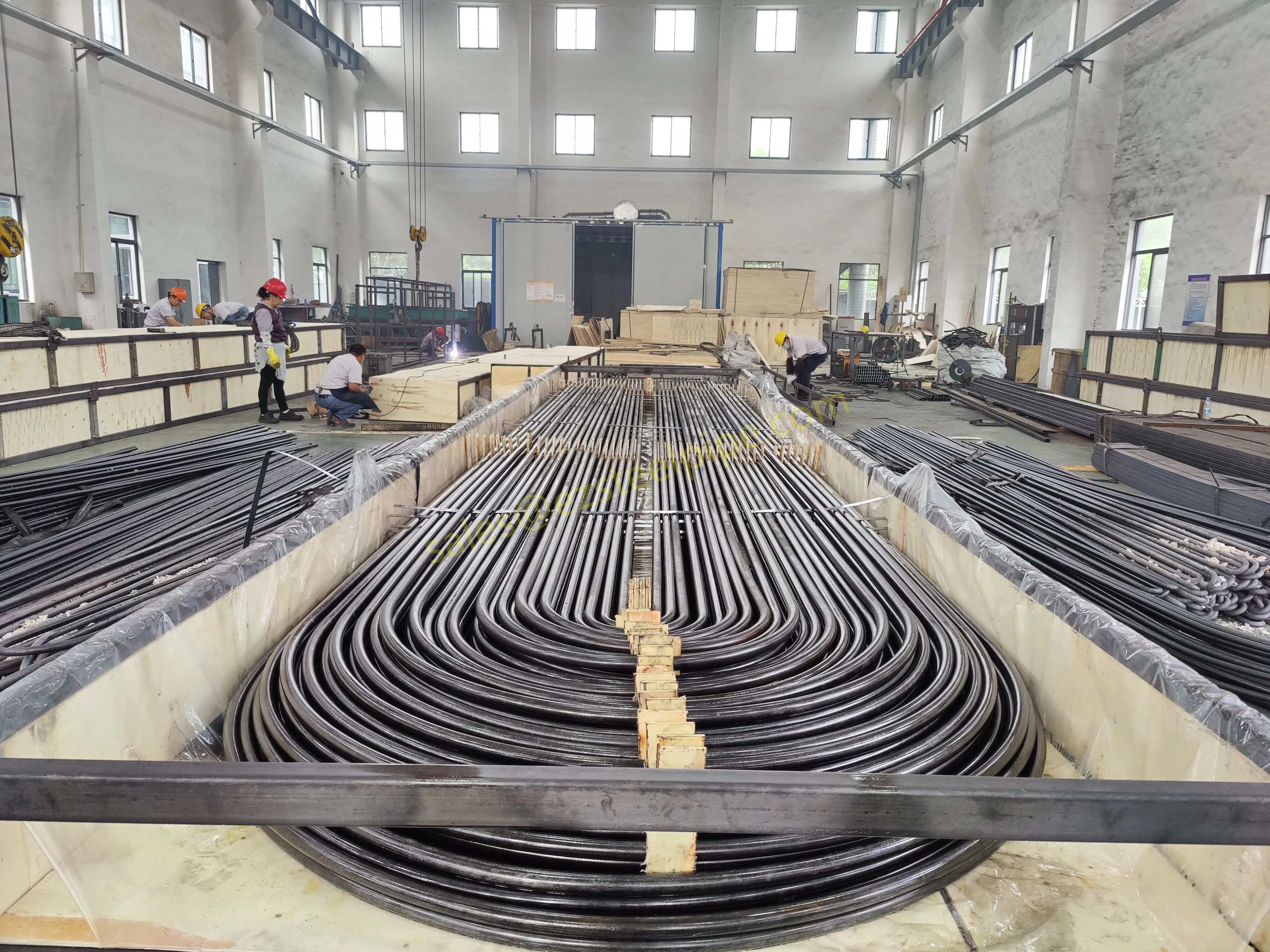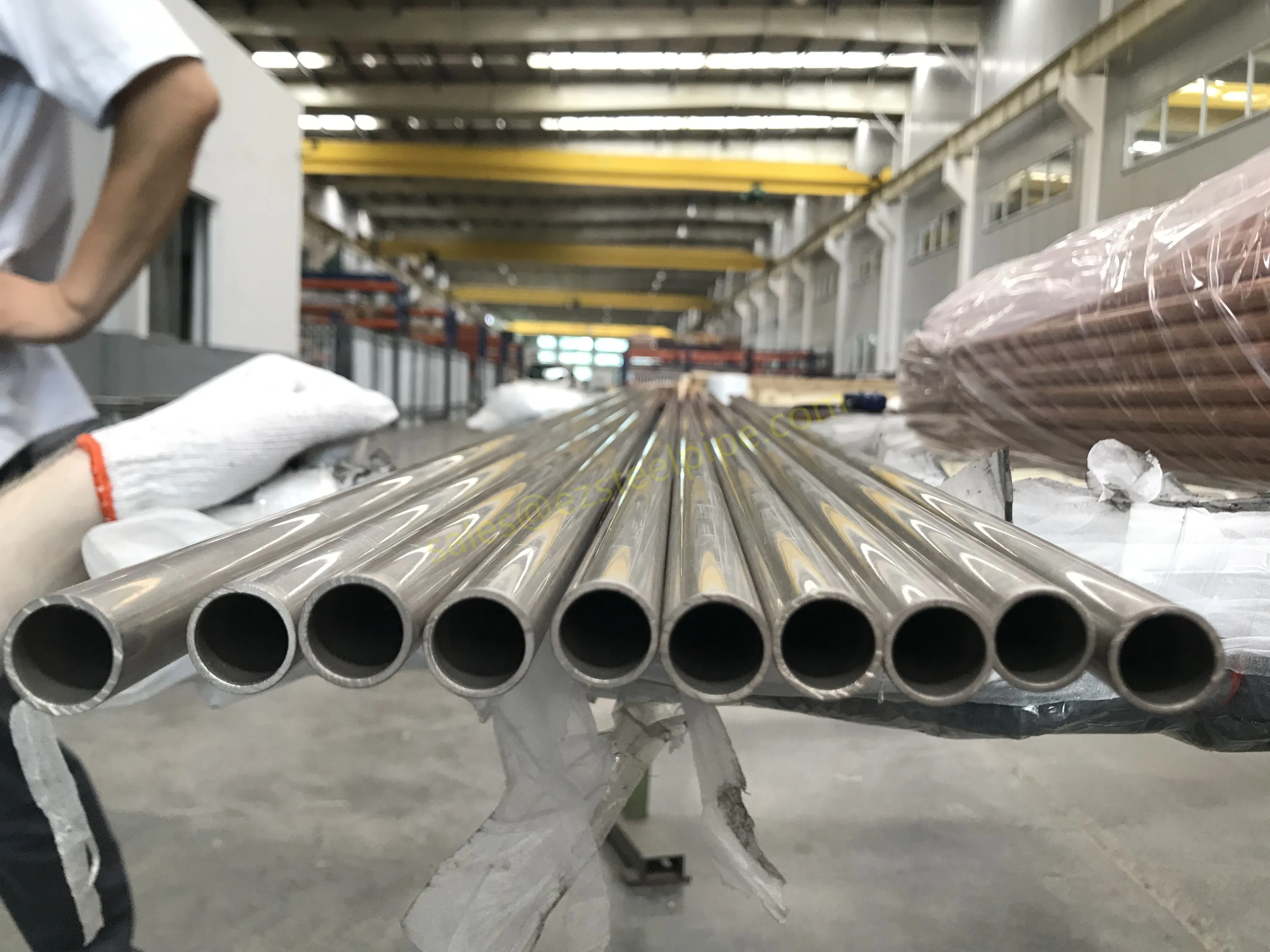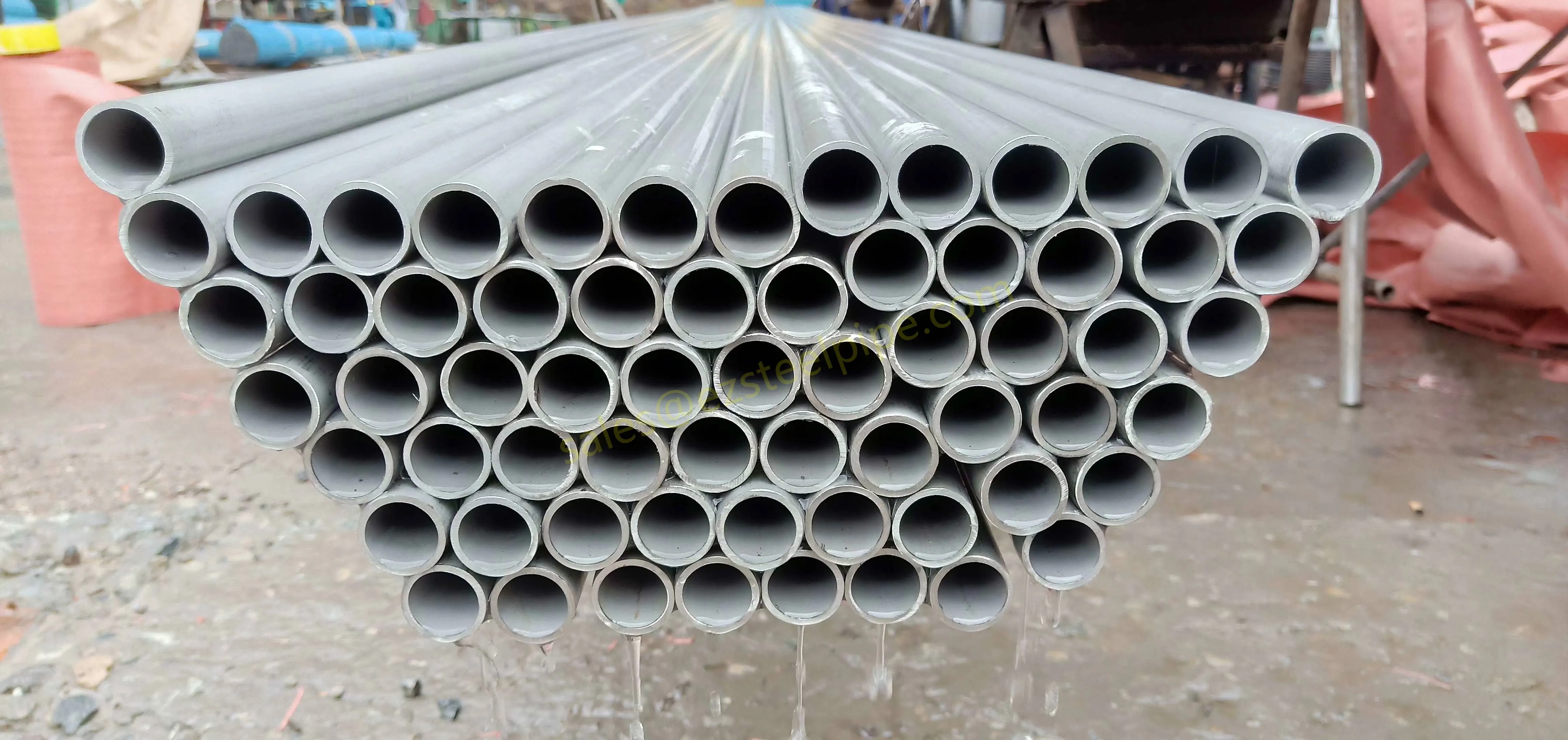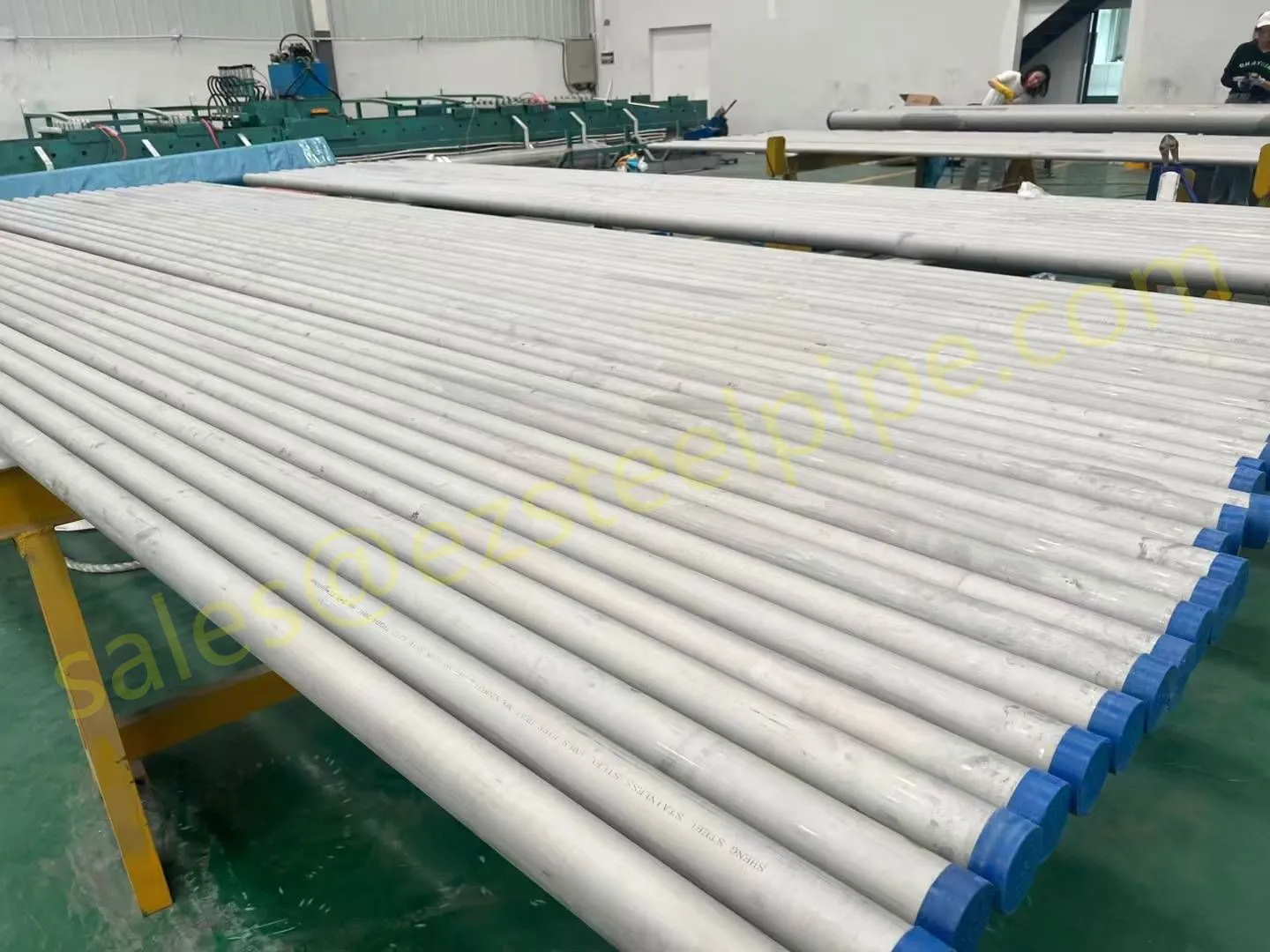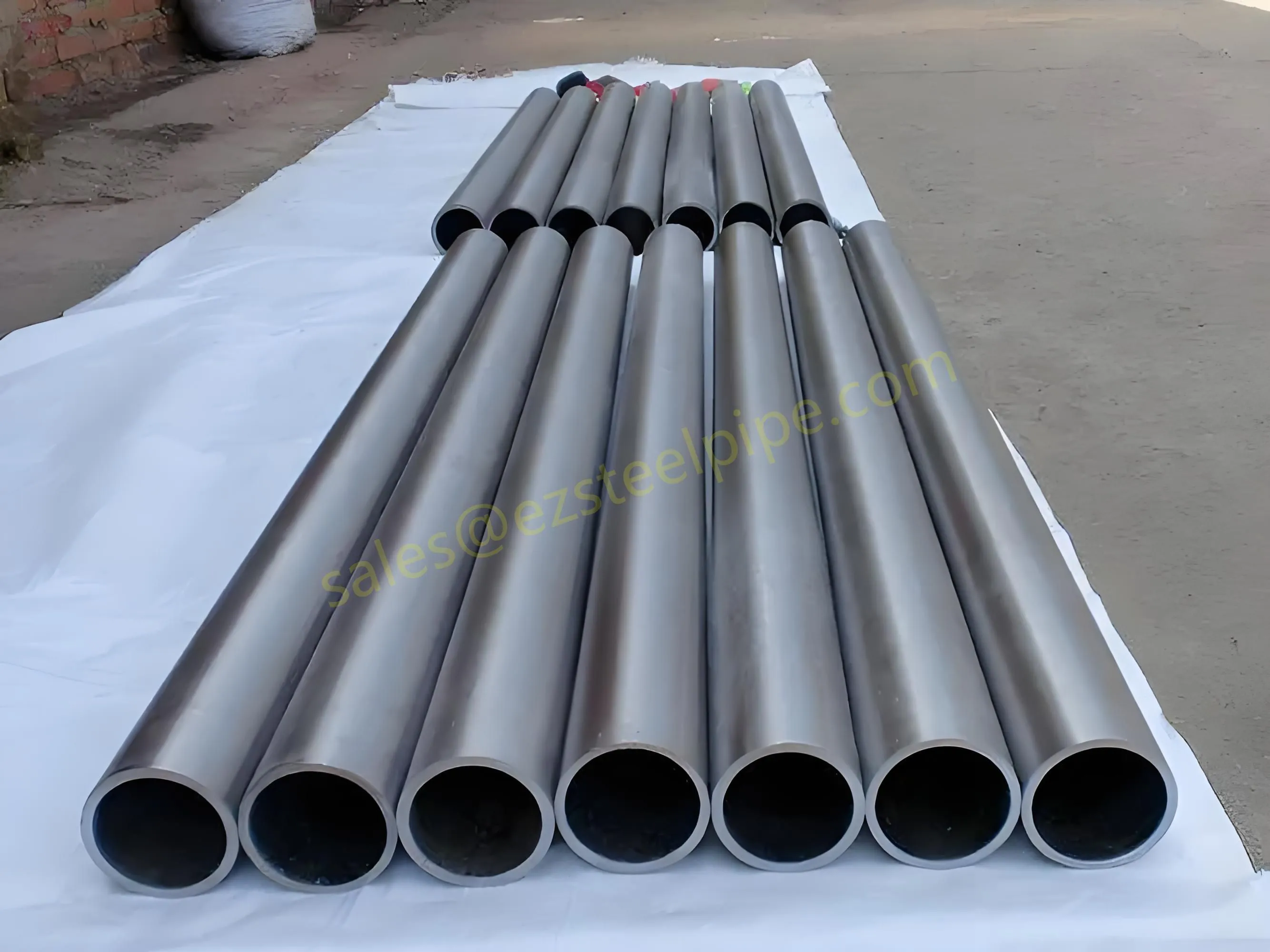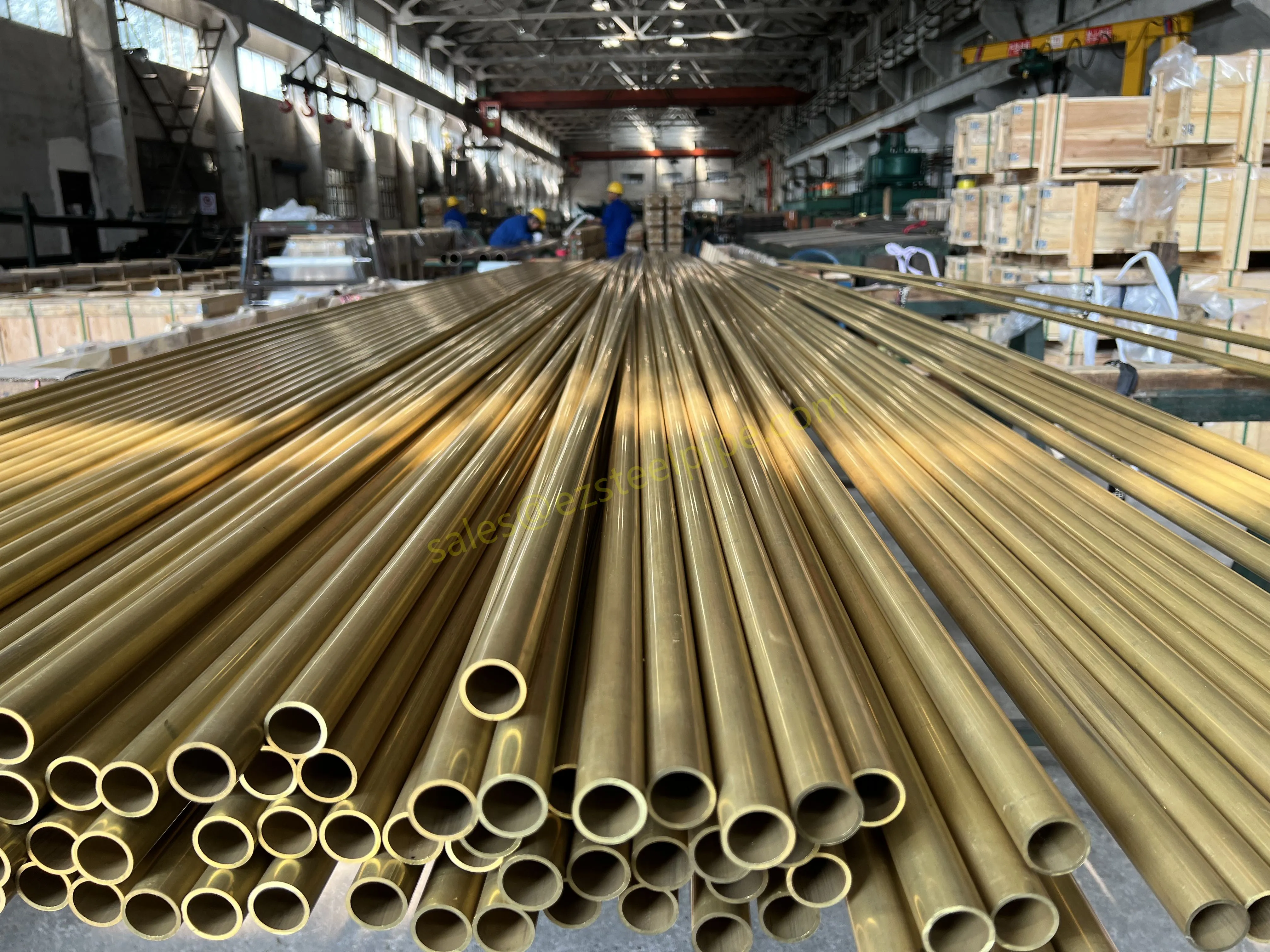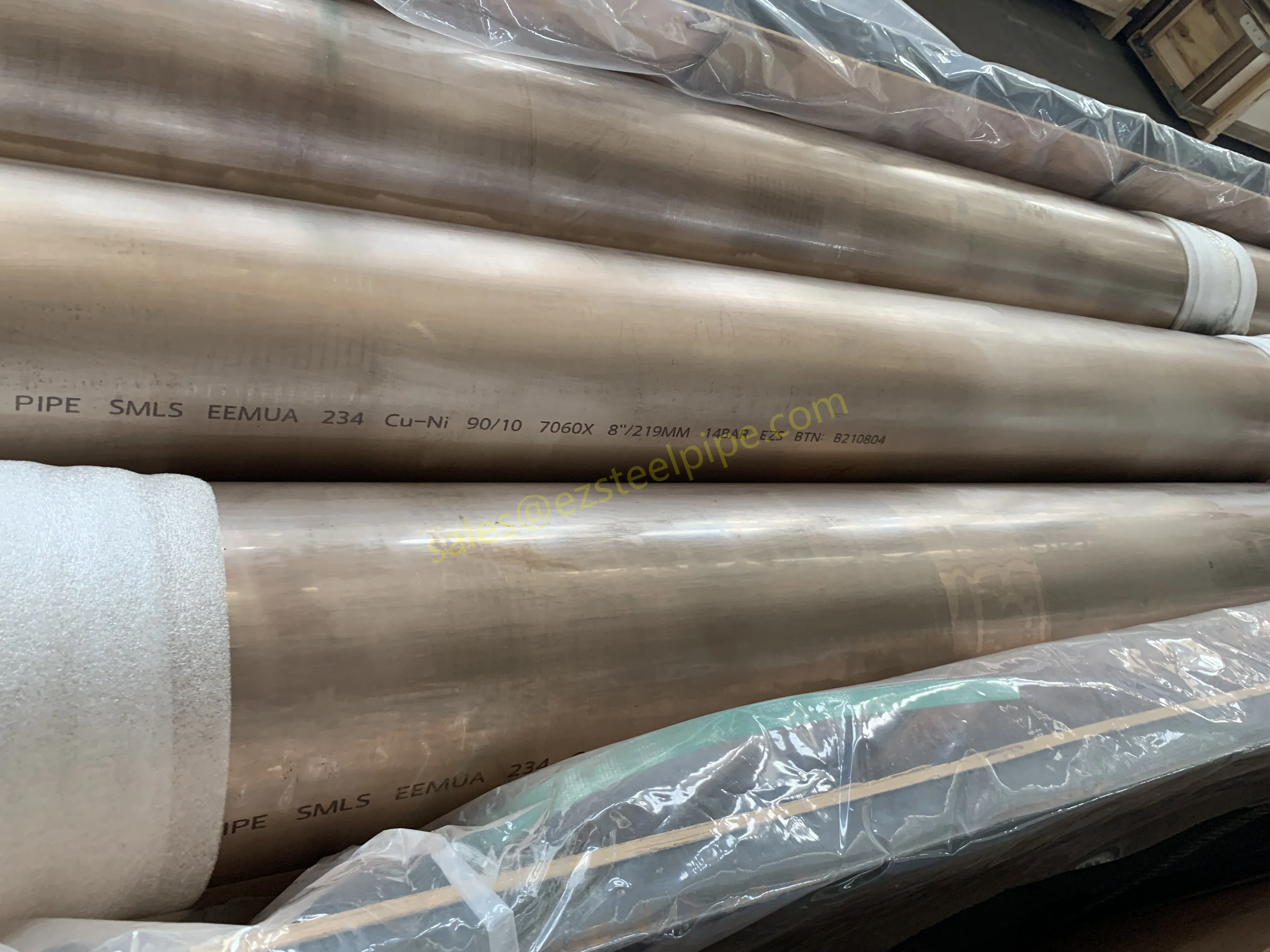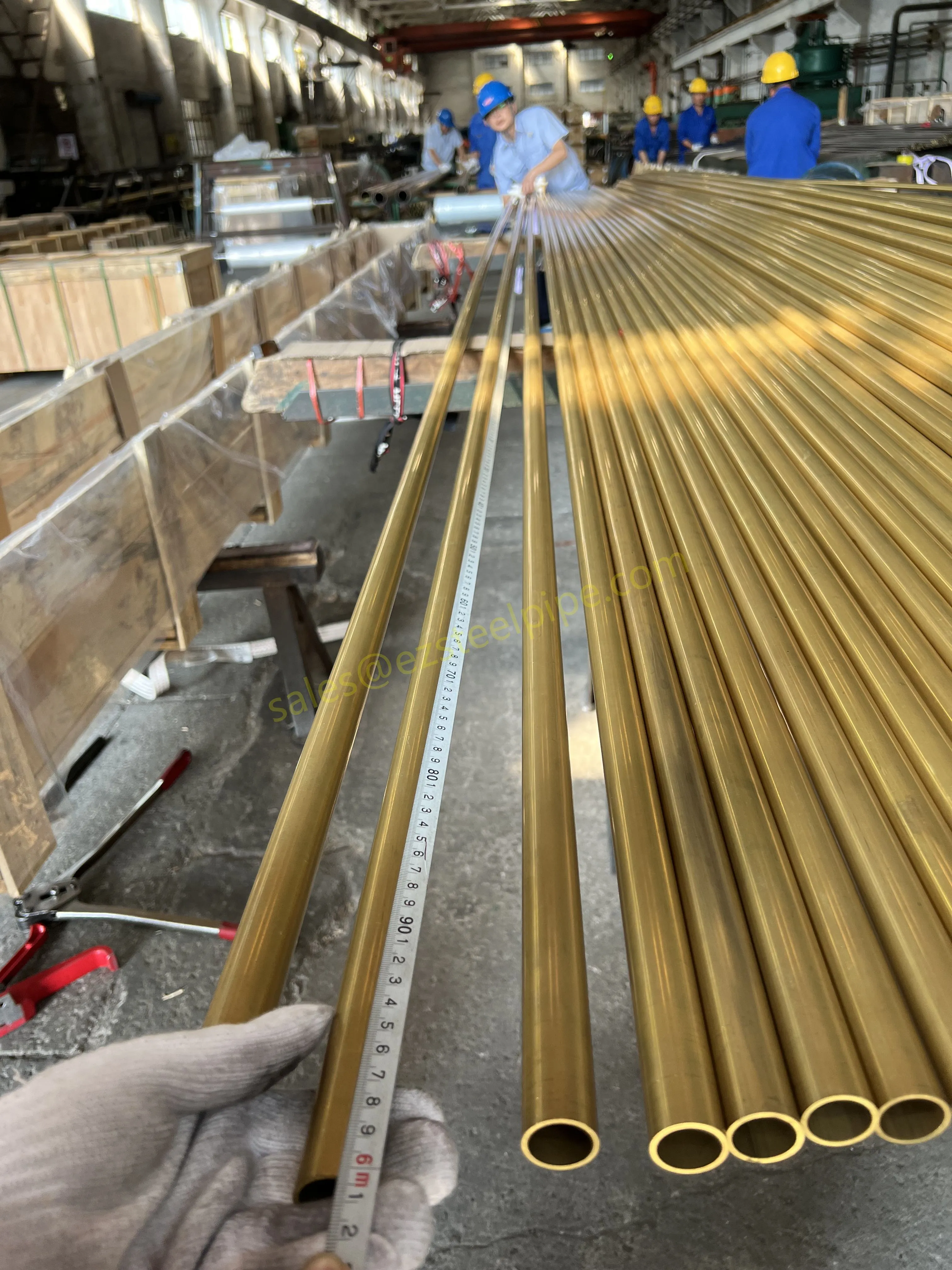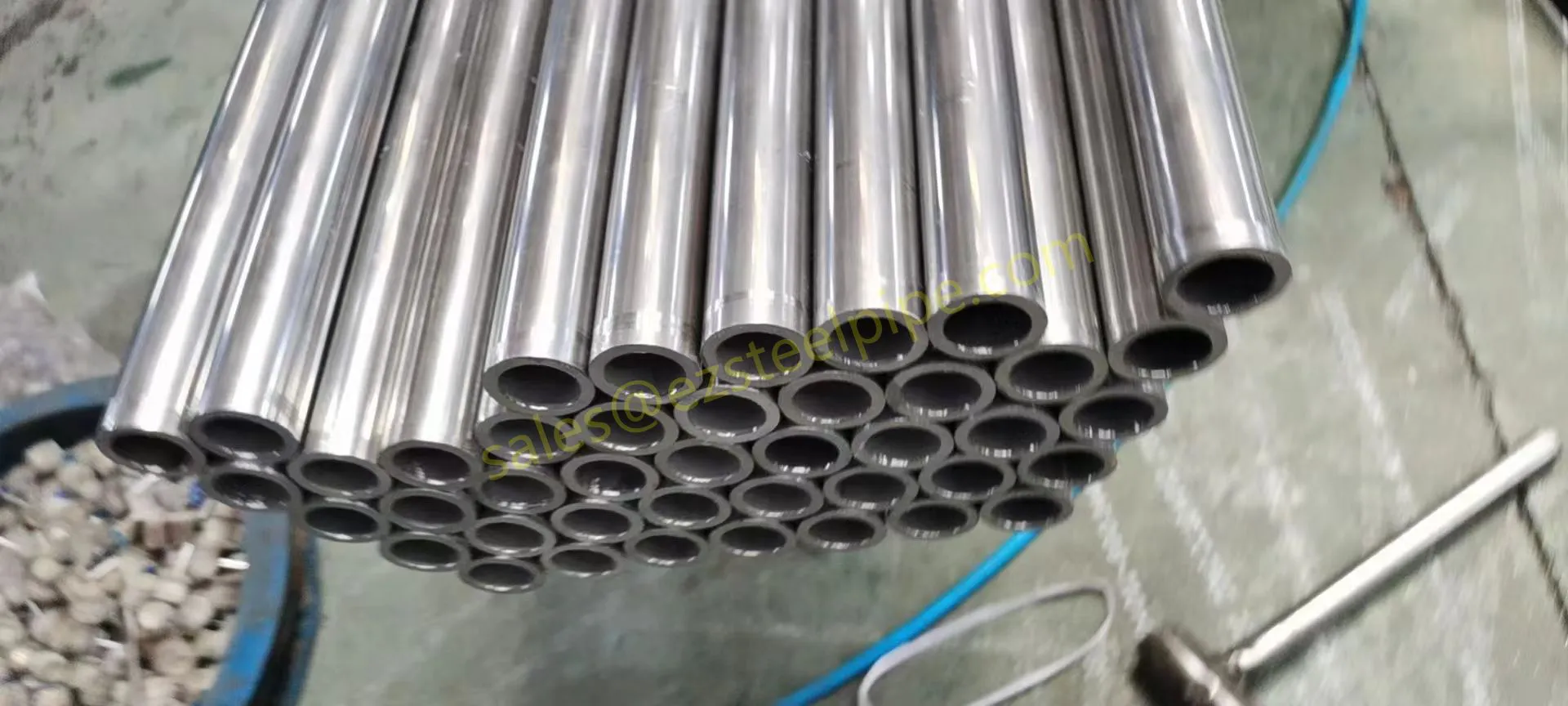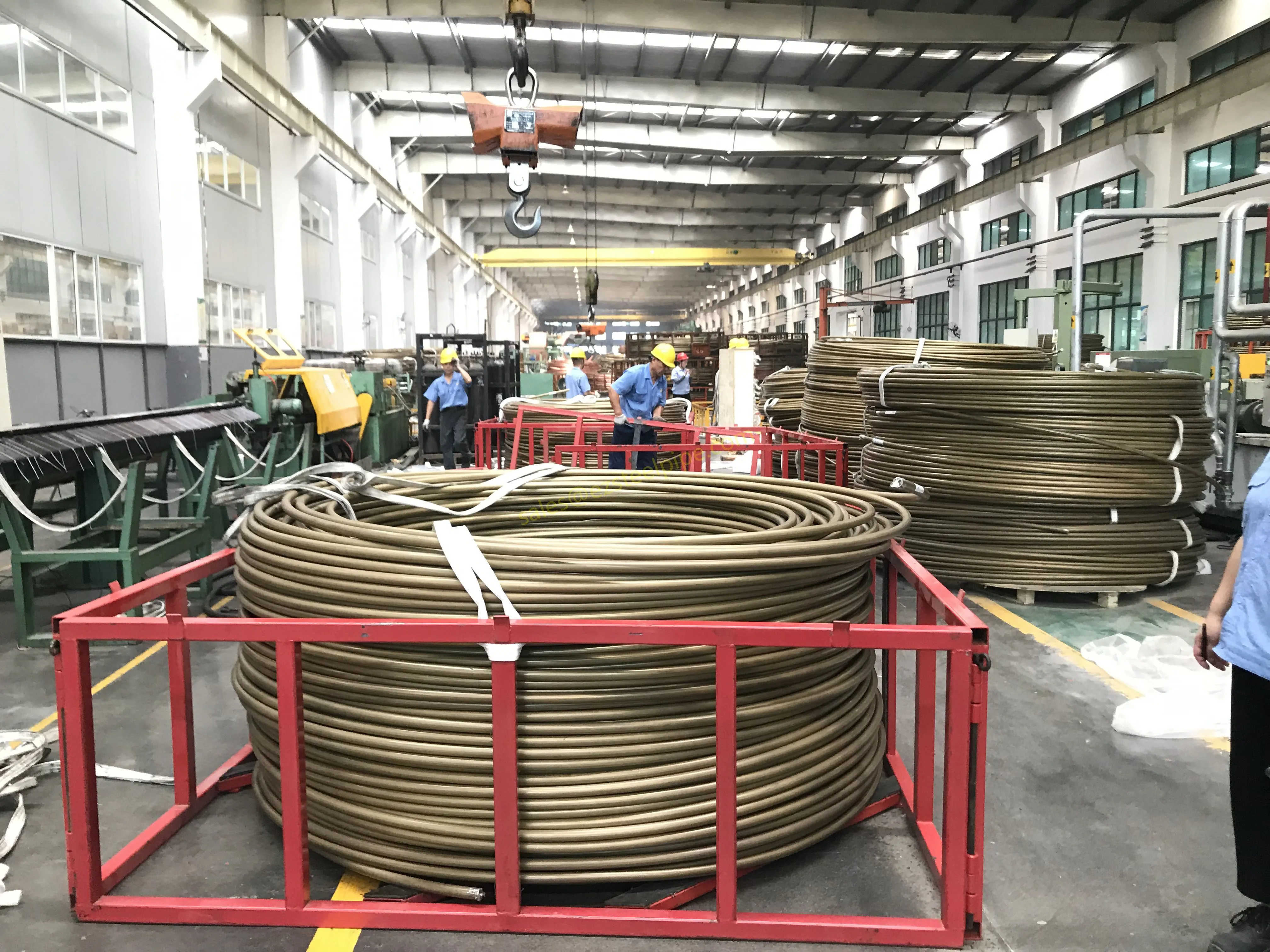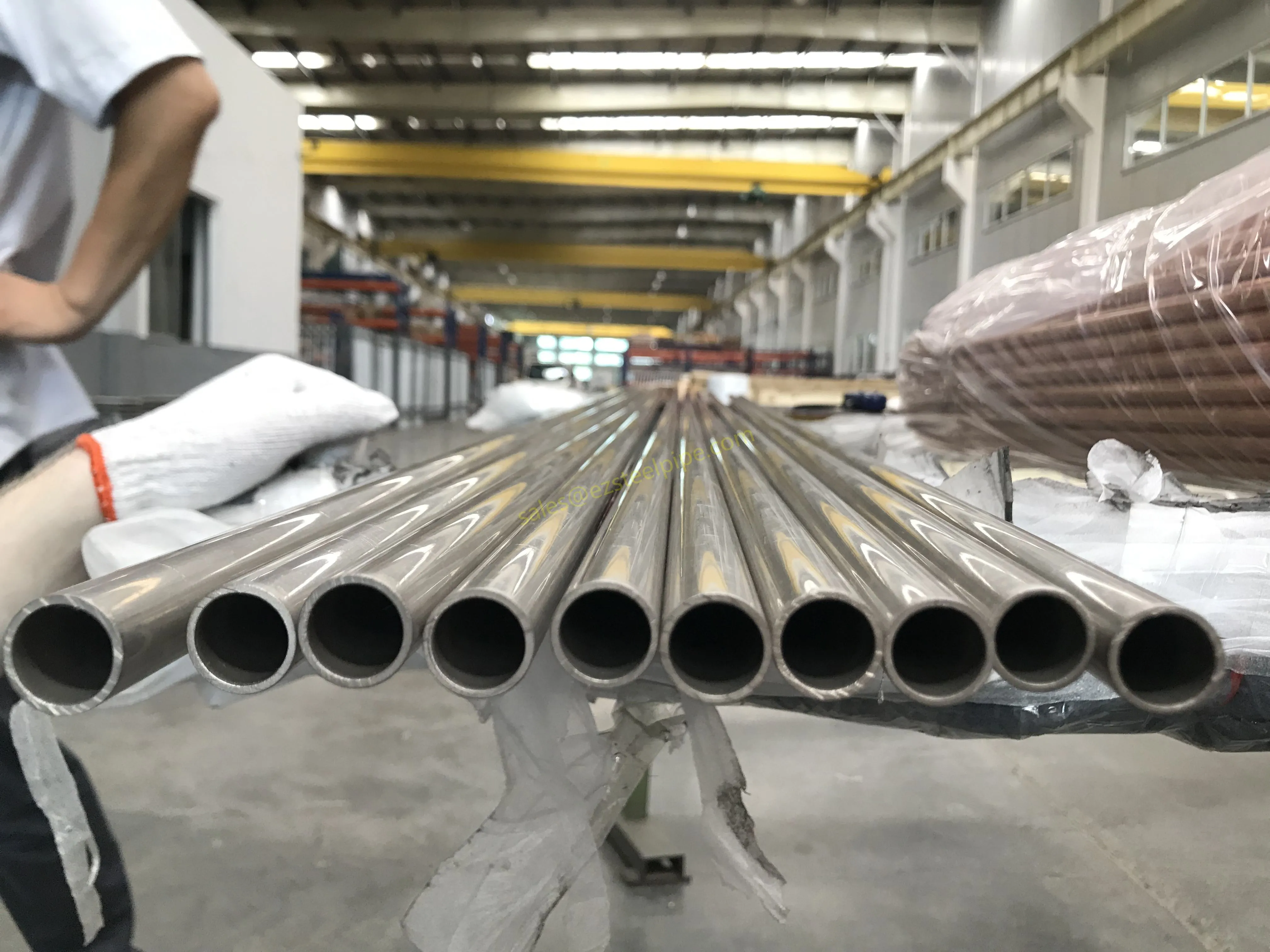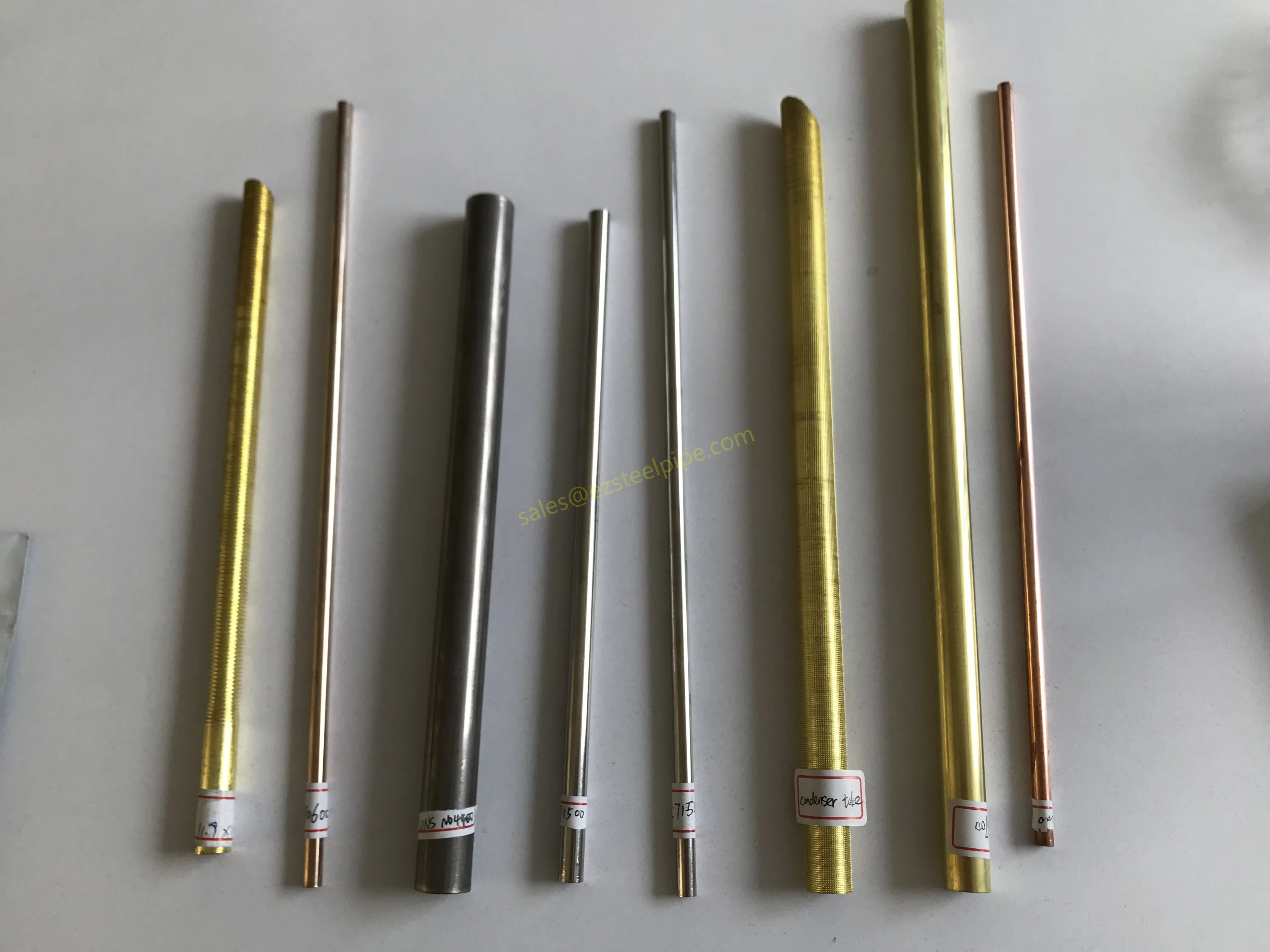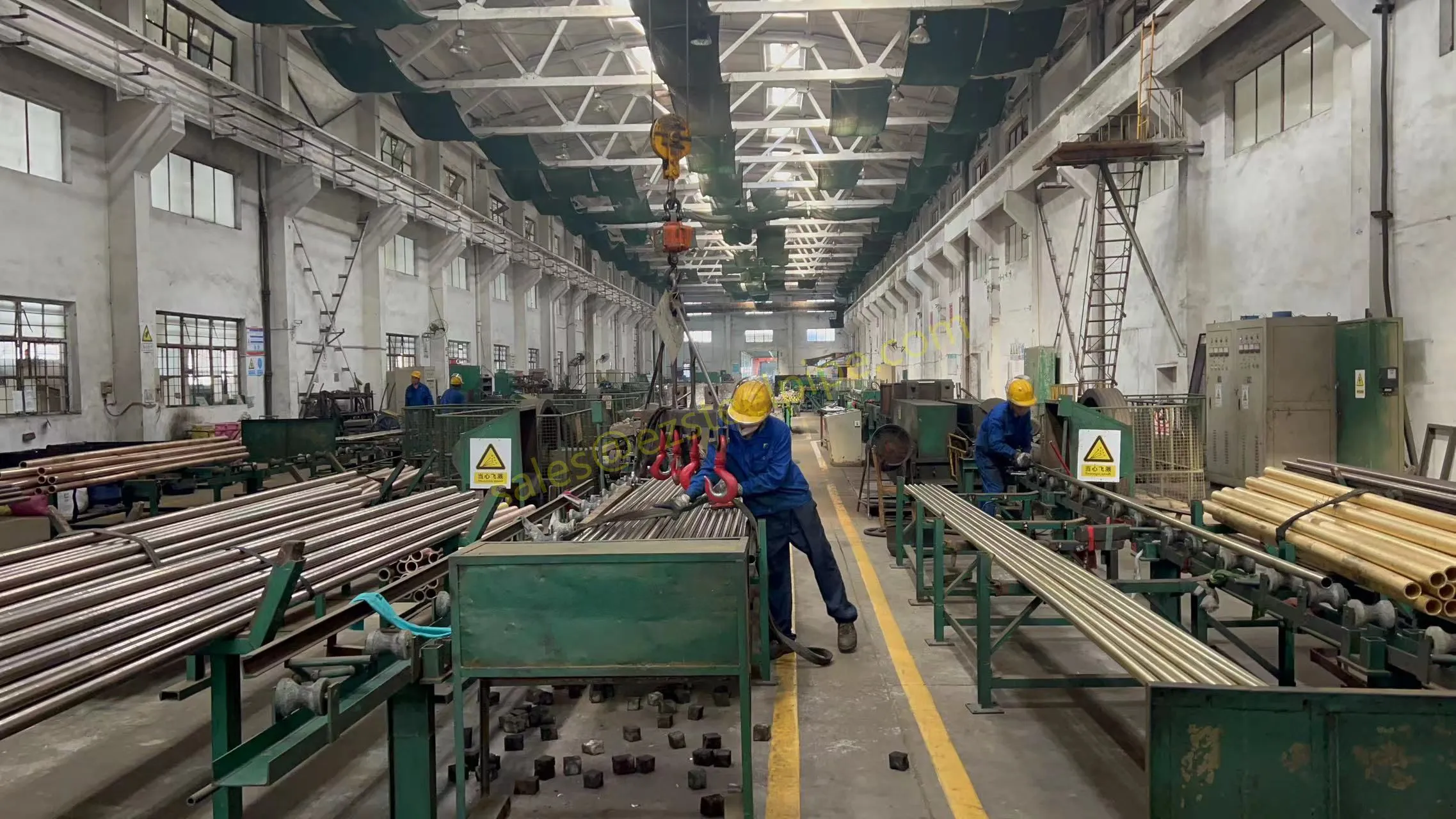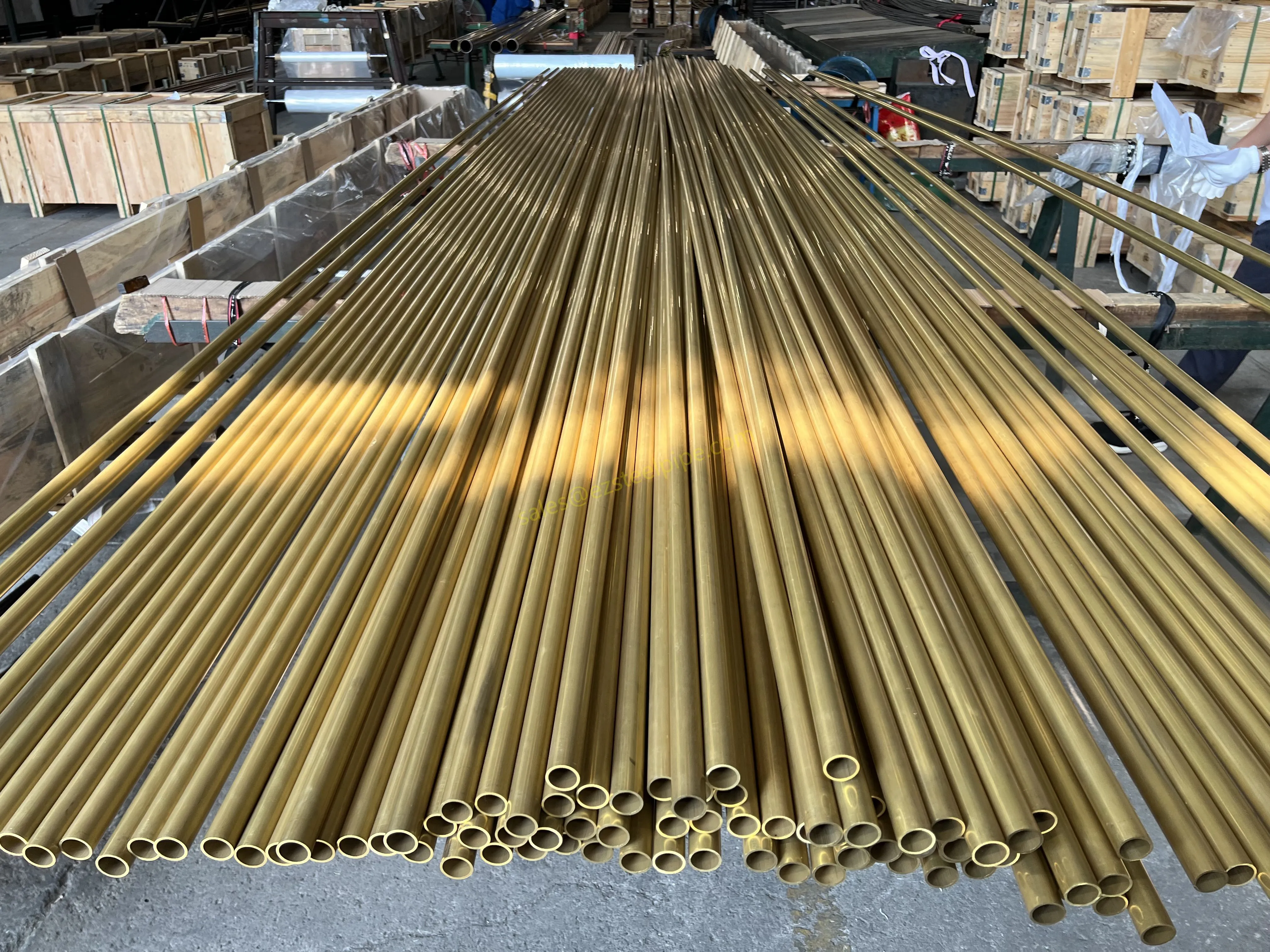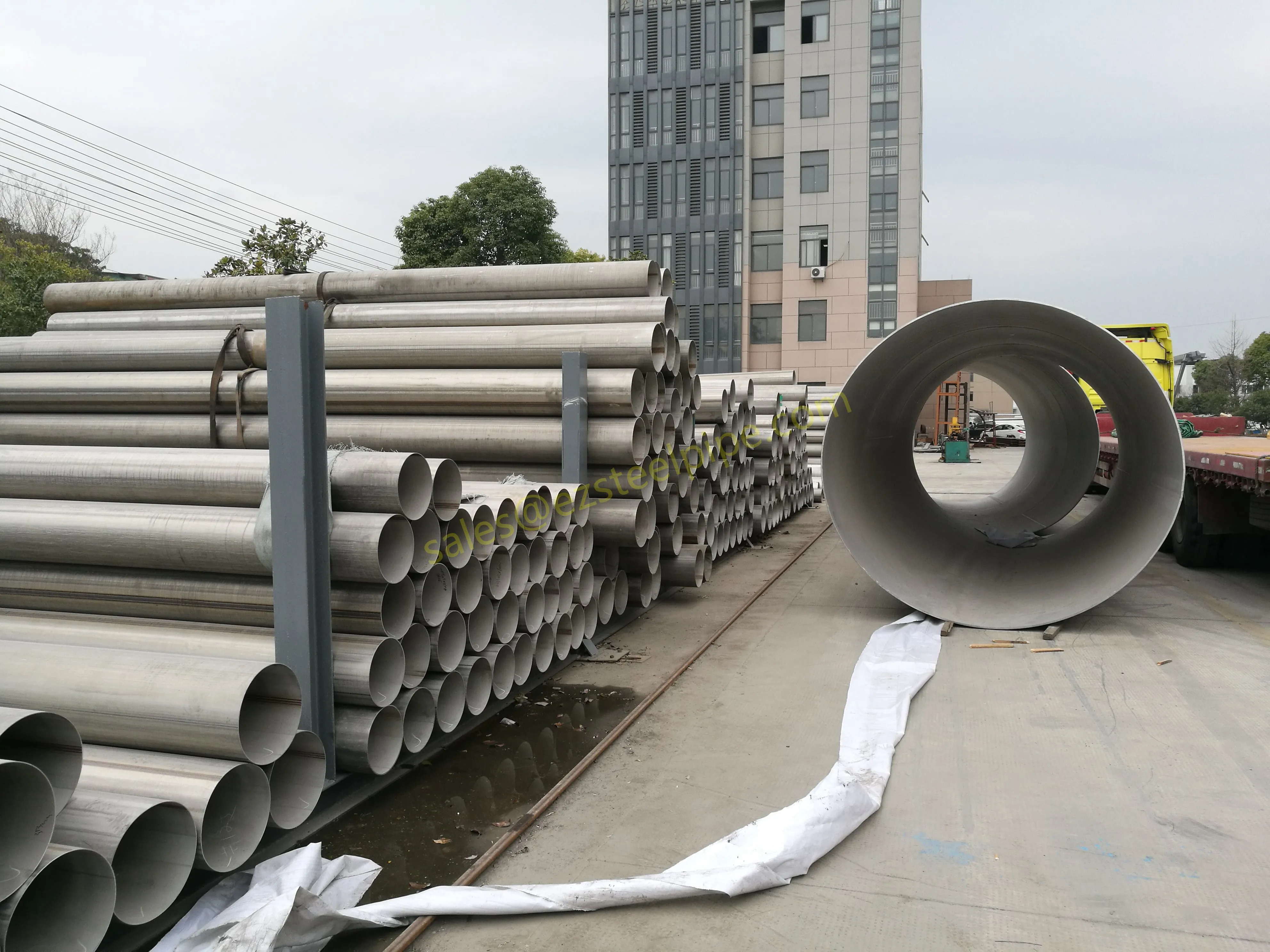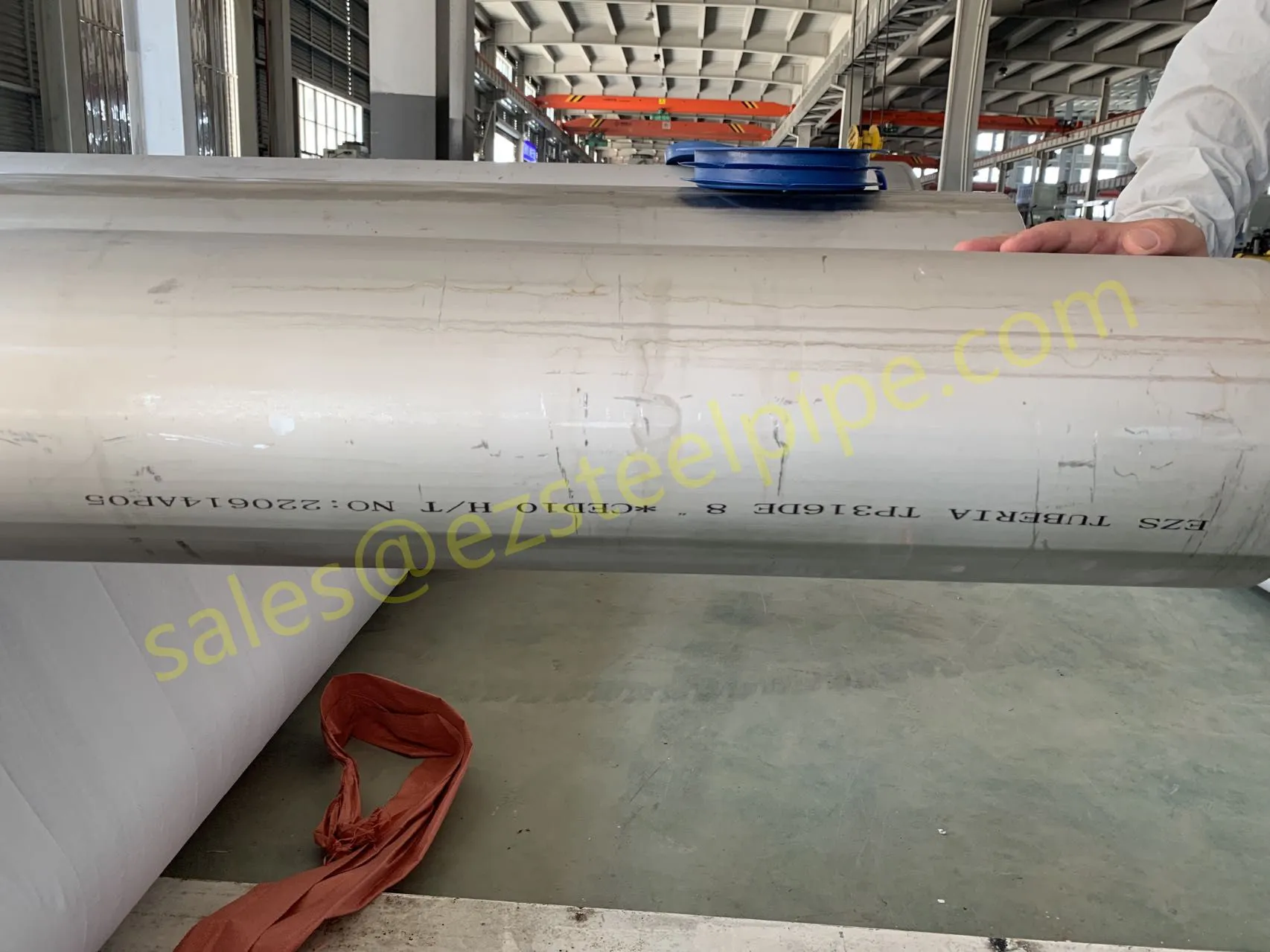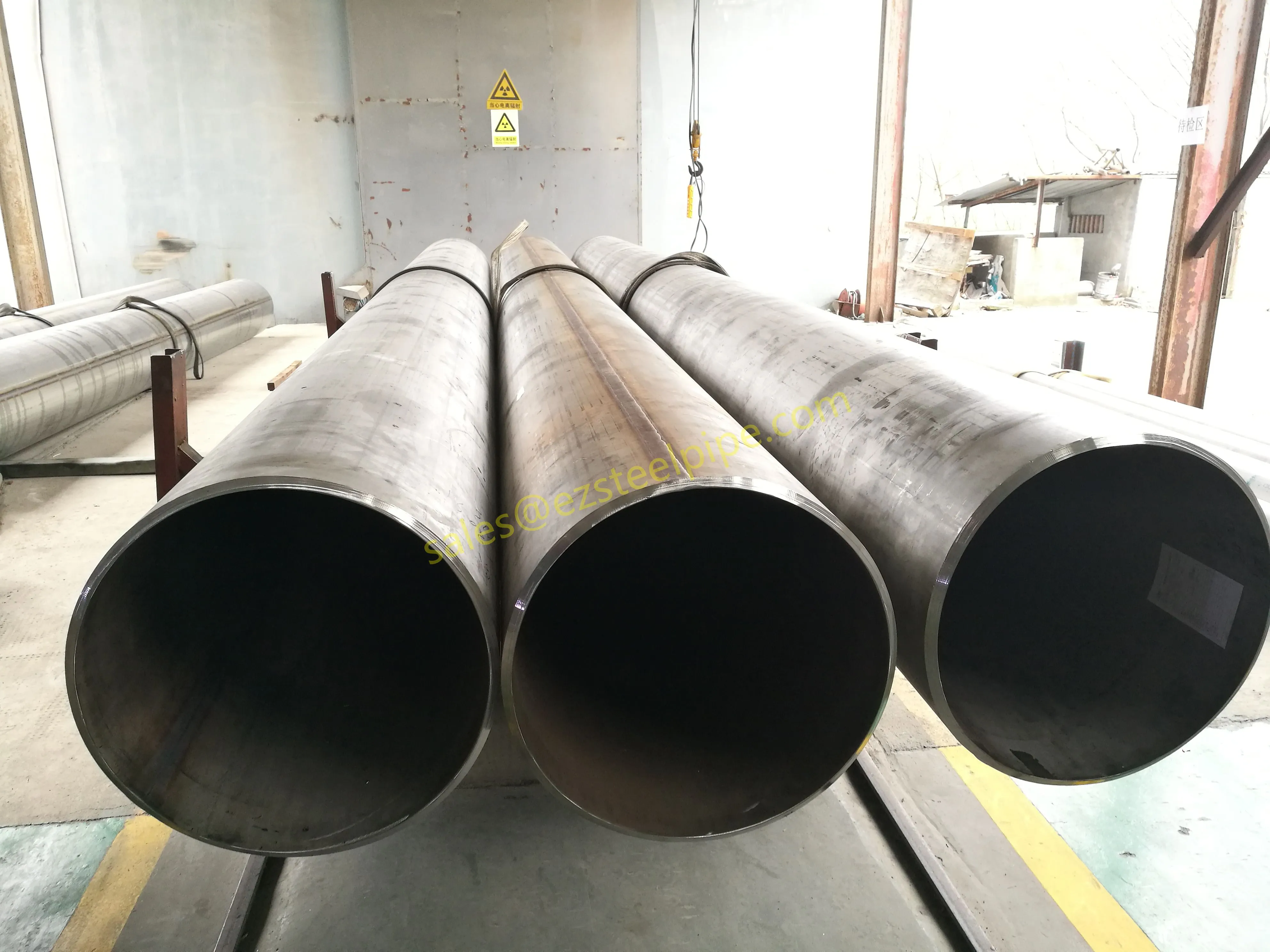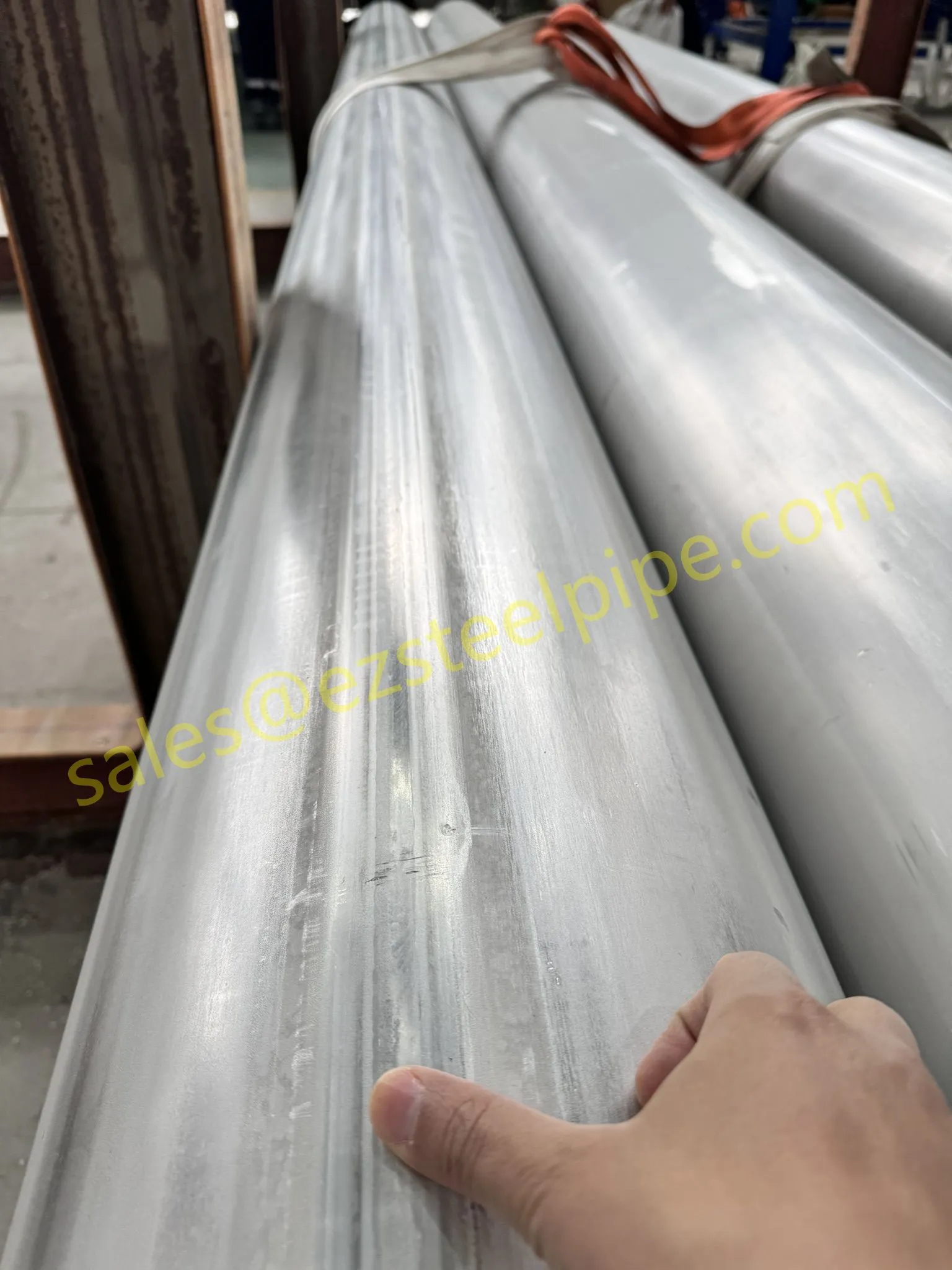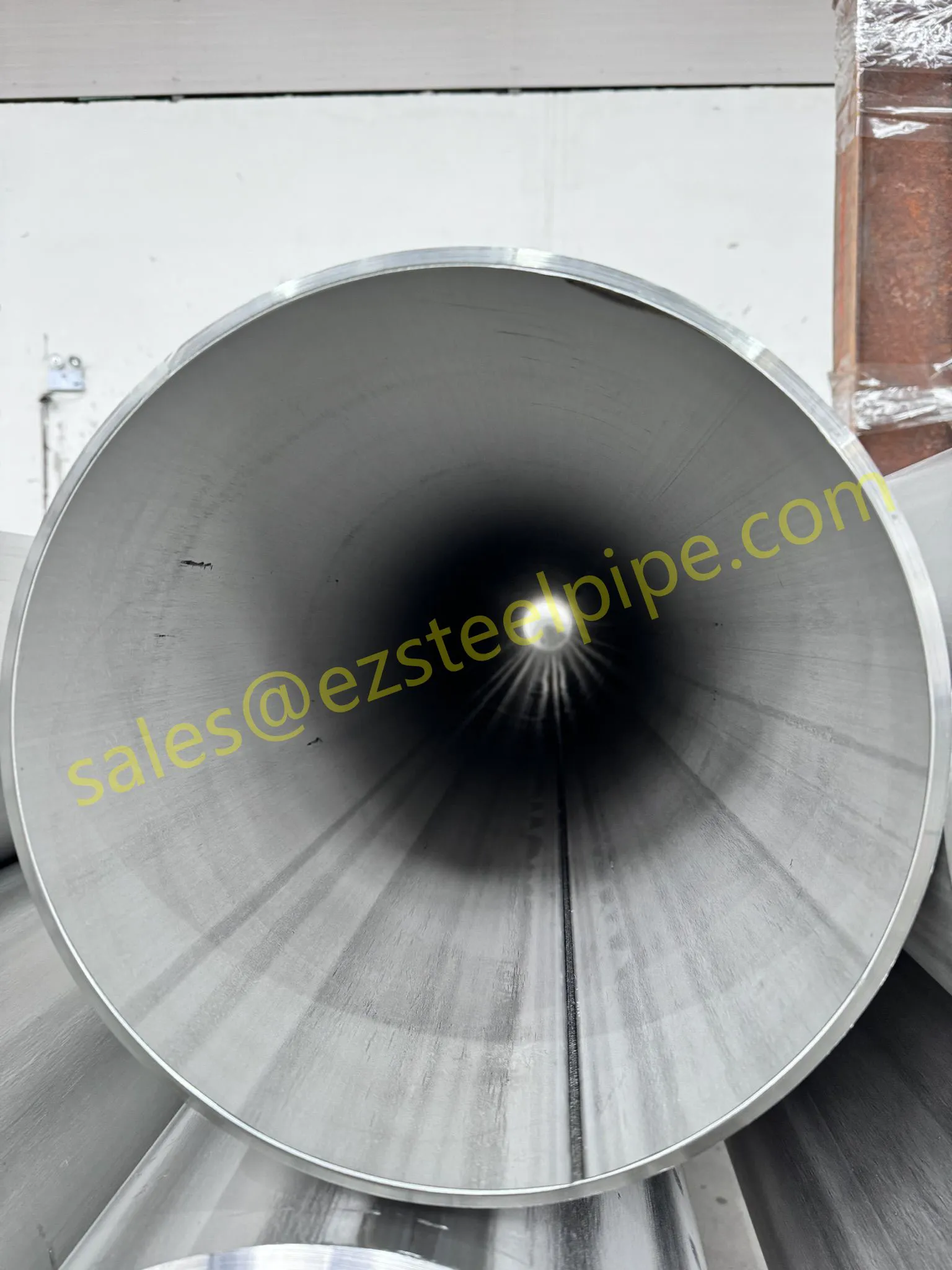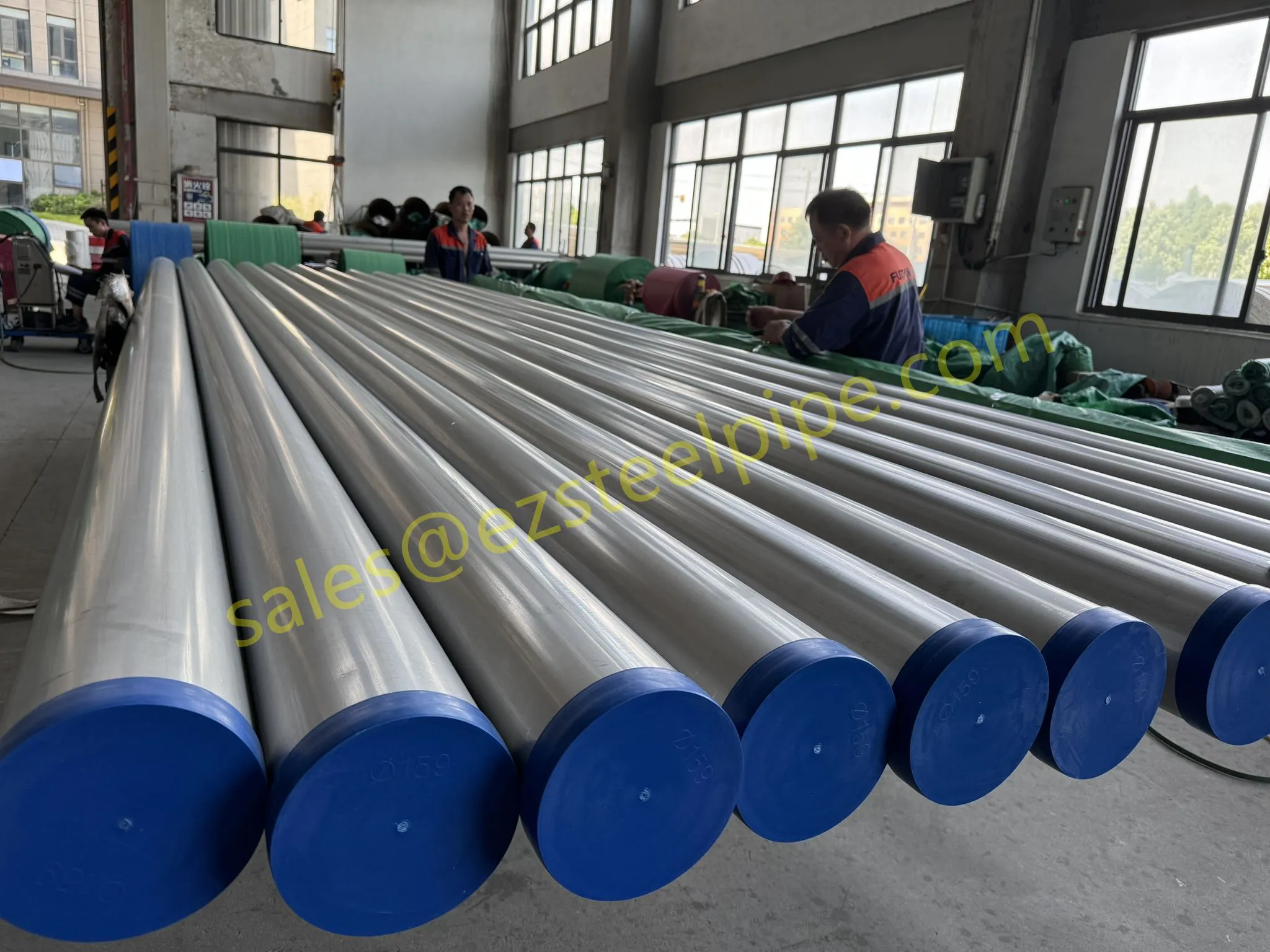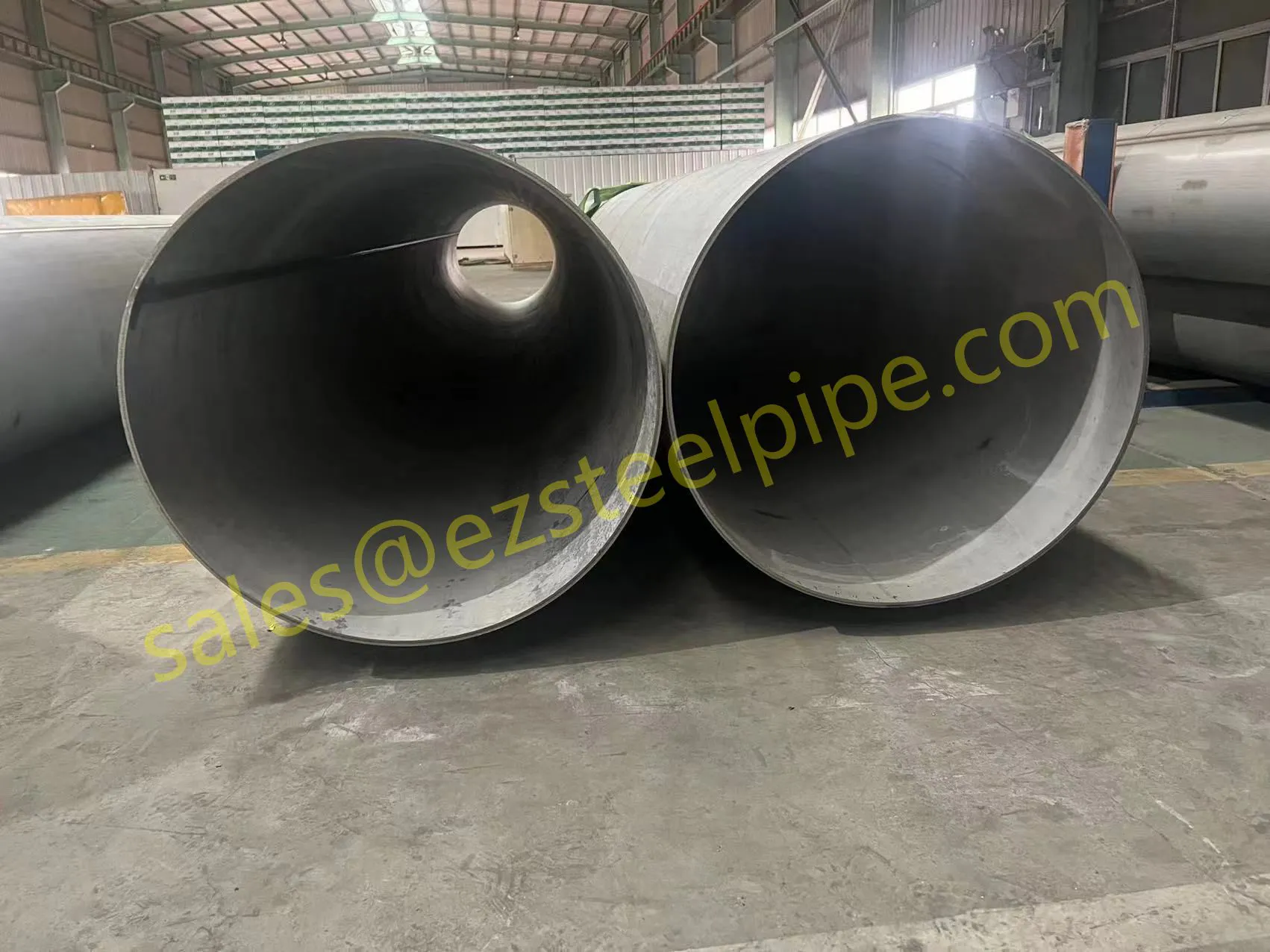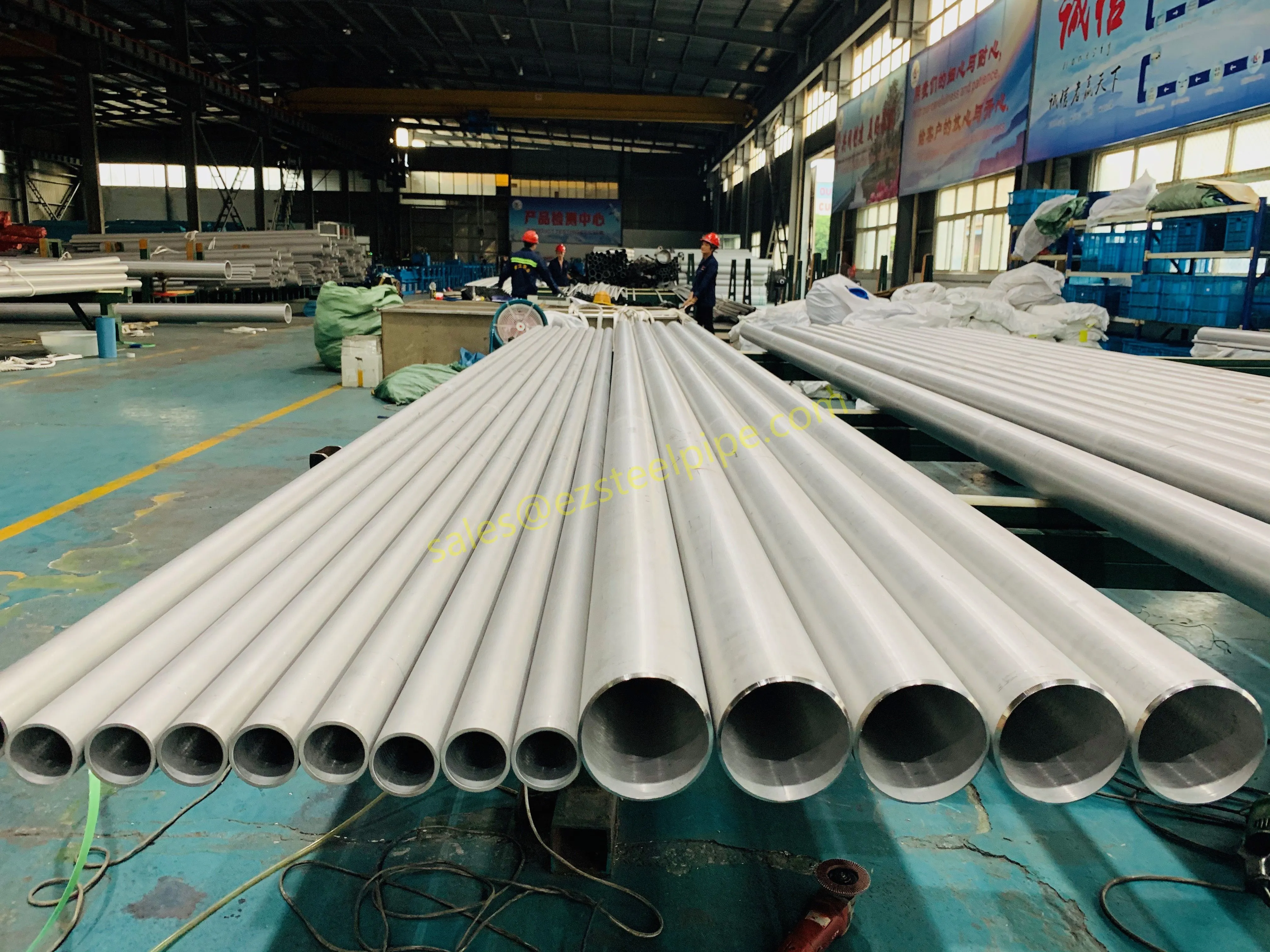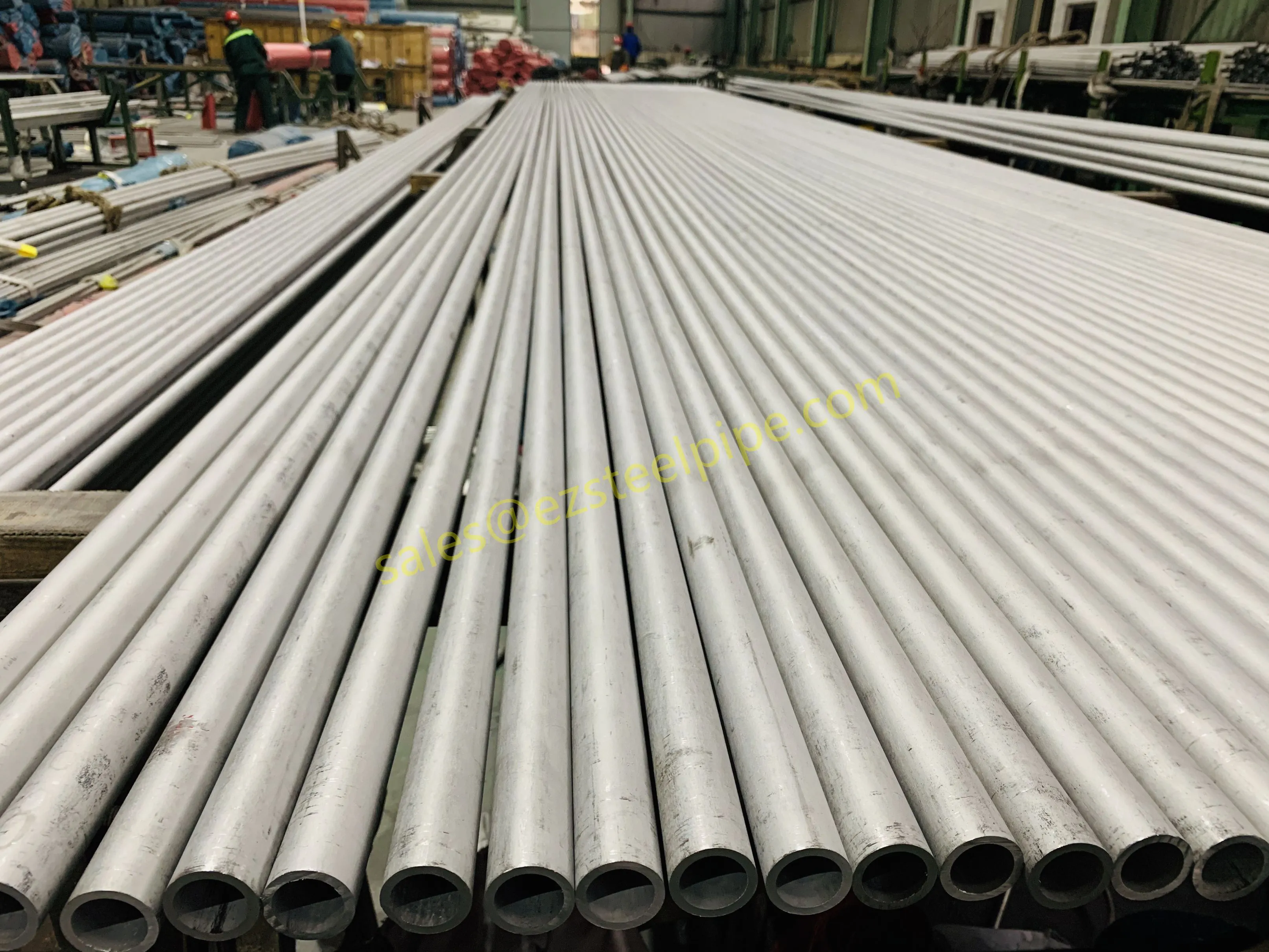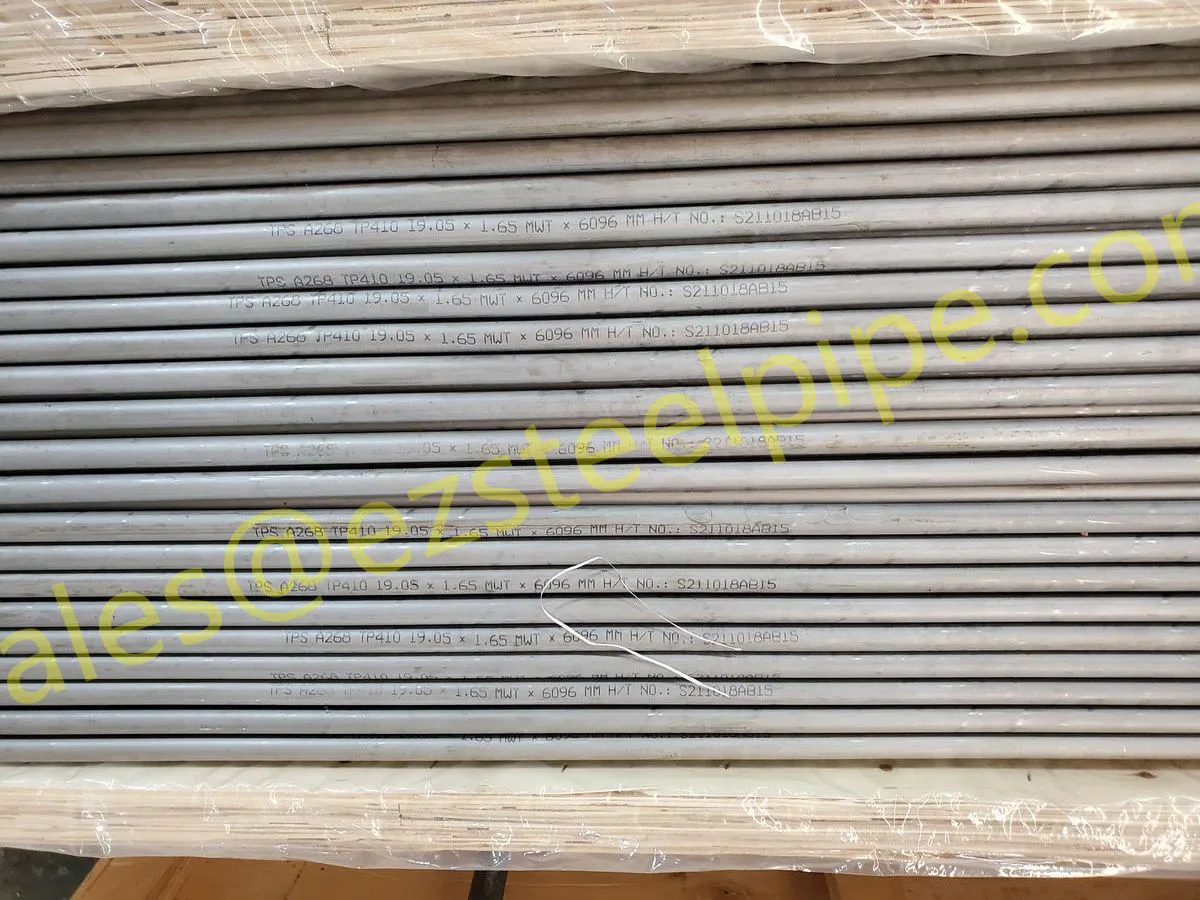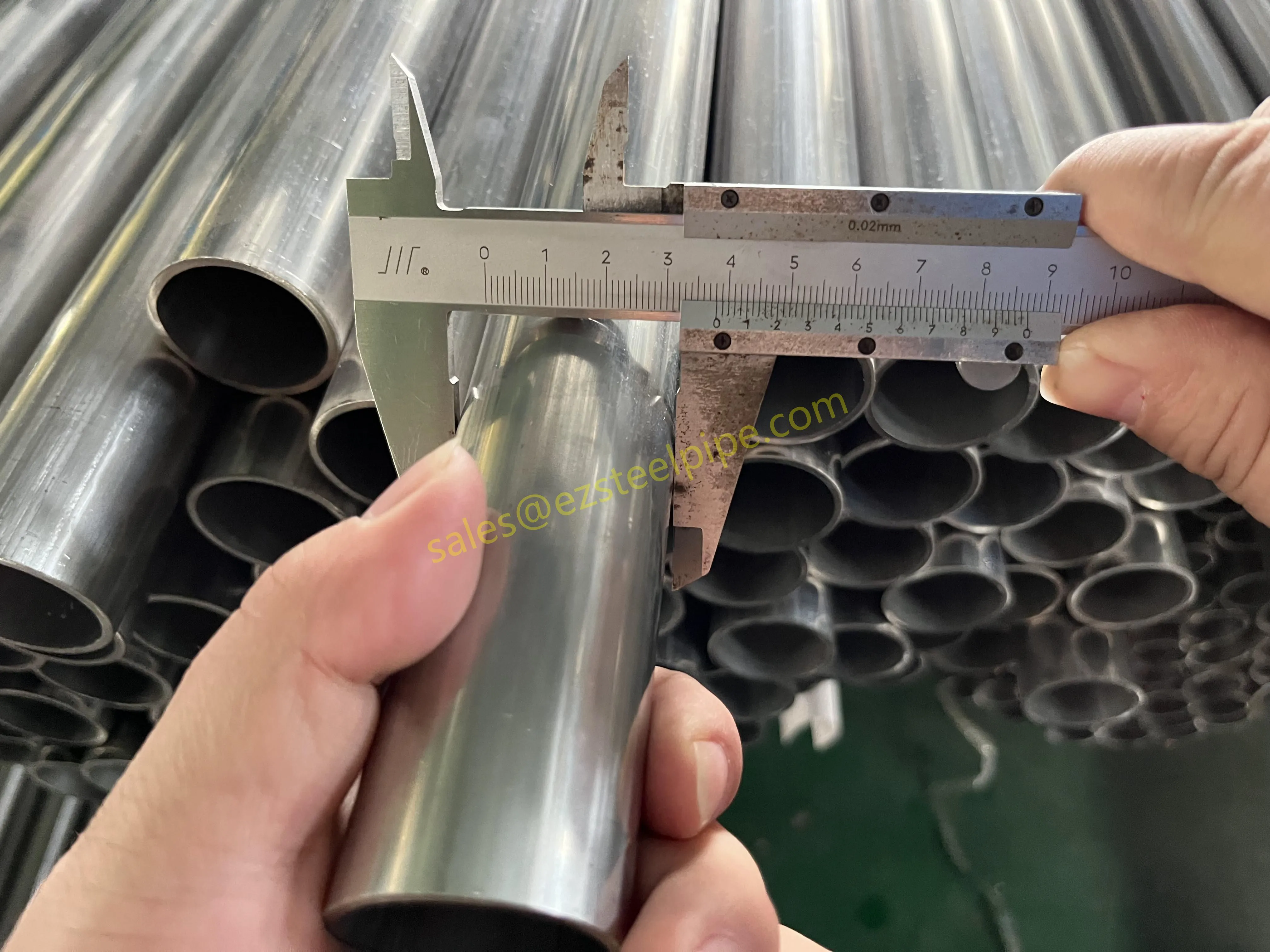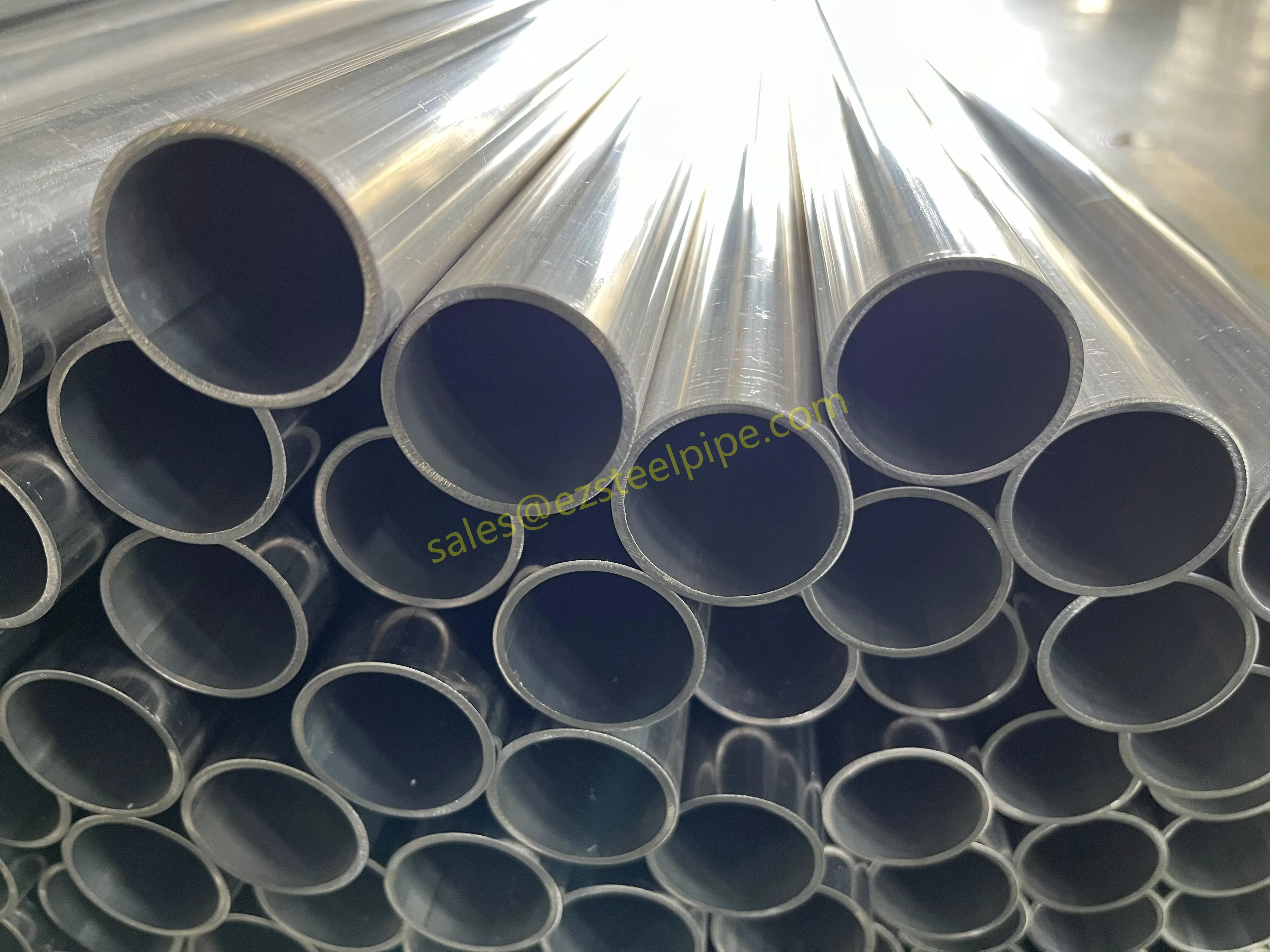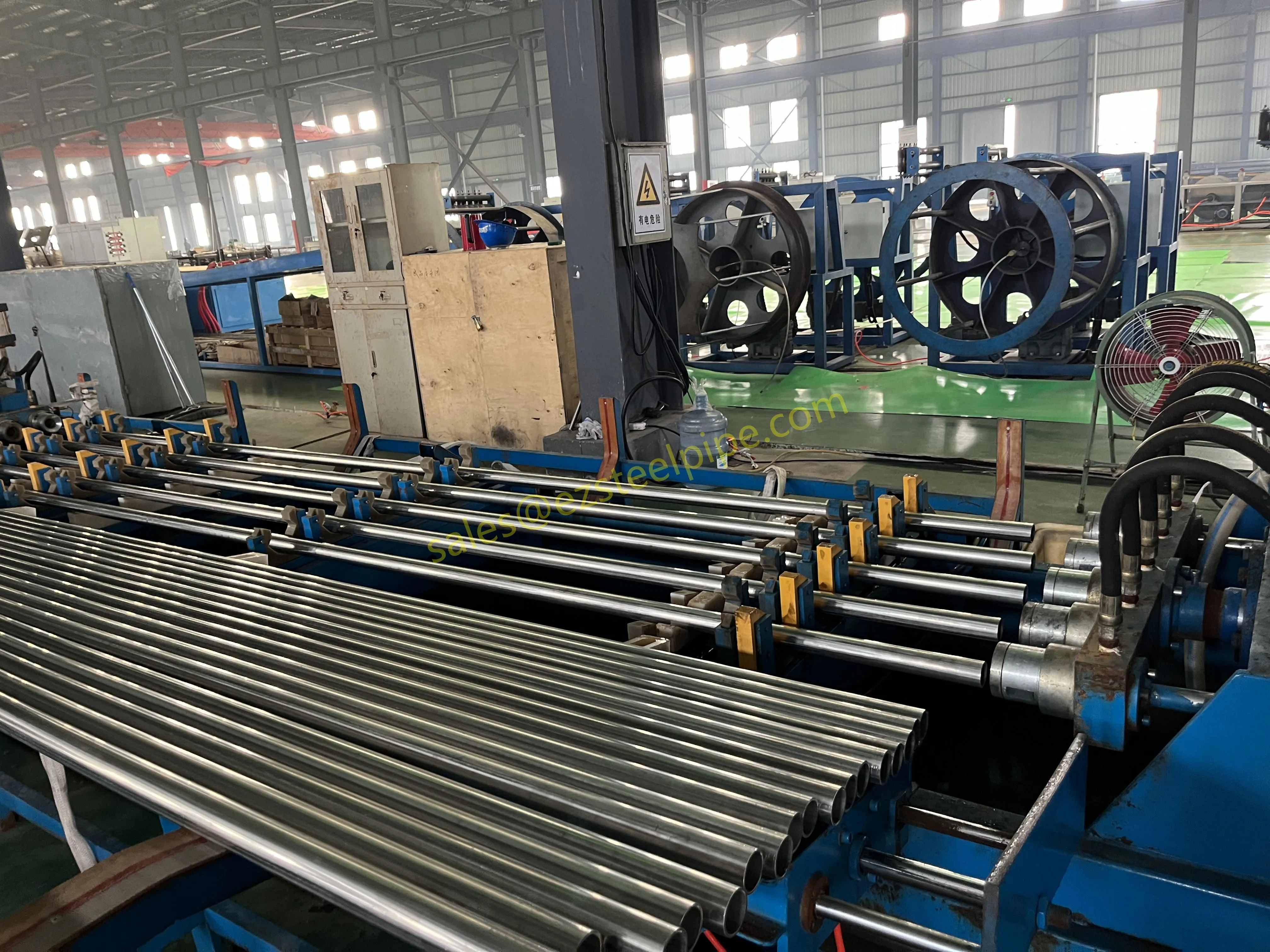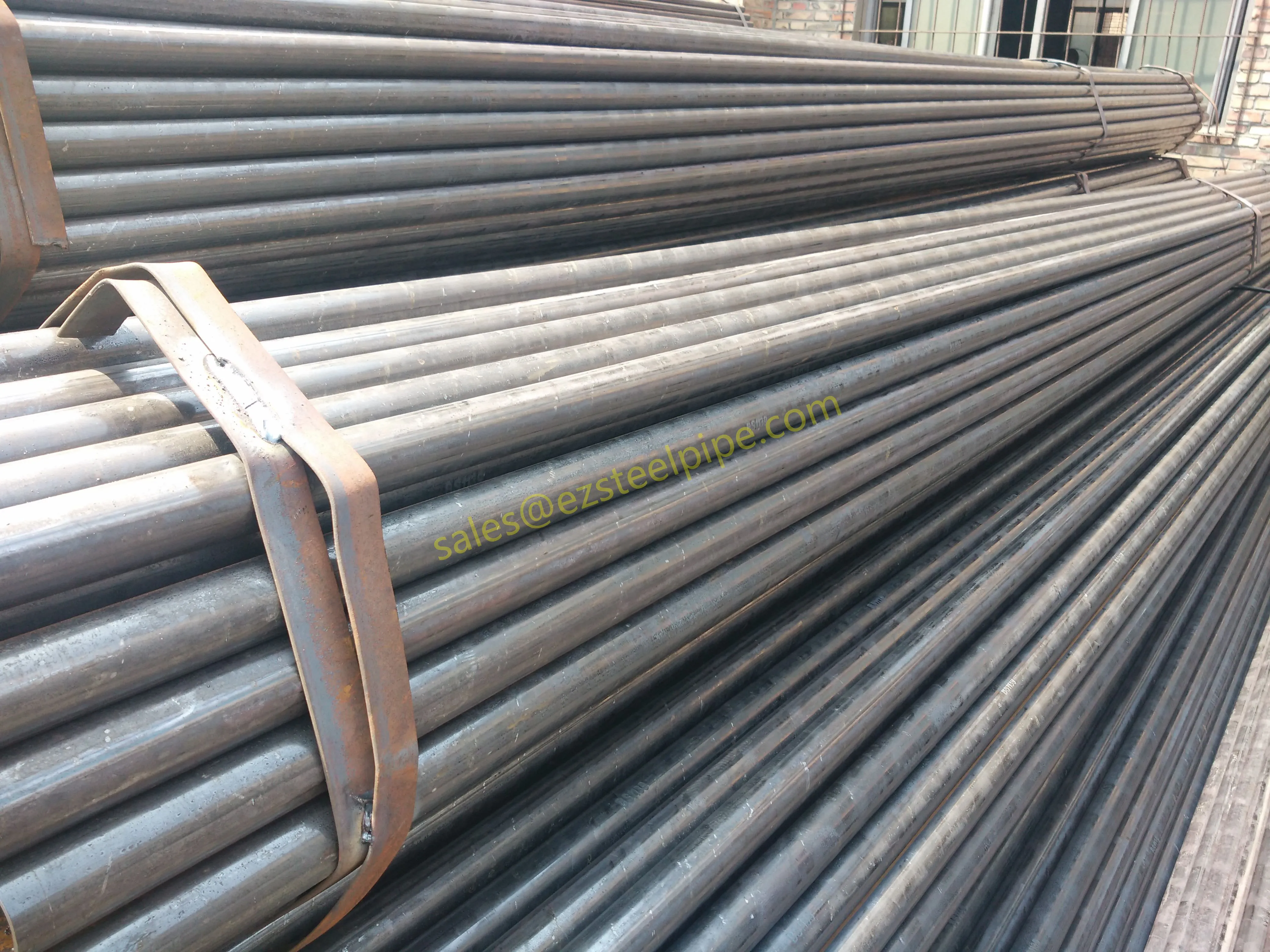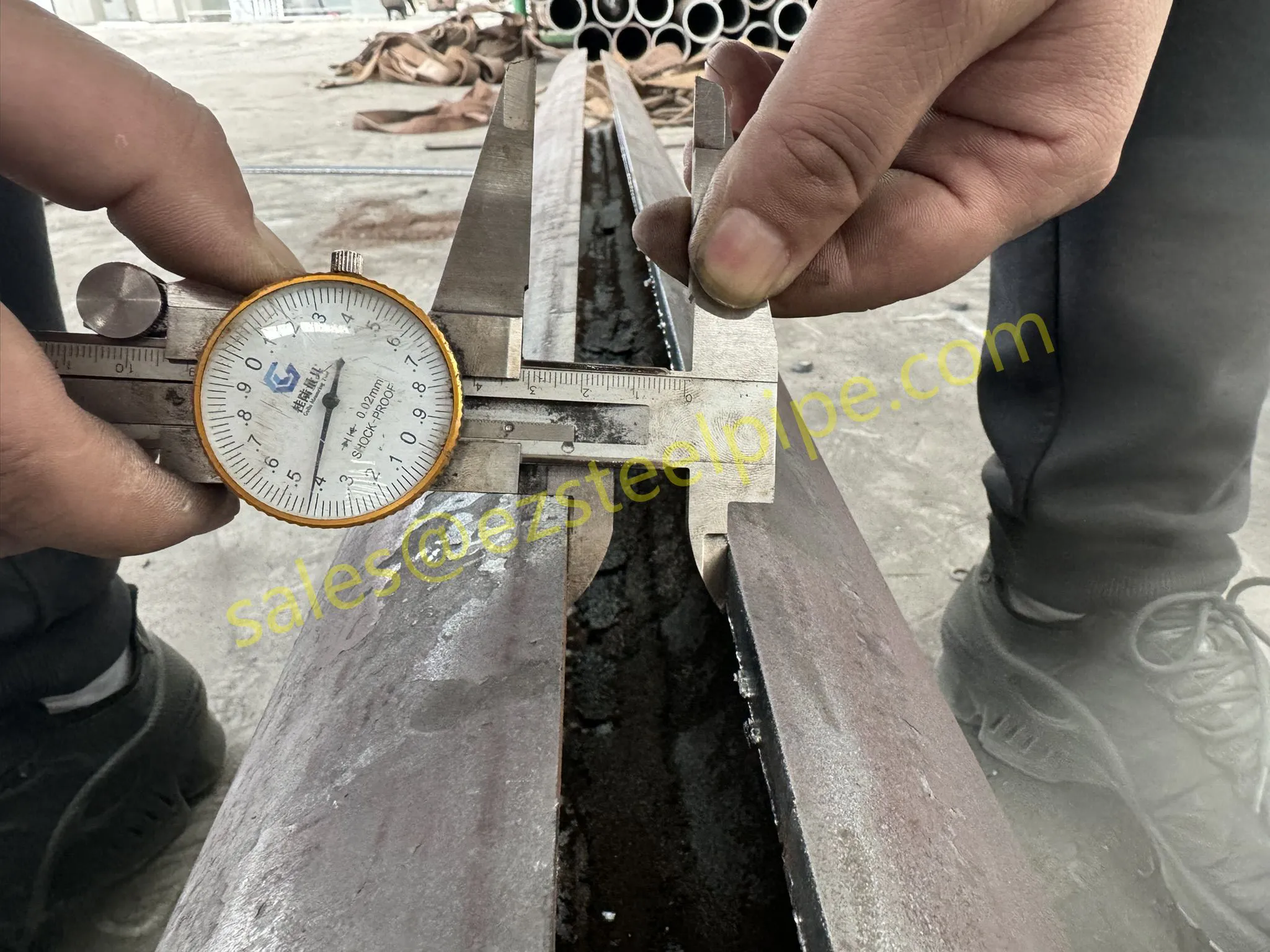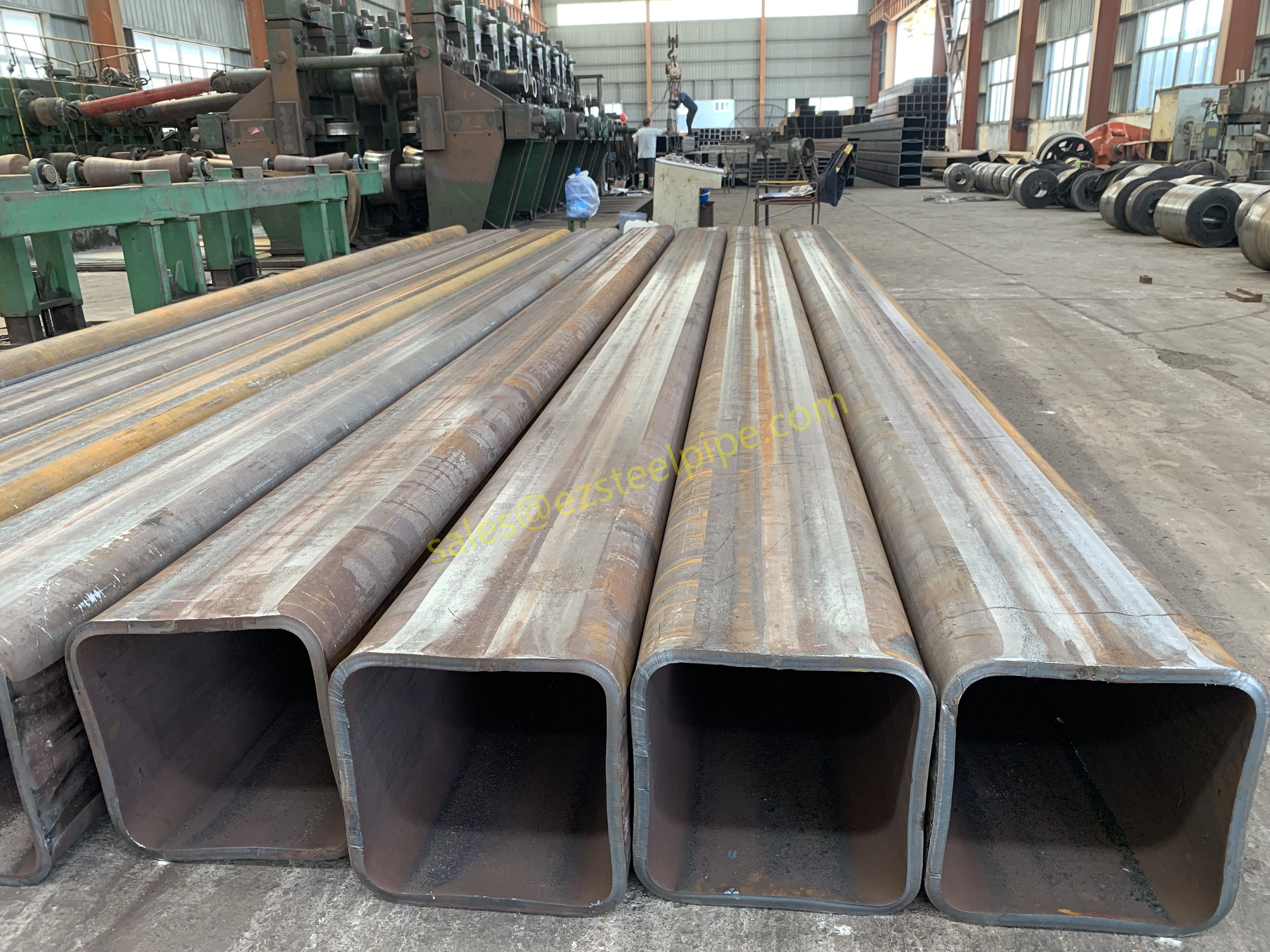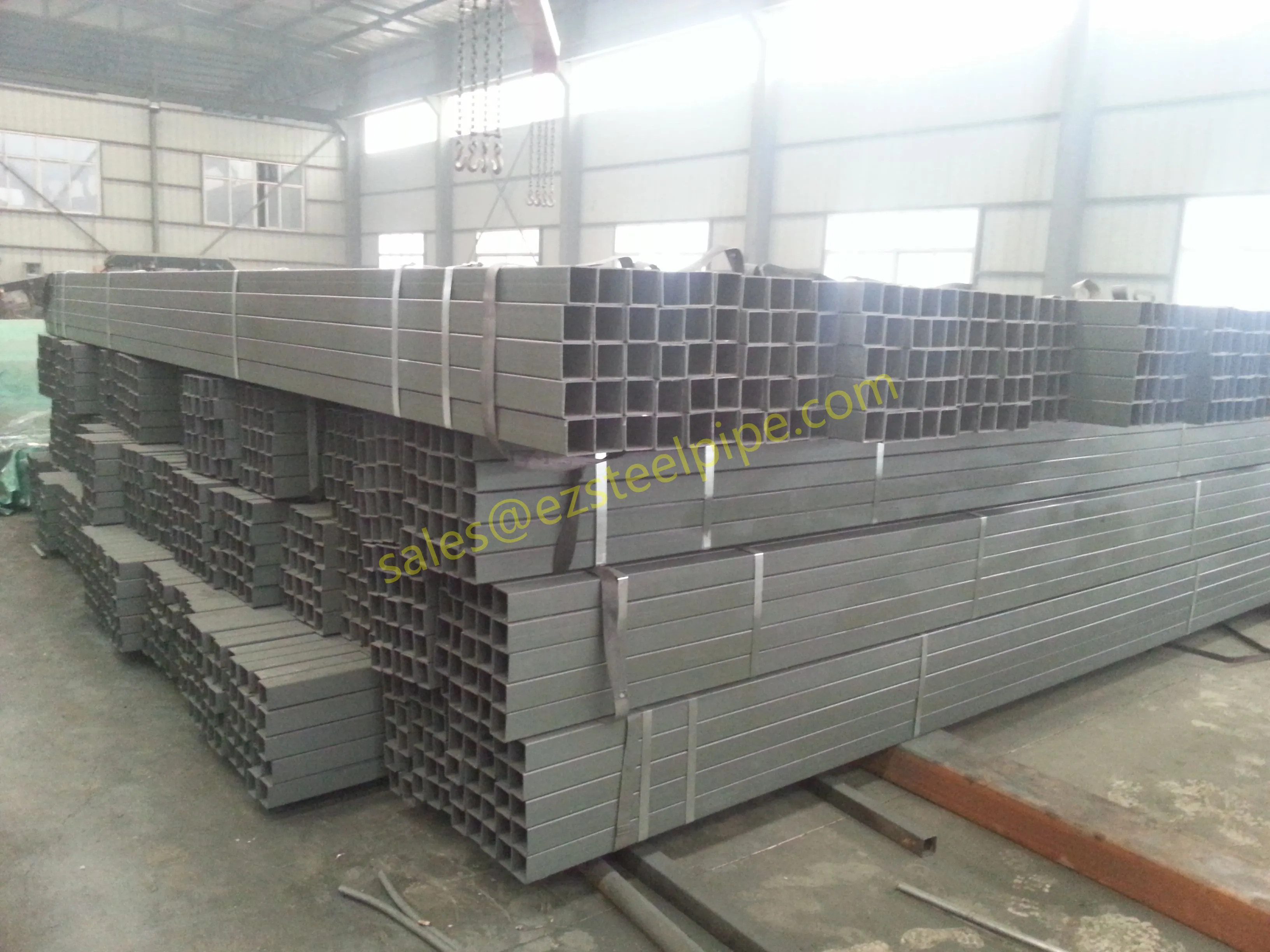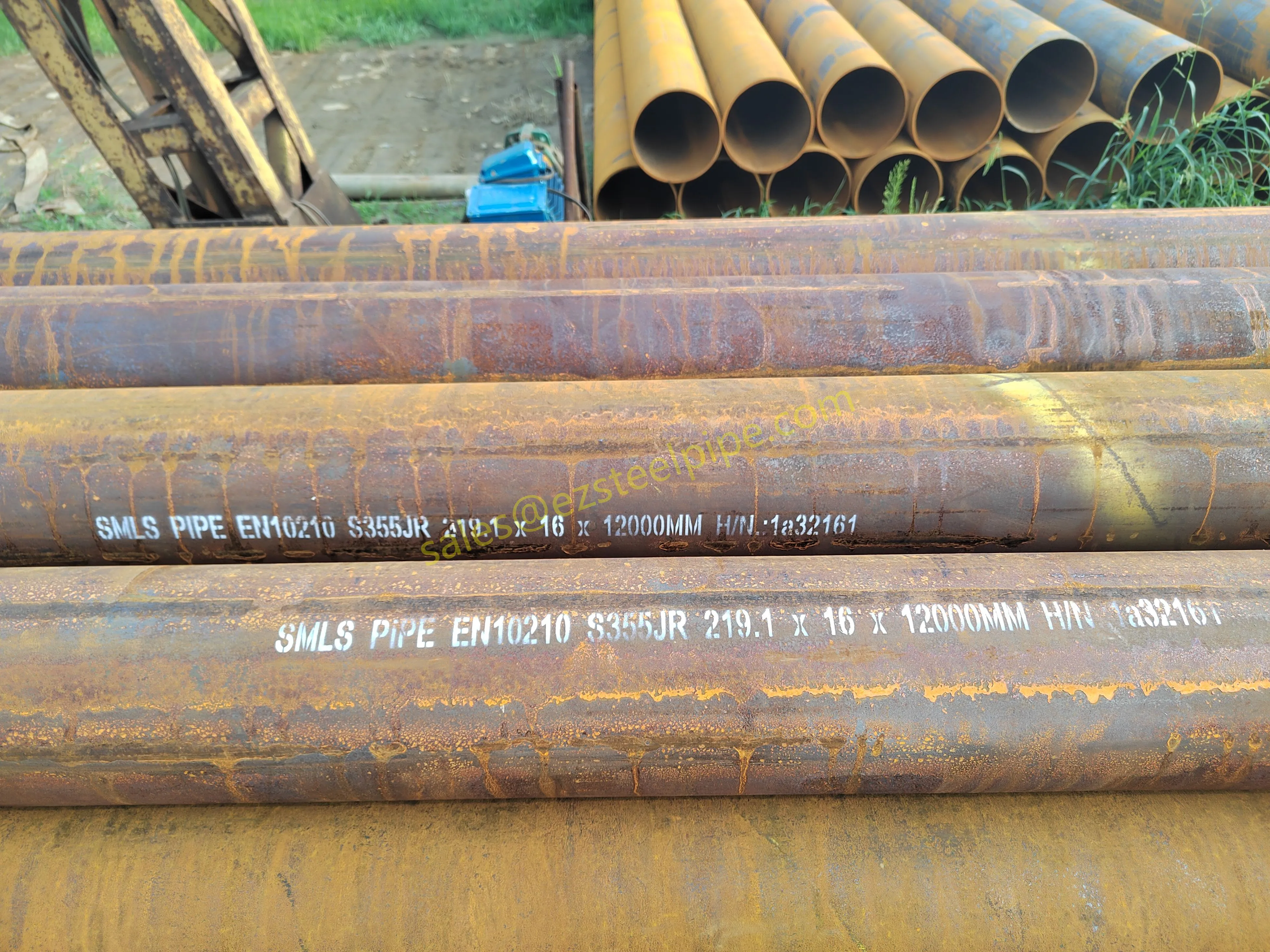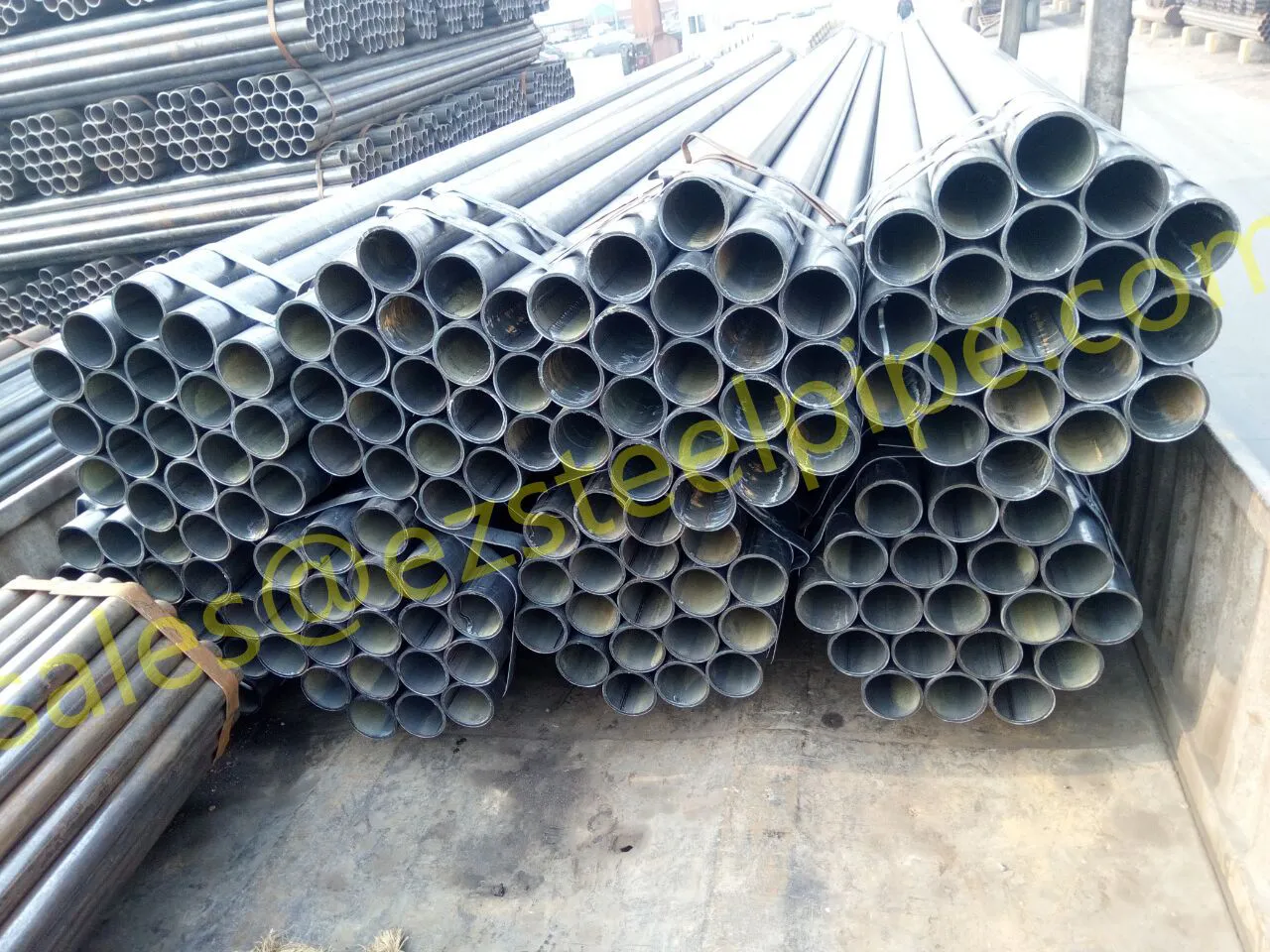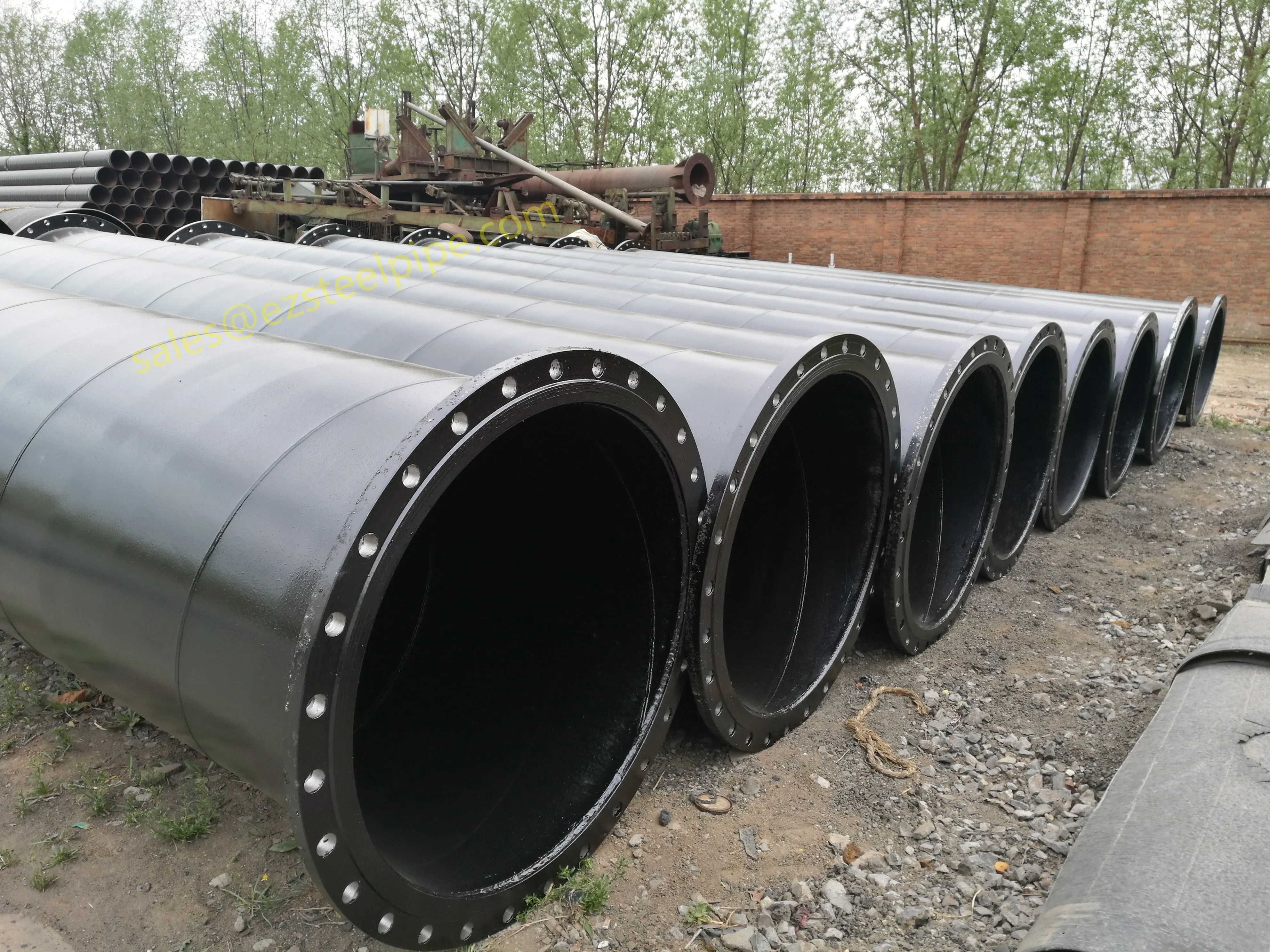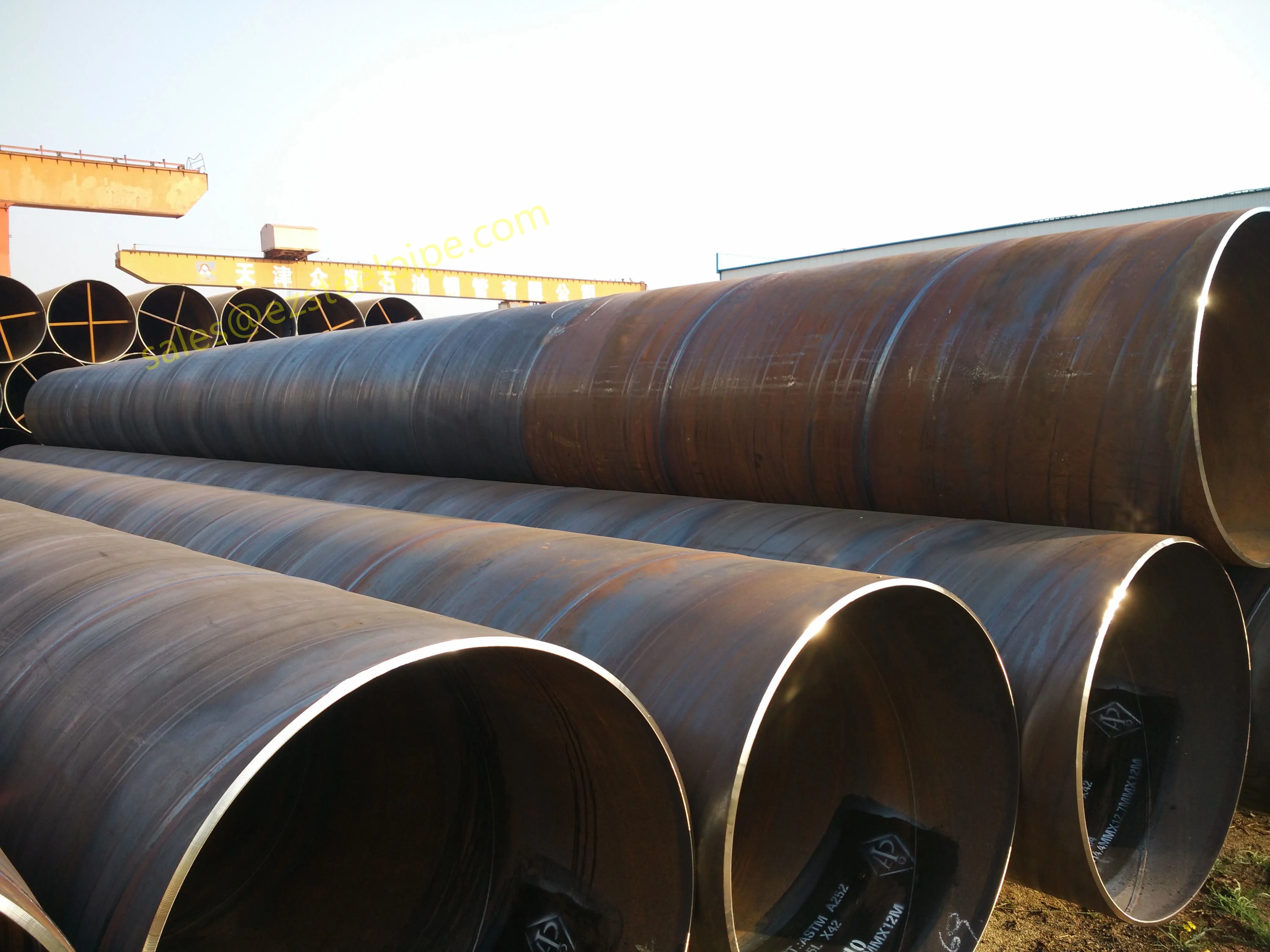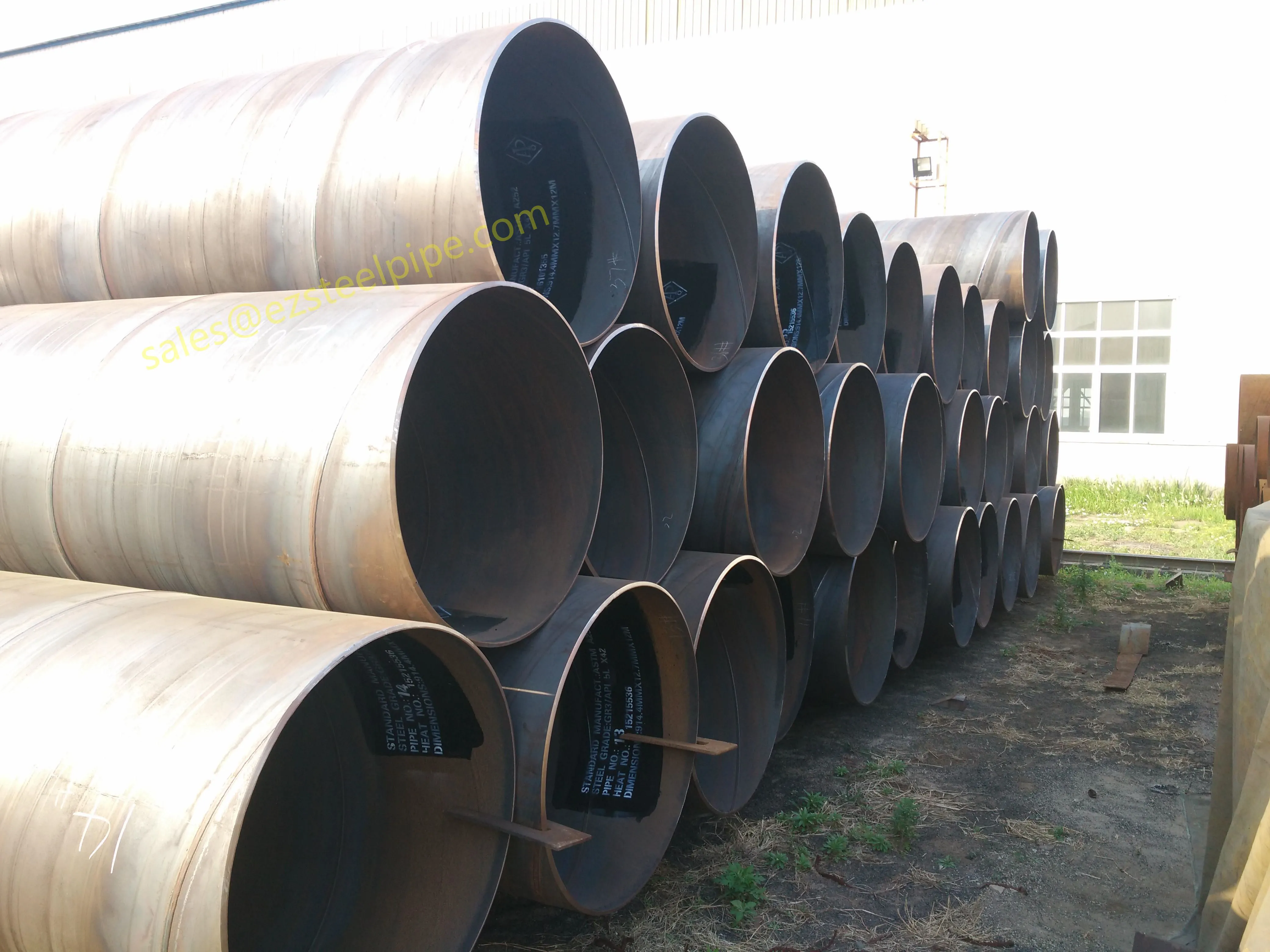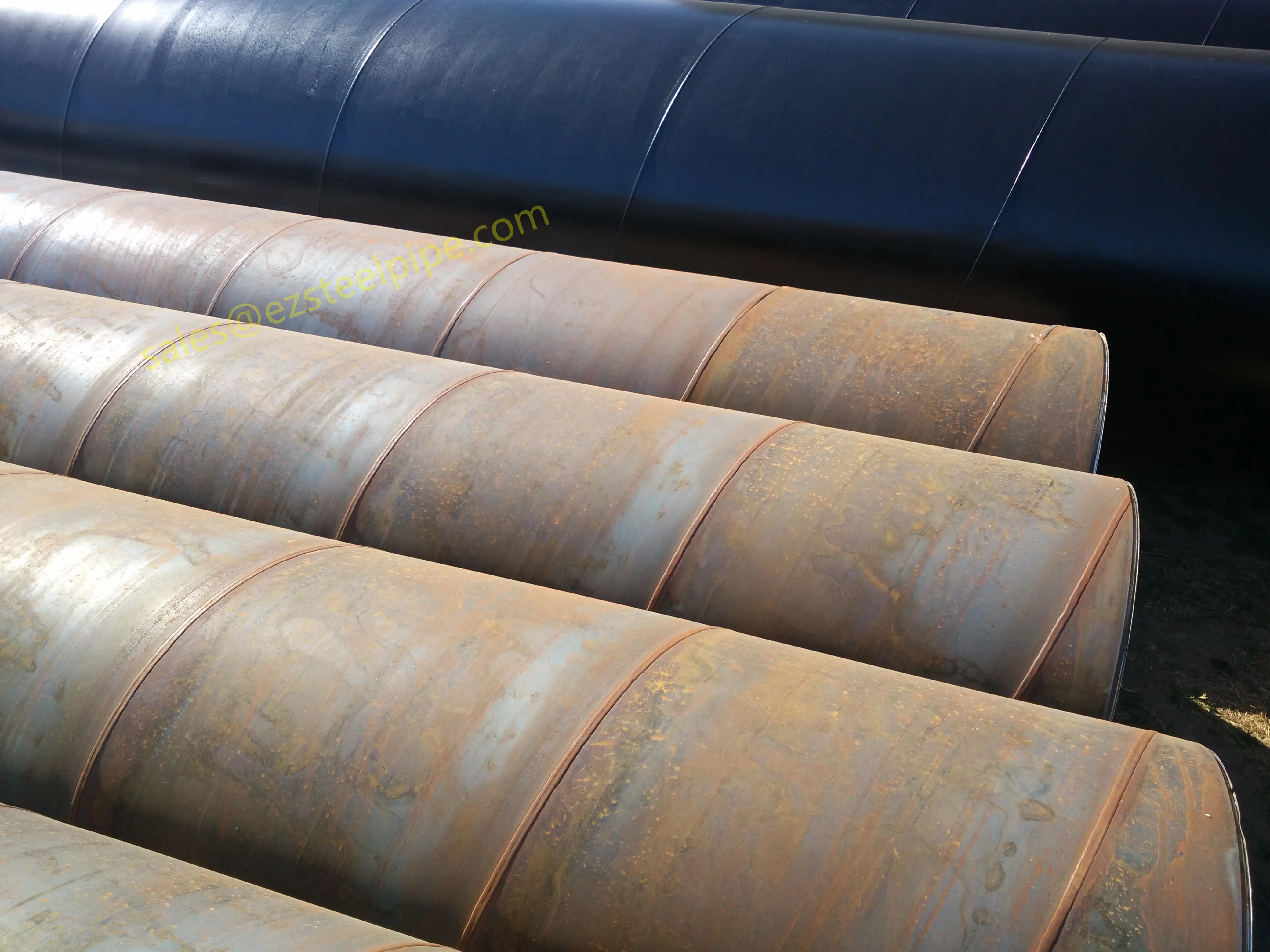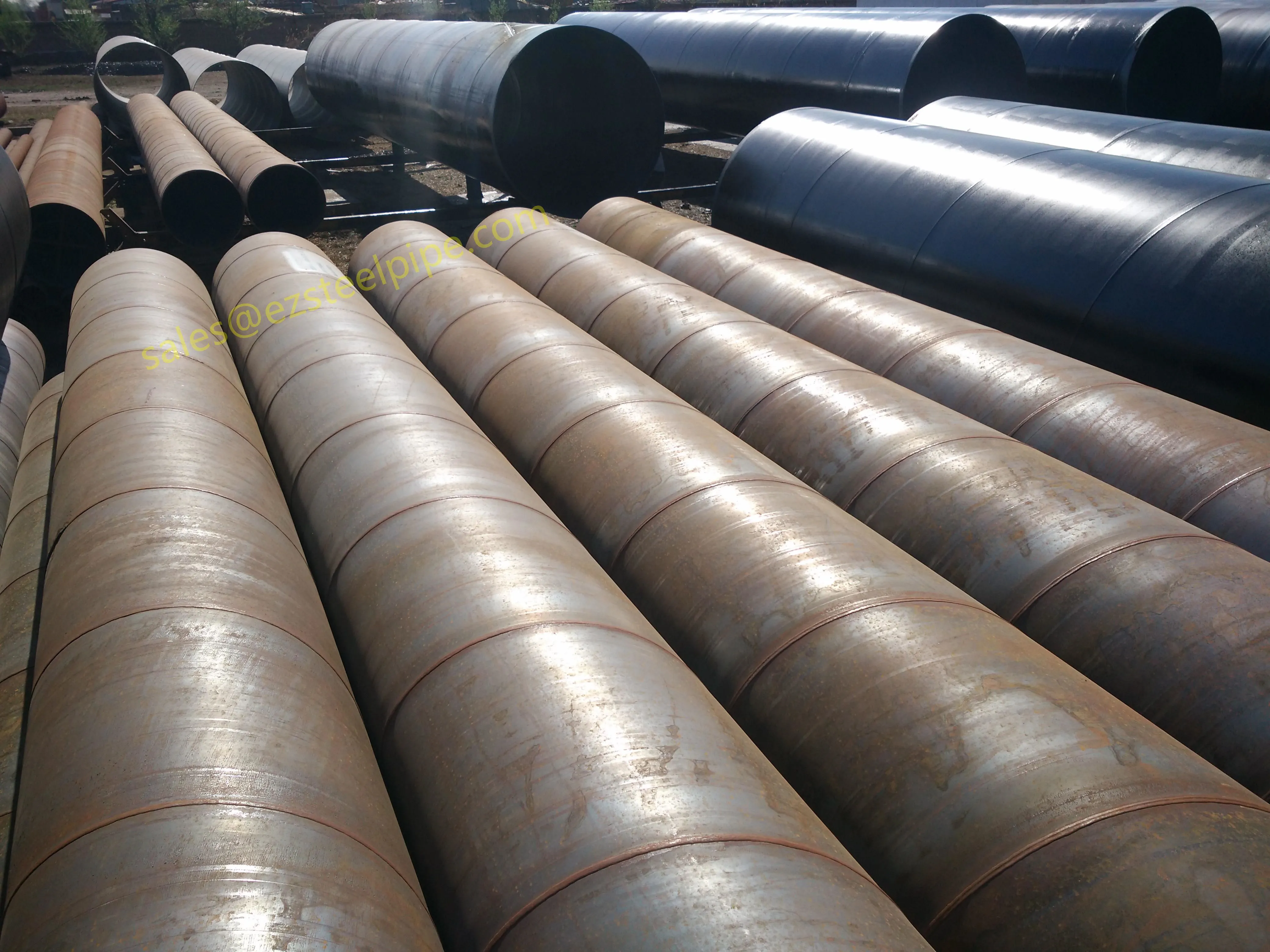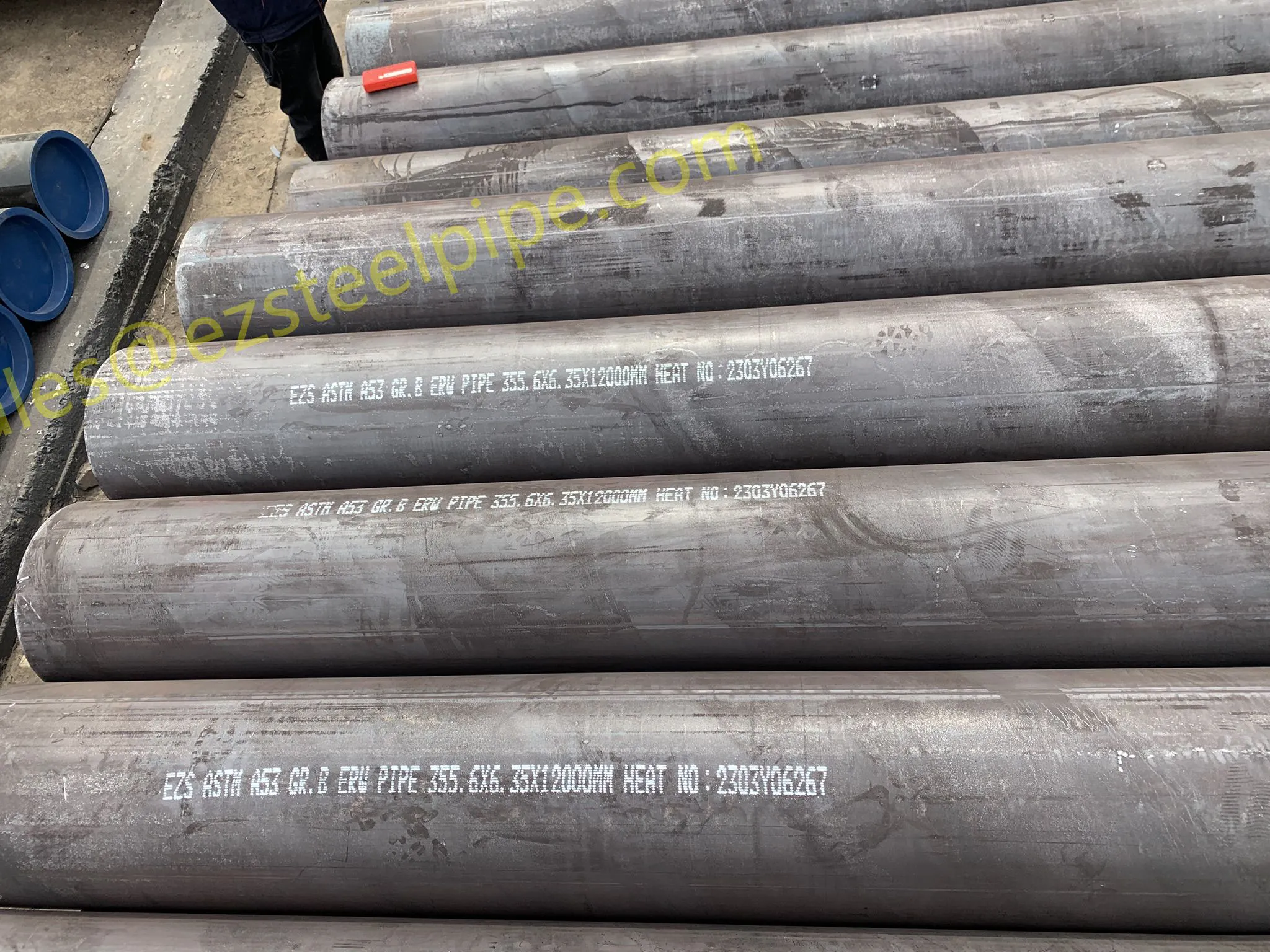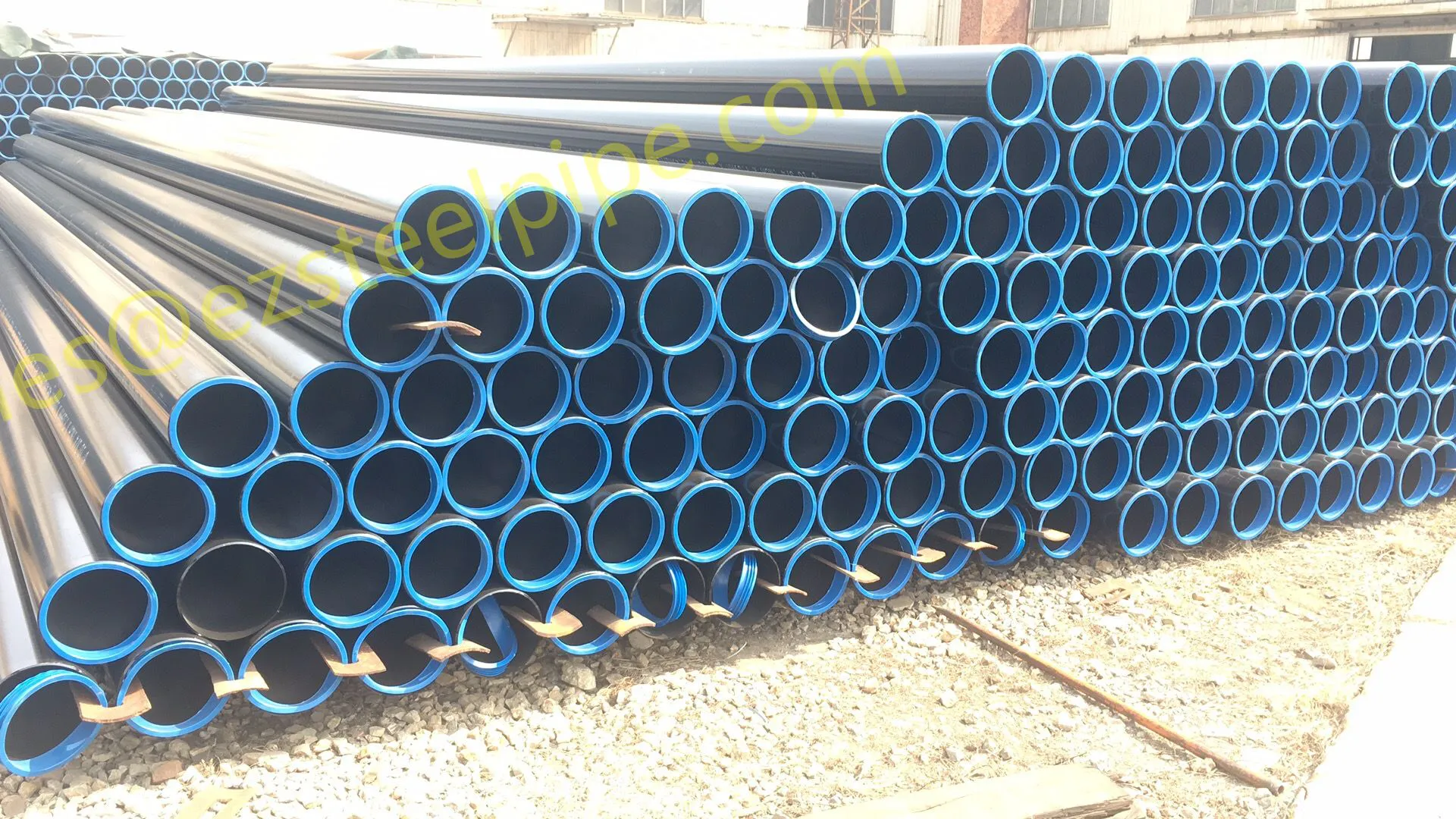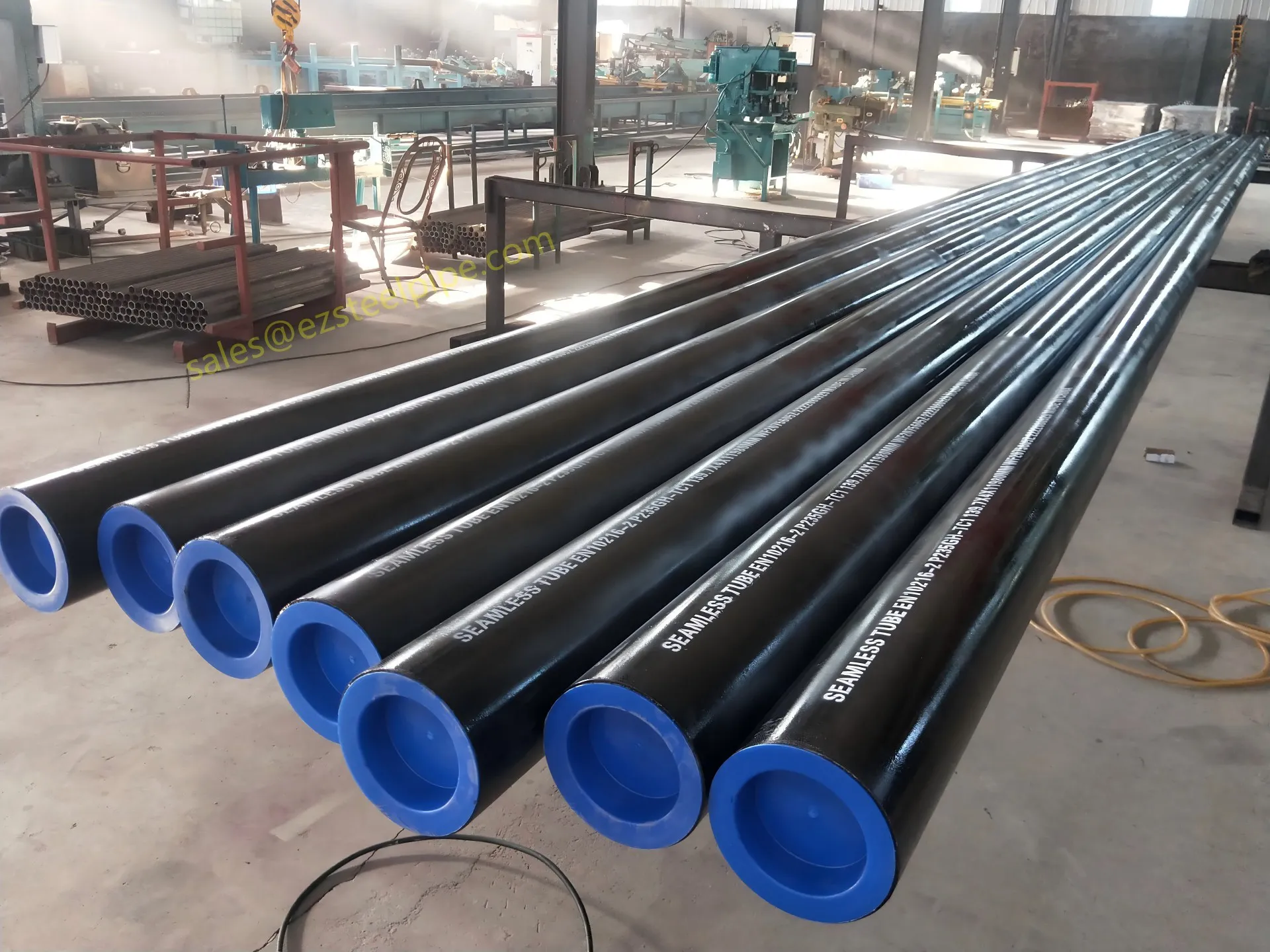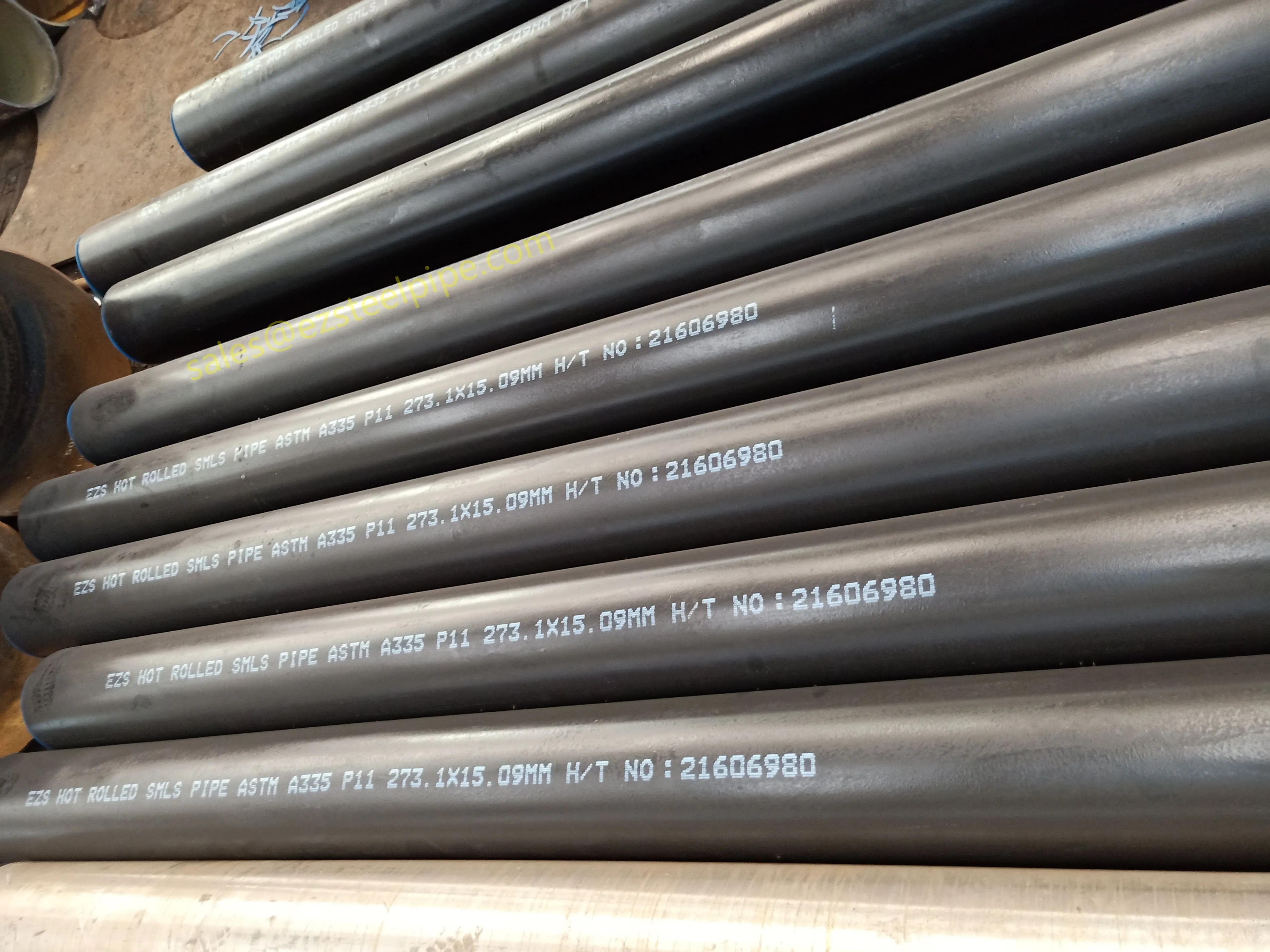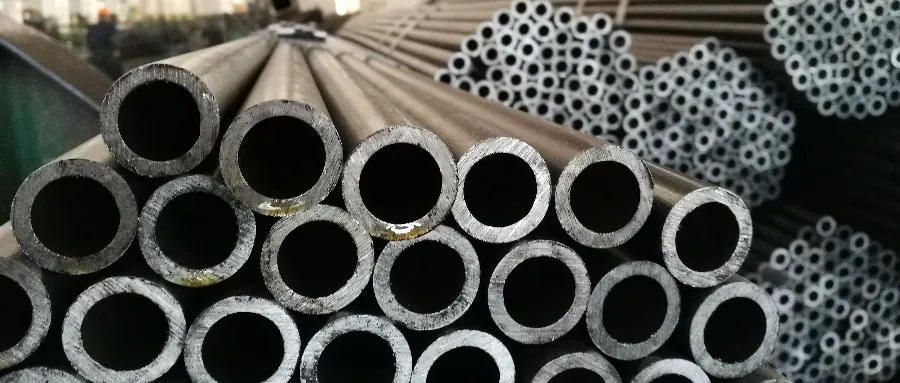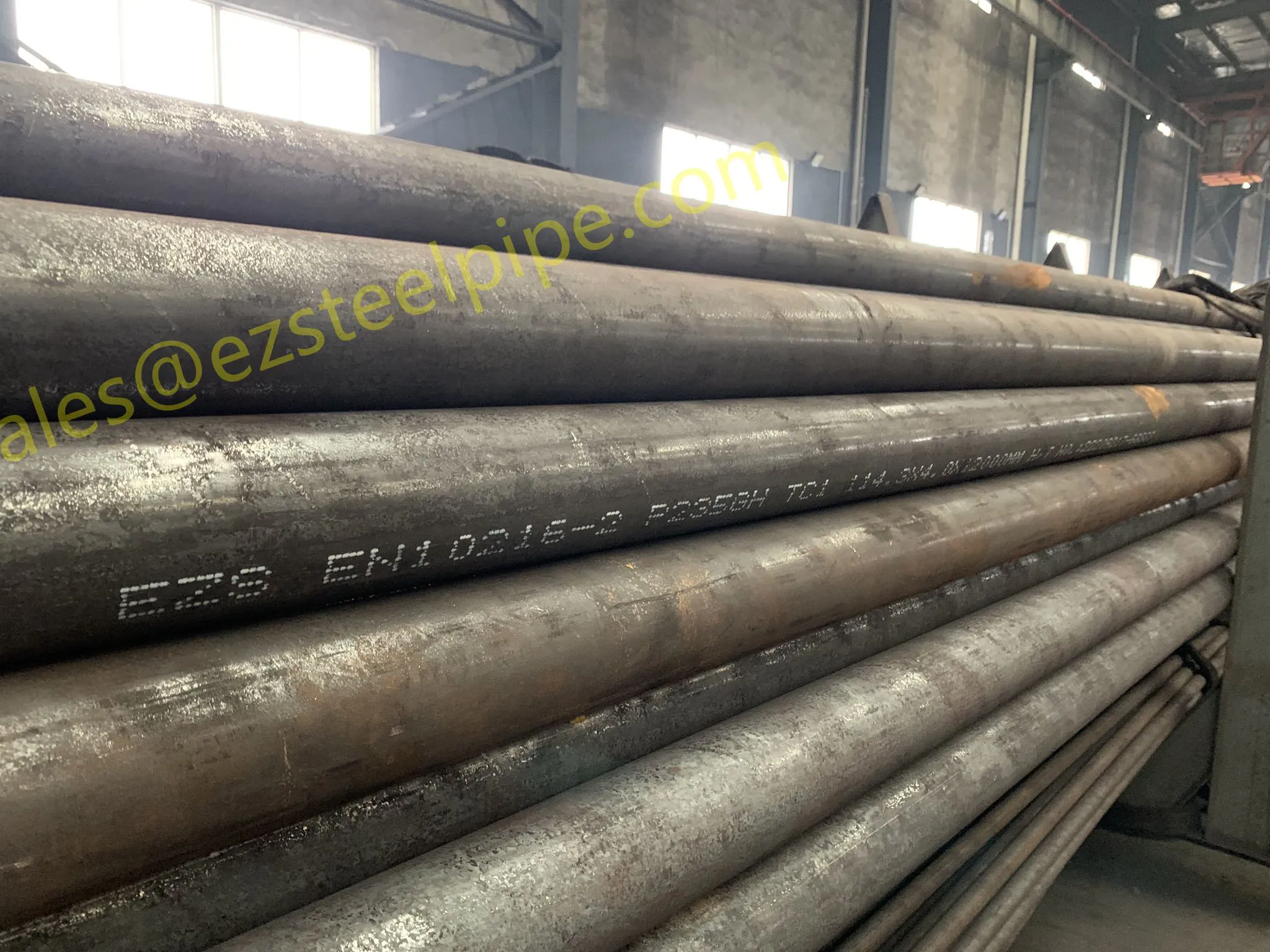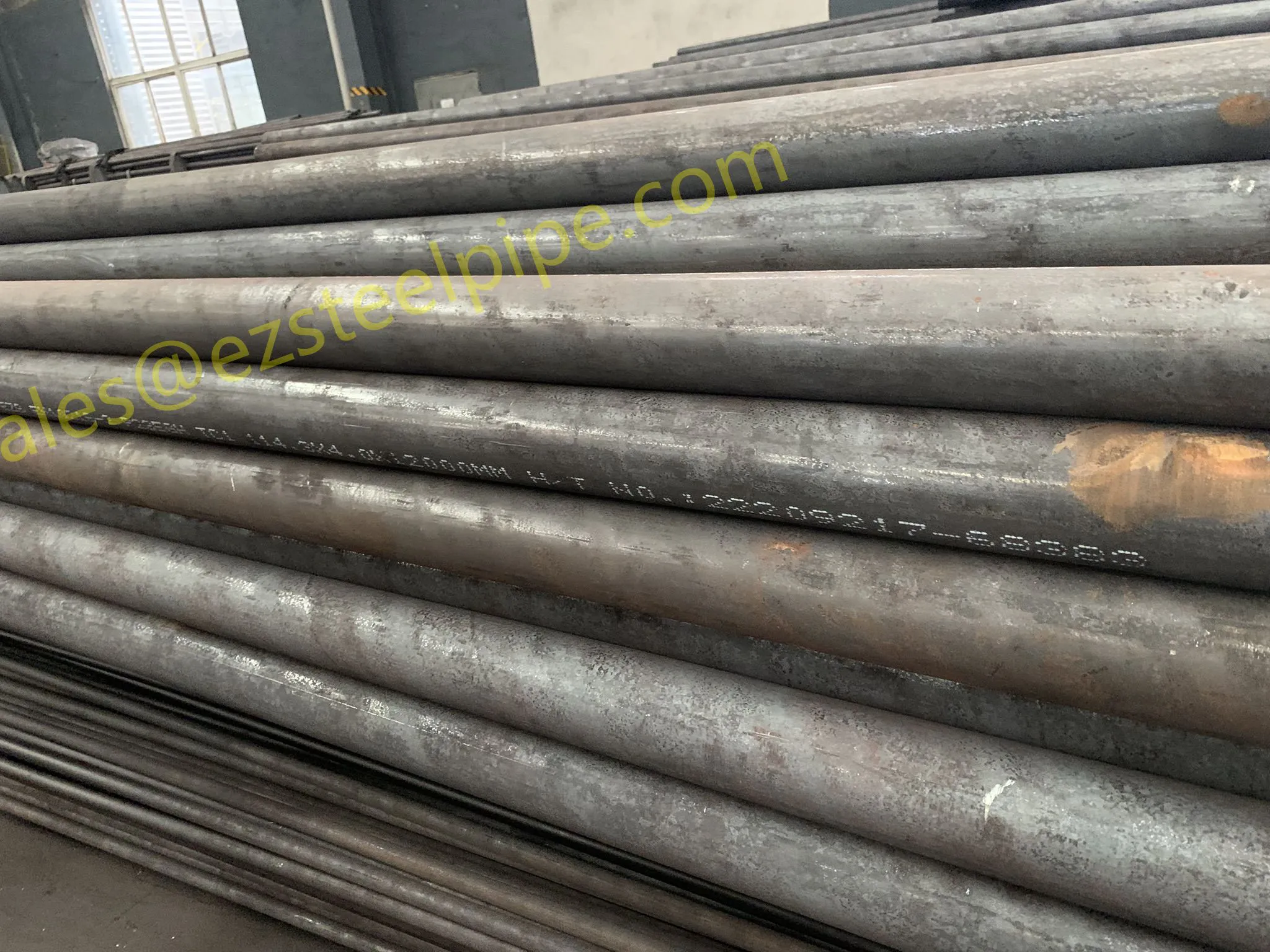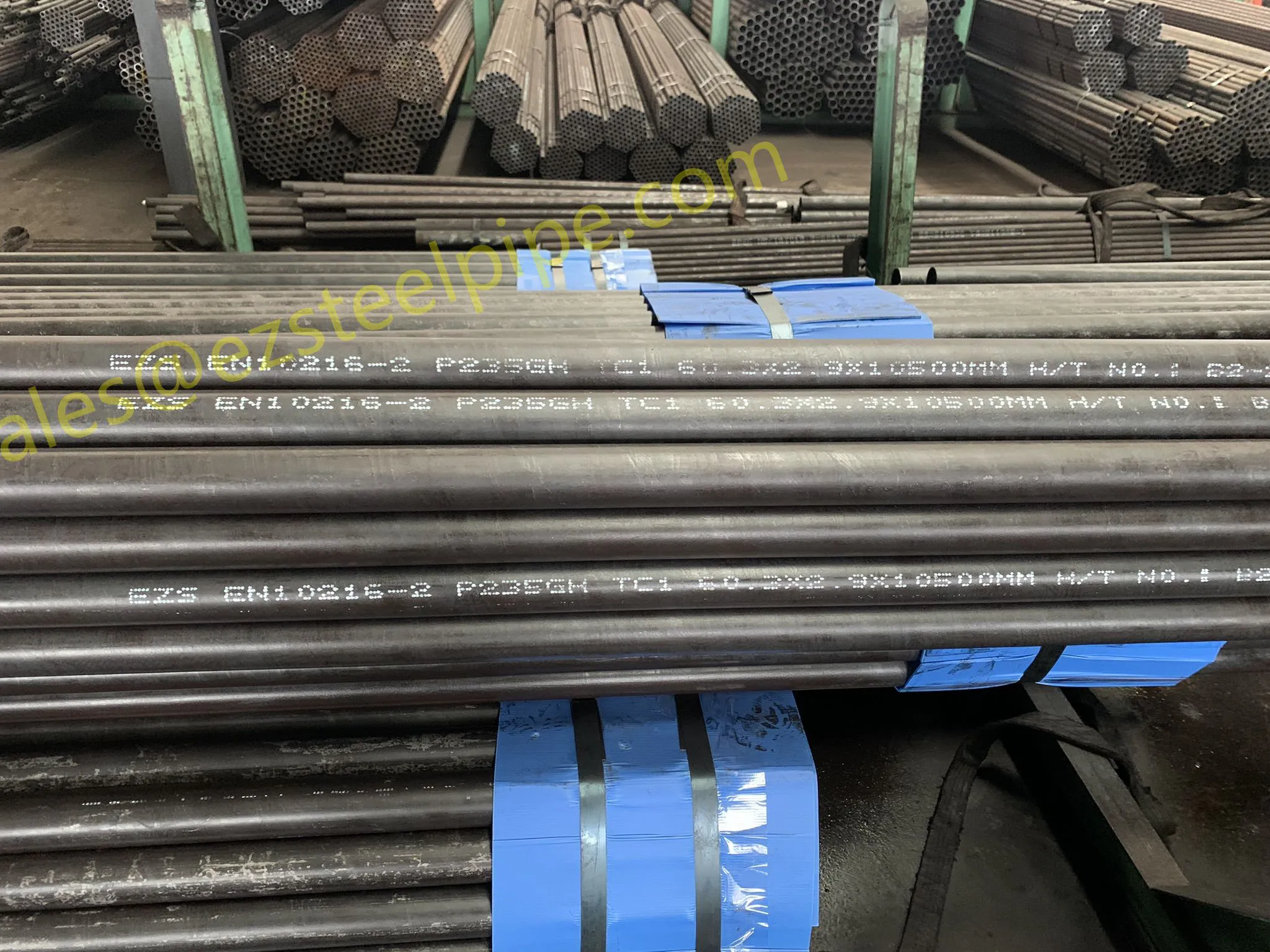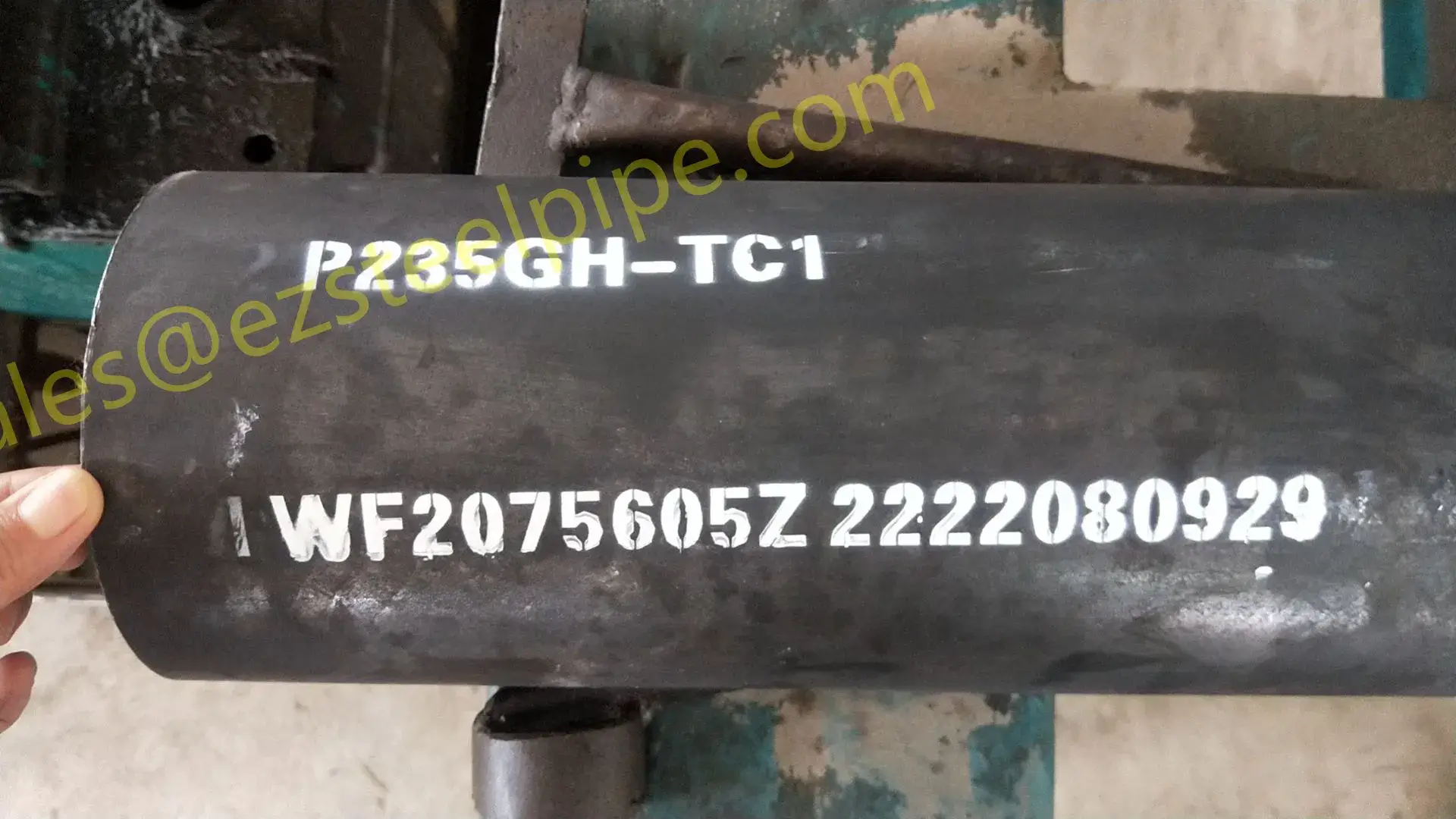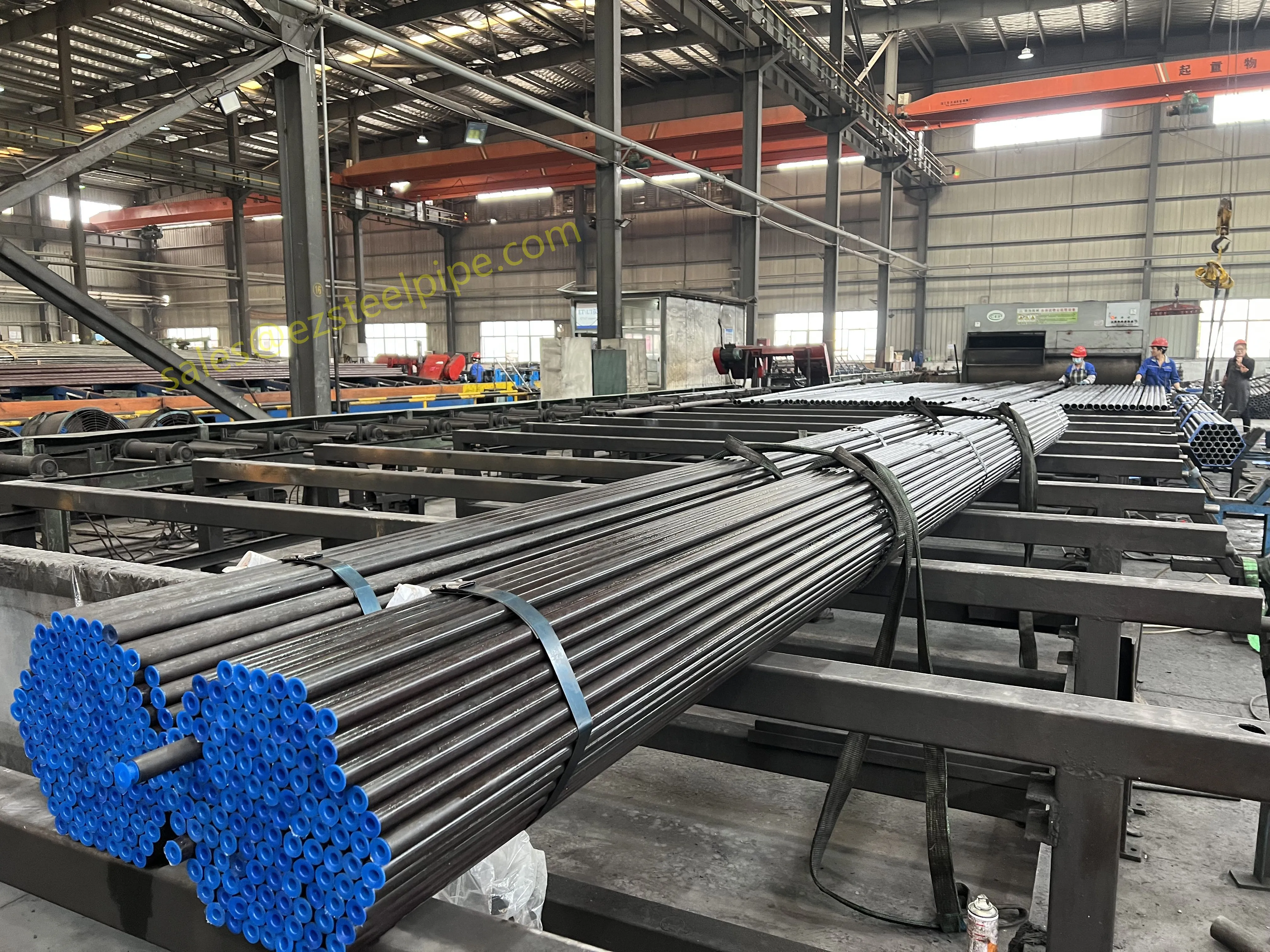When you pour a glass of juice, bite into a canned vegetable, or enjoy a processed snack, you're rarely thinking about the infrastructure that made it possible. But behind every safe, high-quality food product lies a silent hero: the network of pipes that transports ingredients, steam, and liquids through processing facilities. Among these, API 5L pipes stand out as a cornerstone of reliability, especially when it comes to meeting the strict sanitary demands of the food industry. Let's dive into why these pipes are indispensable, how they ensure food safety, and the standards that make them a top choice for processors worldwide.
The Role of API 5L Pipes in Food Processing
API 5L pipes, developed by the American Petroleum Institute, are originally known for their use in oil and gas pipelines, but their reputation for durability and precision has made them a go-to in food processing. Why? Because in food production, even the smallest flaw in a pipe—like a tiny crack or rough surface—can become a breeding ground for bacteria, risking contamination. API 5L pipes are engineered to avoid that. They're designed with seamless construction, smooth interiors, and materials that resist corrosion, ensuring that everything from milk to tomato paste flows through without picking up unwanted particles or pathogens.
But it's not just about avoiding contamination. These pipes also handle high temperatures (think steam for pasteurization) and pressure (like in hydraulic systems), making them versatile enough to keep up with the fast-paced, high-stakes world of food processing. Whether you're moving fruit puree, cleaning chemicals, or hot water for sanitizing, API 5L pipes are built to perform consistently—no shortcuts, no compromises.
Sanitary Standards: Why They're Non-Negotiable
Food processing isn't just about taste—it's about trust. Regulators like the FDA (U.S.) and EFSA (EU) have strict rules for equipment that comes into contact with food, and pipes are no exception. Sanitary standards for these pipes cover everything from material composition to surface finish. For example, the interior of a food-grade pipe must be so smooth that it's easy to clean with CIP (Clean-in-Place) systems, leaving no crevices for bacteria to hide. Welds, if present, must be polished to match the pipe's surface, eliminating weak points where contamination could start.
API 5L pipes meet these standards head-on. Their manufacturing processes prioritize uniformity, and many are certified to comply with 3-A Sanitary Standards or FDA guidelines. This certification isn't just a stamp of approval—it's a promise that the pipe won't leach harmful substances into food, even under the stress of daily use. For processors, that means peace of mind: knowing their infrastructure is up to code, and their products are safe for consumers.
Material Matters: Choosing the Right API 5L Pipe for Food Safety
Not all API 5L pipes are created equal, especially when it comes to food processing. The material used can make or break a pipe's suitability for sanitary applications. Let's break down the top choices:
| Material | Key Properties | Best For |
|---|---|---|
| Stainless Steel (304/316) | Corrosion-resistant, non-reactive, easy to clean, smooth surface finish | Direct contact with acidic foods (316), general food transport (304), high-humidity environments |
| Carbon Steel | Strong, cost-effective, durable under pressure | Non-food contact applications (e.g., steam lines, structural support) |
| Copper-Nickel Alloy | Resistant to biofouling, ideal for wet environments | Water transport, cooling systems (less common in direct food contact) |
Stainless steel is the gold standard here—and for good reason. Take 316 stainless steel, for example: it contains molybdenum, which makes it extra resistant to acids (think citrus juices or vinegar-based products). Many processors opt for custom stainless steel tube options, where they can specify exact diameters, wall thicknesses, or polished finishes to fit unique processing lines. This flexibility ensures the pipe works seamlessly with their equipment, whether it's a small craft brewery or a large-scale canning facility.
Carbon steel, while strong, is typically used for non-food-contact roles, like structural support or transporting non-corrosive fluids (e.g., water for cleaning). It's a budget-friendly choice, but it lacks the non-reactive properties needed for direct food contact. For that, stainless steel remains the clear winner.
Applications: Where API 5L Pipes Shine in Food Processing
API 5L pipes aren't a one-trick pony—they're workhorses across multiple stages of food production. Here are a few key applications:
1. Pipeline Works for Ingredient Transport
From raw materials (like grains, sugars, or liquid starches) to intermediate products (such as syrups or purees), pipeline works are the circulatory system of a food plant. API 5L pipes, with their smooth interiors, ensure that these materials flow evenly without getting stuck or spoiling. In facilities where cross-contamination is a risk (e.g., dairy and nut processing), dedicated API 5L pipelines for each ingredient prevent mix-ups, keeping allergens in check.
2. Pressure Tubes for Heat Processing
Pasteurization, sterilization, and cooking all rely on high-pressure, high-temperature systems. Pressure tubes made to API 5L standards handle this stress effortlessly. For example, in a dairy plant, these tubes transport milk through heat exchangers, where it's heated to kill bacteria and then cooled—all while maintaining the pipe's integrity. The result? Safe, shelf-stable milk that reaches consumers without compromise.
3. Custom Solutions for Unique Needs
Not every food processor has the same needs. A craft brewery might require small-diameter pipes for hop transport, while a tomato cannery needs large-diameter tubes for pumping sauce. That's where custom API 5L pipes come in. Suppliers offer tailored options, from custom stainless steel tube bends to specialized coatings that resist abrasion (important for chunky ingredients like peas or corn). These custom solutions ensure that even the most unique processing lines run smoothly.
Fittings and Accessories: The Unsung Heroes of Sanitary Systems
A pipe is only as good as its connections. In food processing, fittings like pipe flanges , gaskets, and valves must meet the same sanitary standards as the pipes themselves. API 5L systems often use flanges with smooth, crevice-free designs to prevent bacterial buildup. Gaskets, made from food-grade materials like silicone or EPDM, create tight seals without leaching chemicals. Even valves are designed for easy disassembly, so workers can clean every nook during routine maintenance.
It's a holistic approach: every component, from the pipe to the bolt holding the flange, is chosen with food safety in mind. This attention to detail is why API 5L systems are trusted by processors who can't afford mistakes.
Why API 5L Stands Out in a Crowded Market
With so many pipe options available, why stick with API 5L? The answer lies in consistency. API 5L is a globally recognized standard, meaning pipes made to this specification meet the same high criteria whether they're manufactured in the U.S., Europe, or Asia. This uniformity is crucial for multinational food companies that operate facilities worldwide—they can trust that the pipes in their German plant perform just as well as those in their Brazilian facility.
Additionally, API 5L pipes are built to last. Their resistance to corrosion and wear means they need fewer replacements, reducing downtime and long-term costs. For food processors, where every minute of production counts, this reliability is priceless.
Looking Ahead: The Future of API 5L in Food Processing
As food safety regulations grow stricter and consumer demand for transparency rises, the role of API 5L pipes will only become more important. Innovations like smart pipes with sensors that detect leaks or contamination are on the horizon, adding another layer of protection. Meanwhile, the shift toward sustainable processing is pushing manufacturers to develop API 5L pipes from recycled materials, reducing the industry's carbon footprint.
But at its core, the value of API 5L remains the same: it's a promise of safety, durability, and precision. For food processors, that promise isn't just about compliance—it's about building trust with consumers who deserve nothing less than the best.
So the next time you enjoy a processed food, take a moment to appreciate the API 5L pipes that helped make it possible. They may not be visible, but their impact is undeniable: keeping our food safe, one flow at a time.
 export@ezsteelpipe.com
export@ezsteelpipe.com +86 731 8870 6116
+86 731 8870 6116






 Related Products
Related Products

